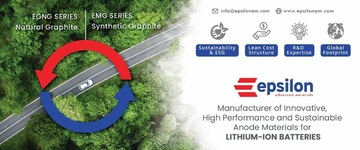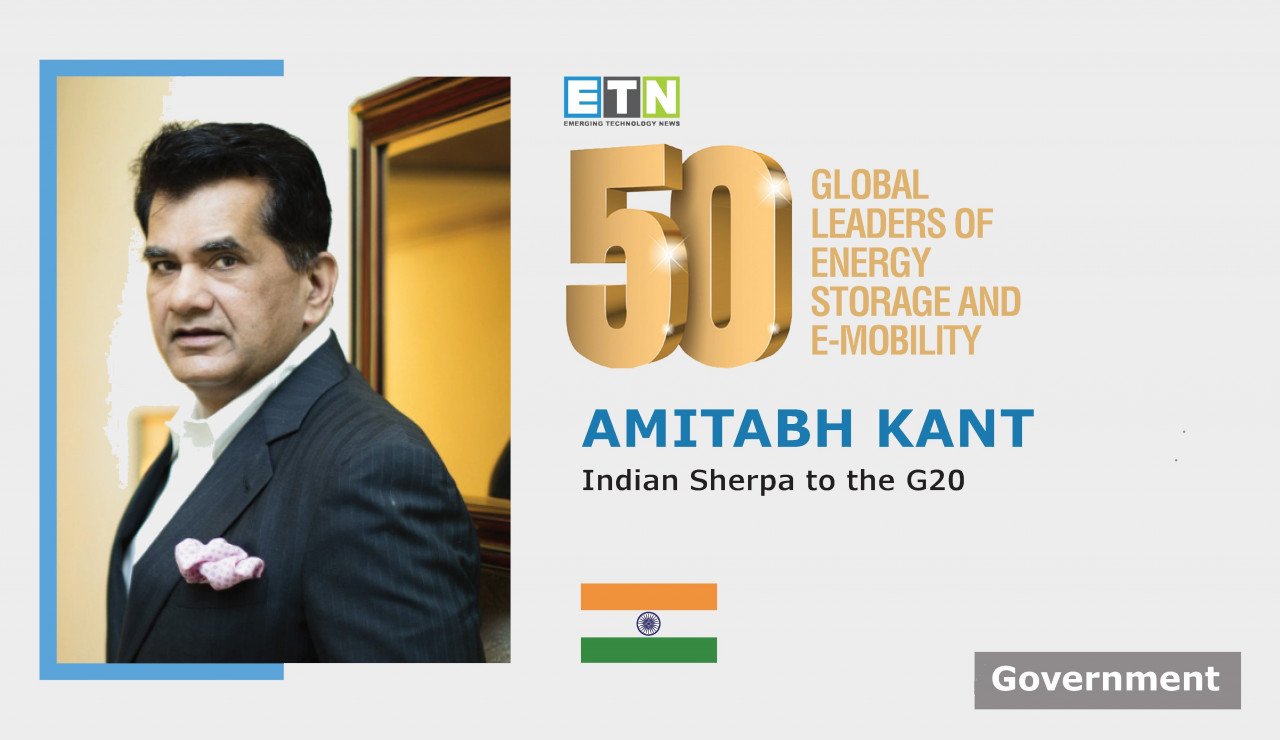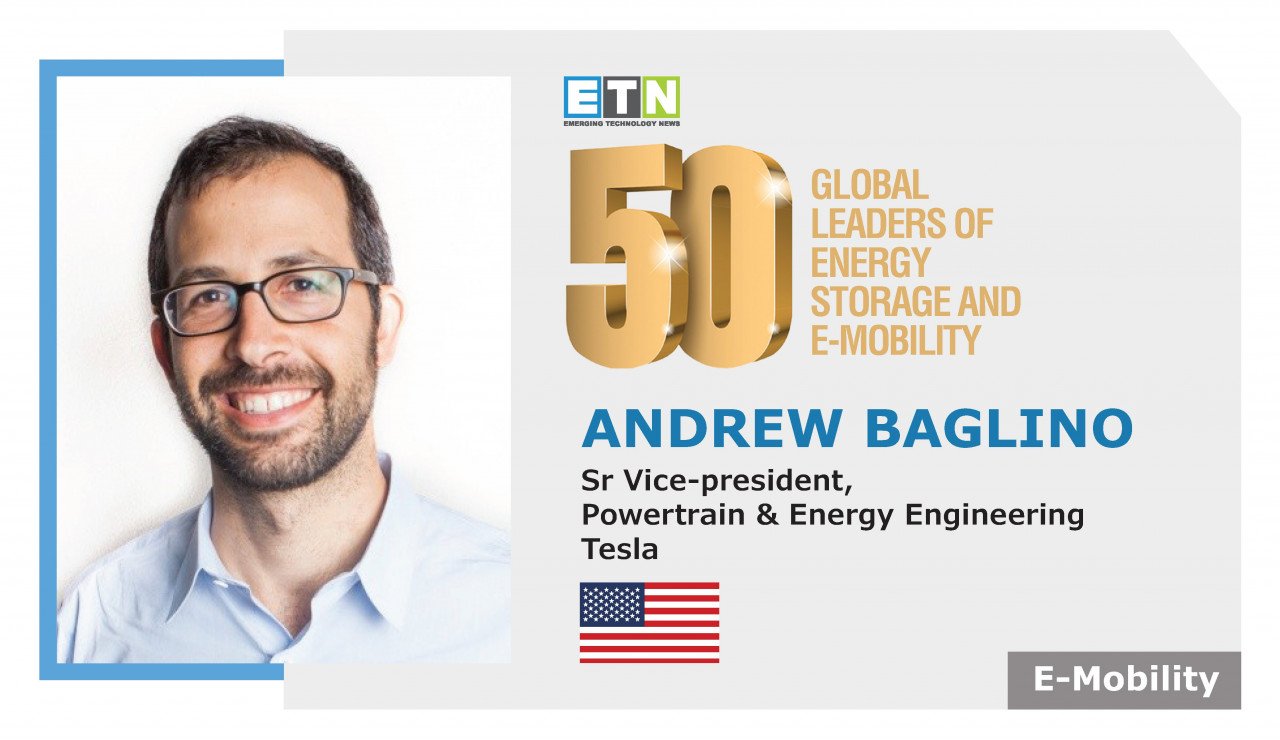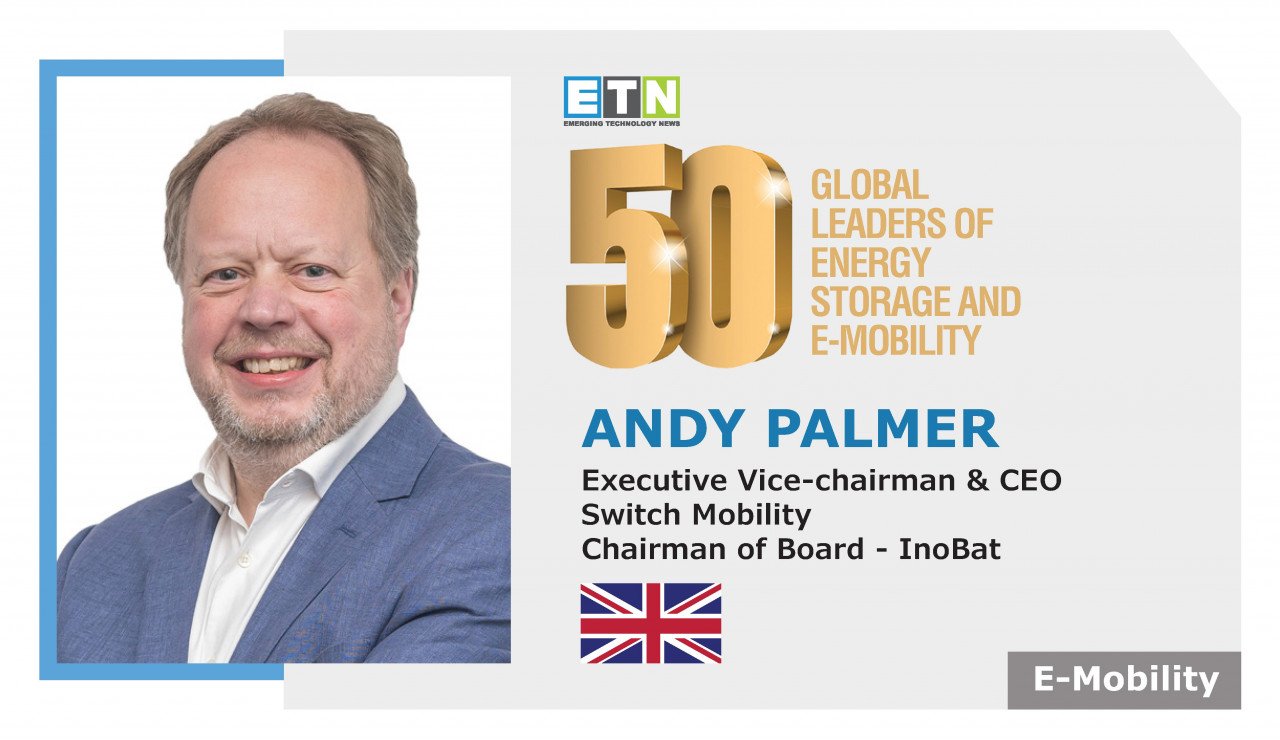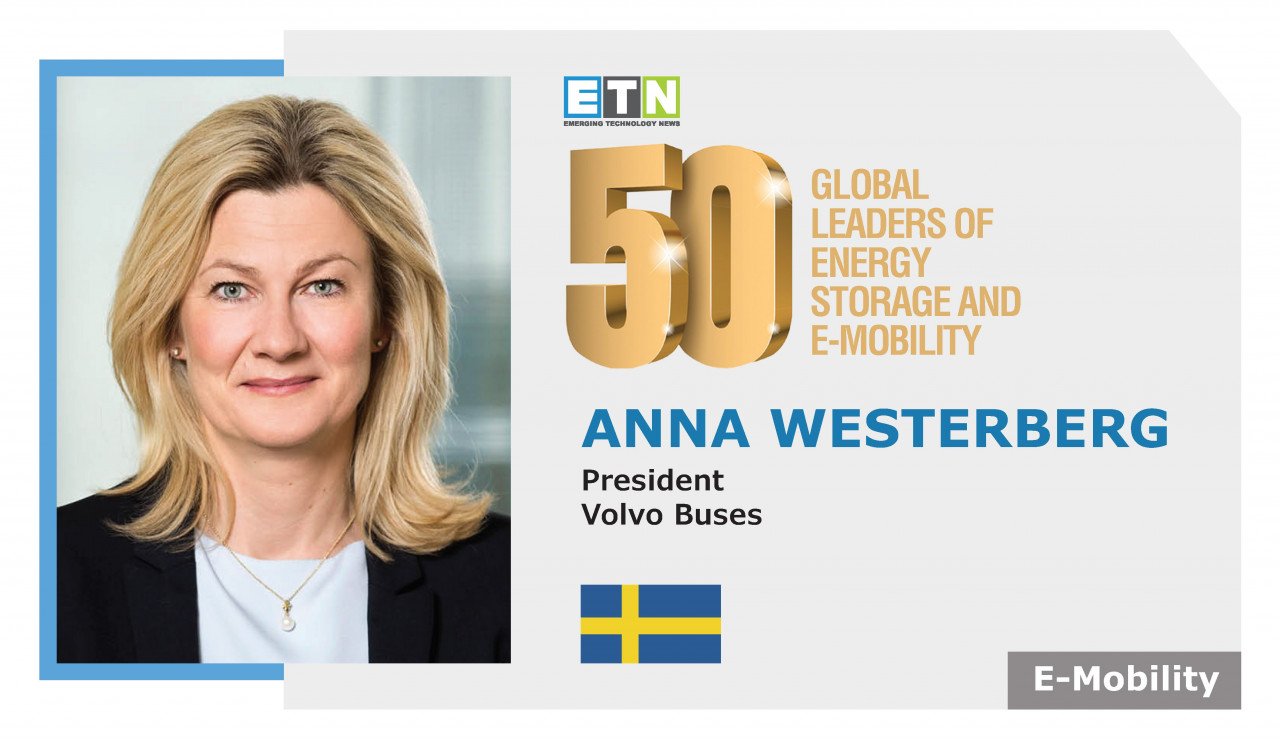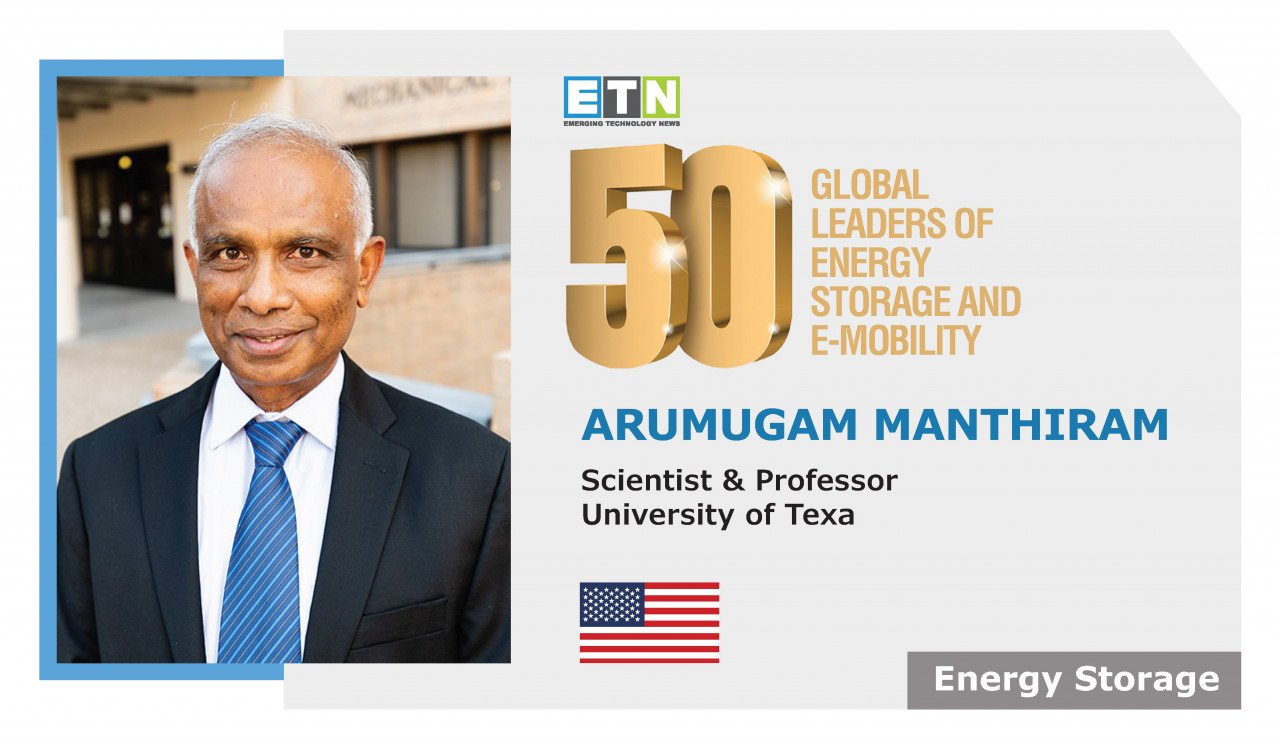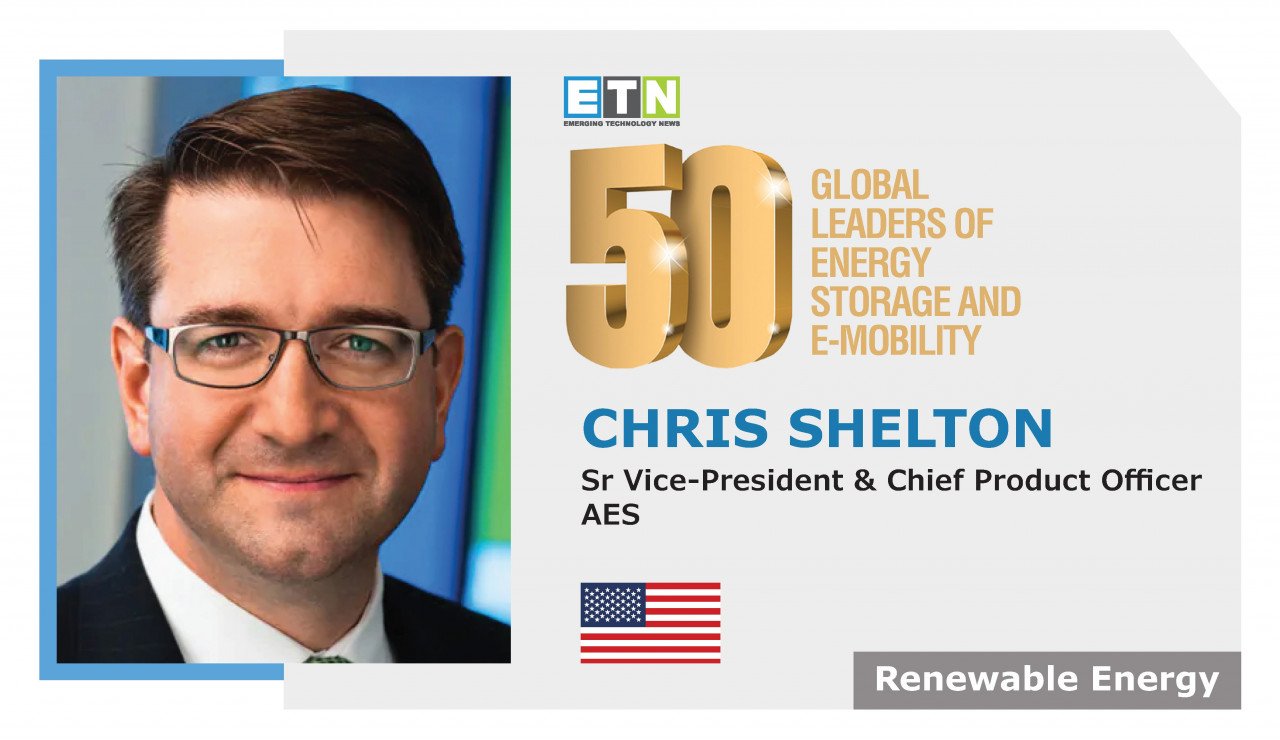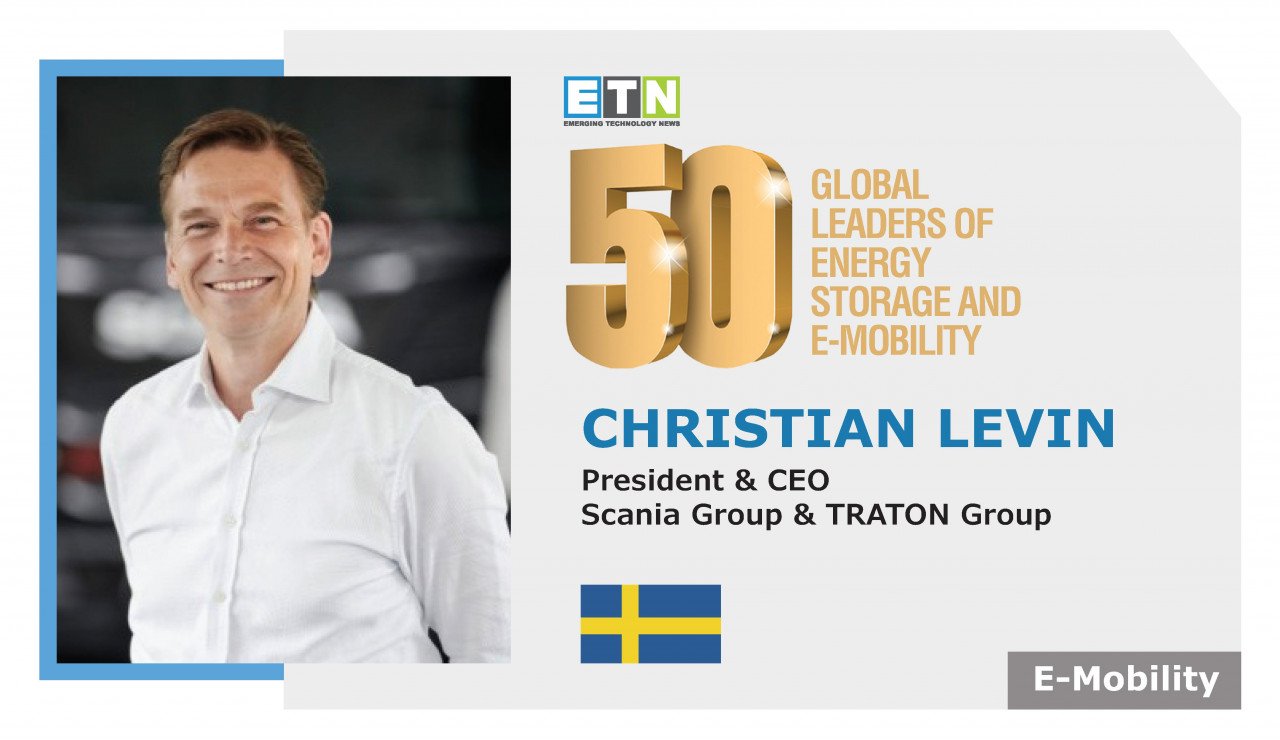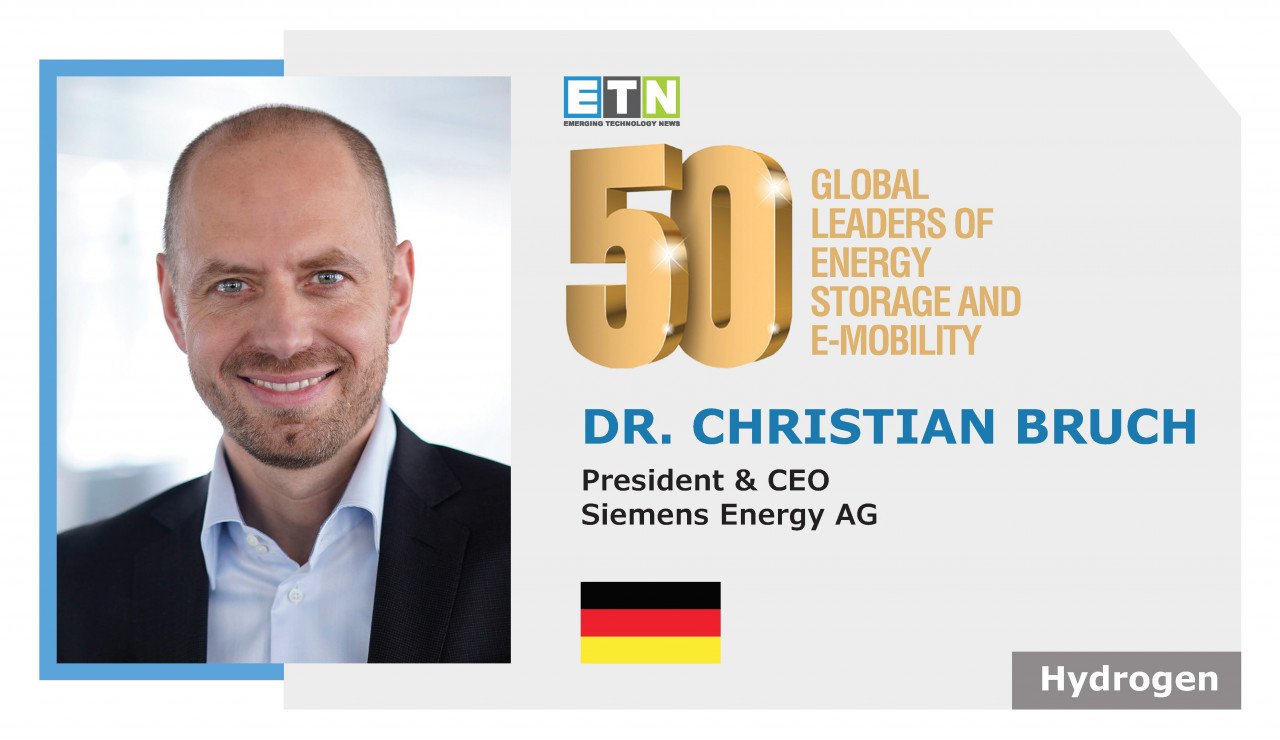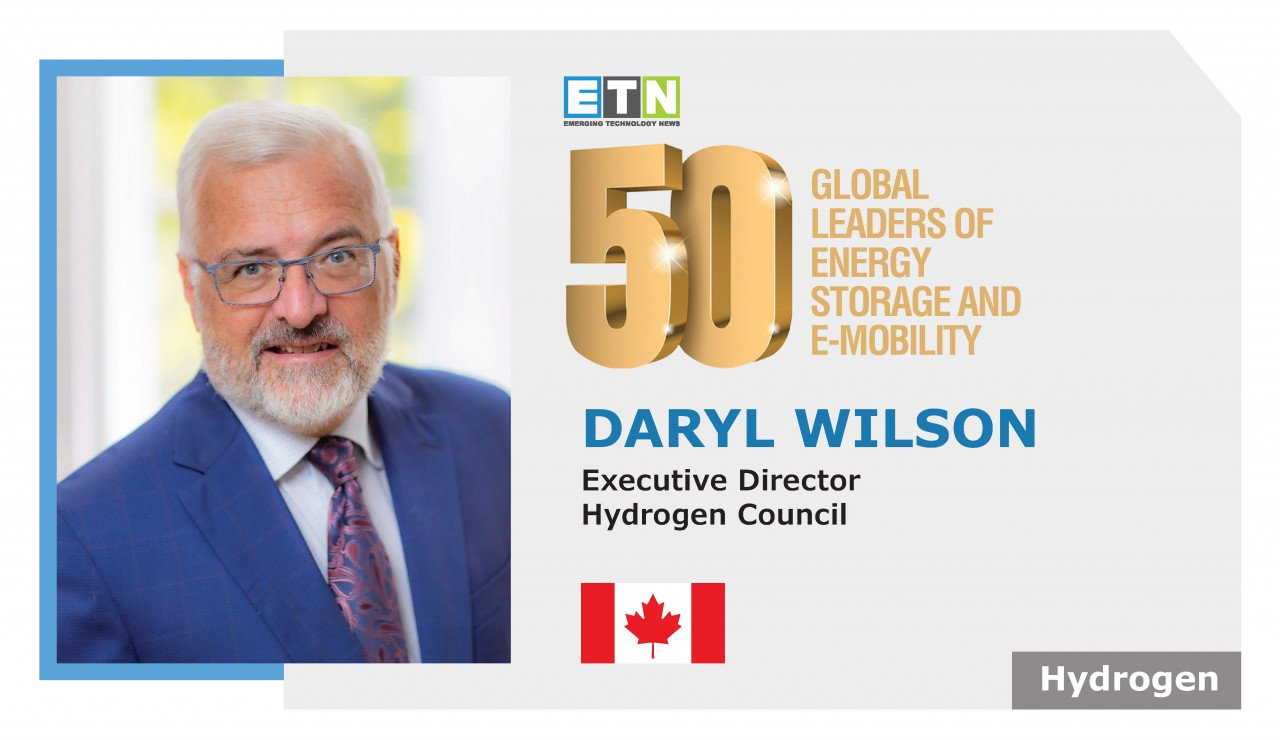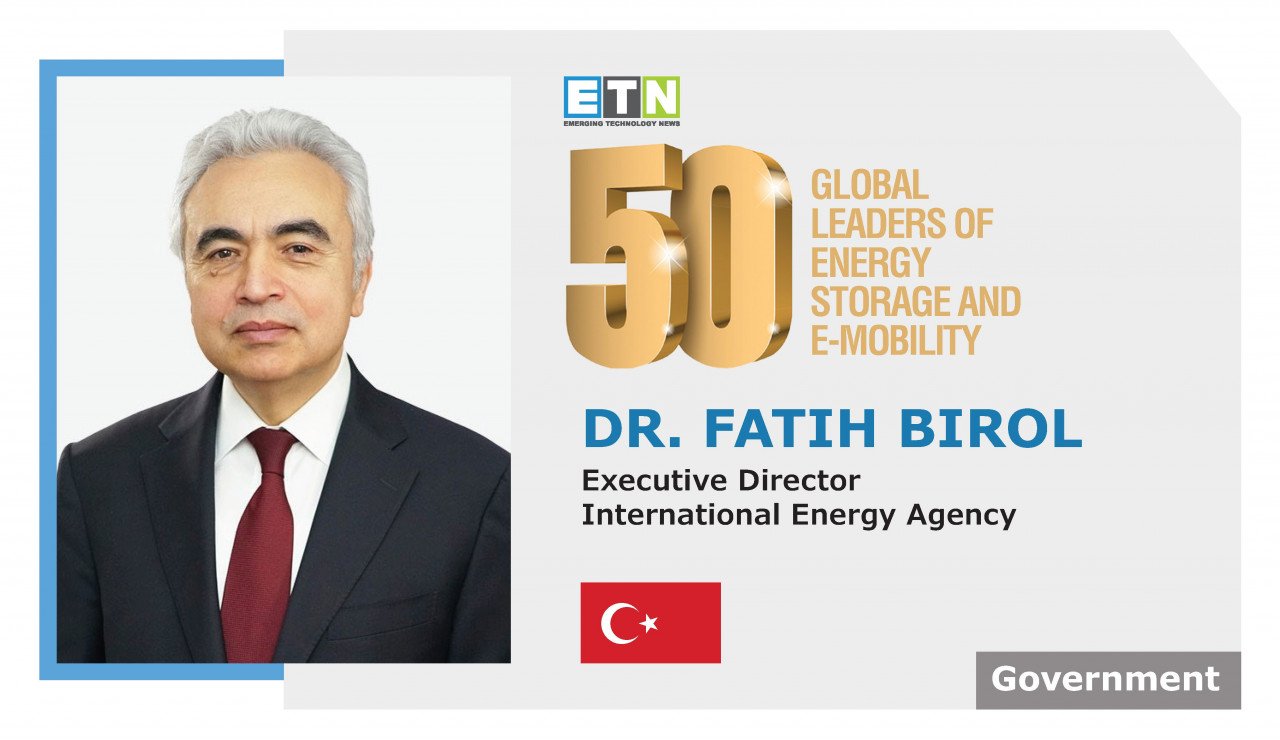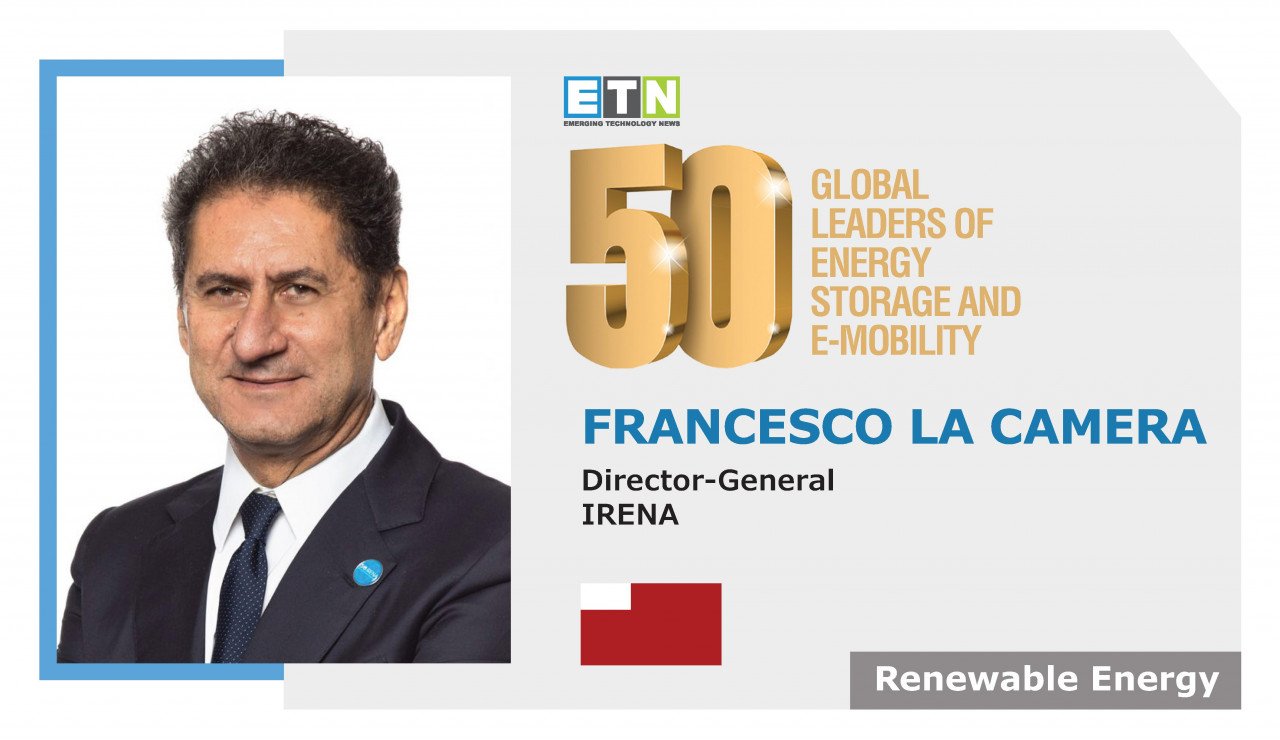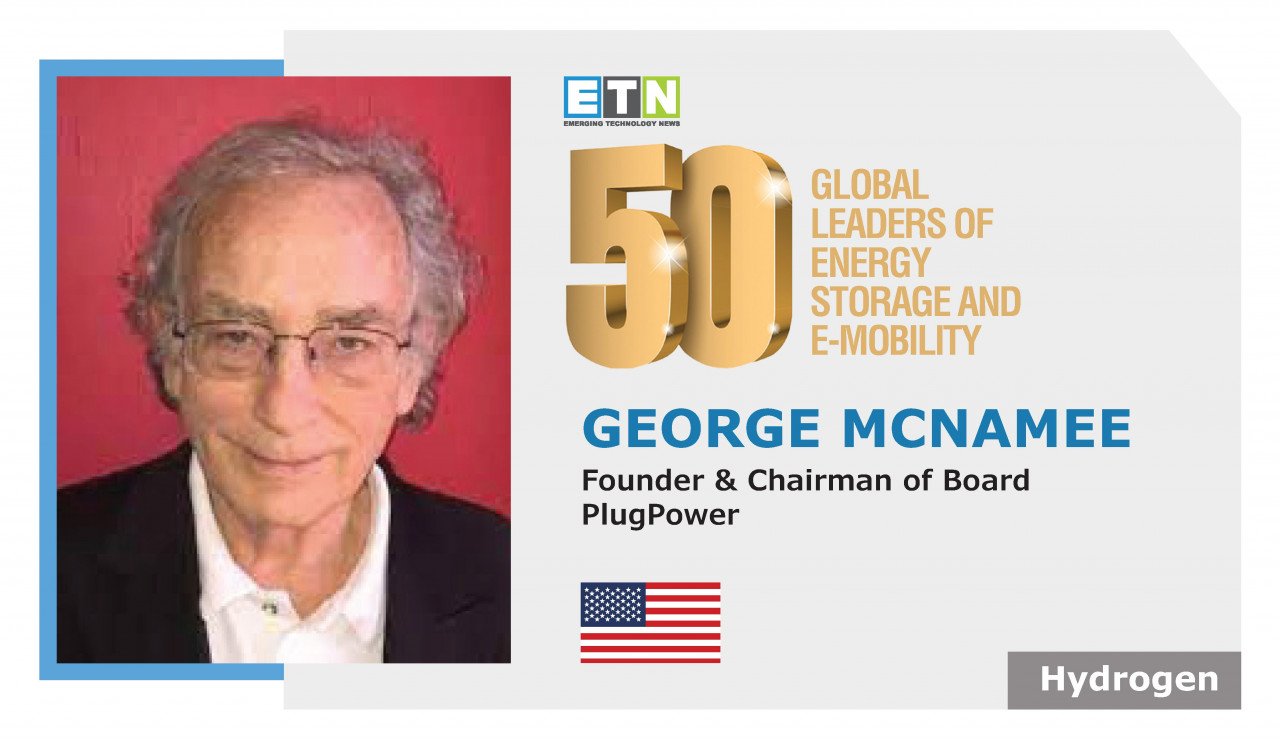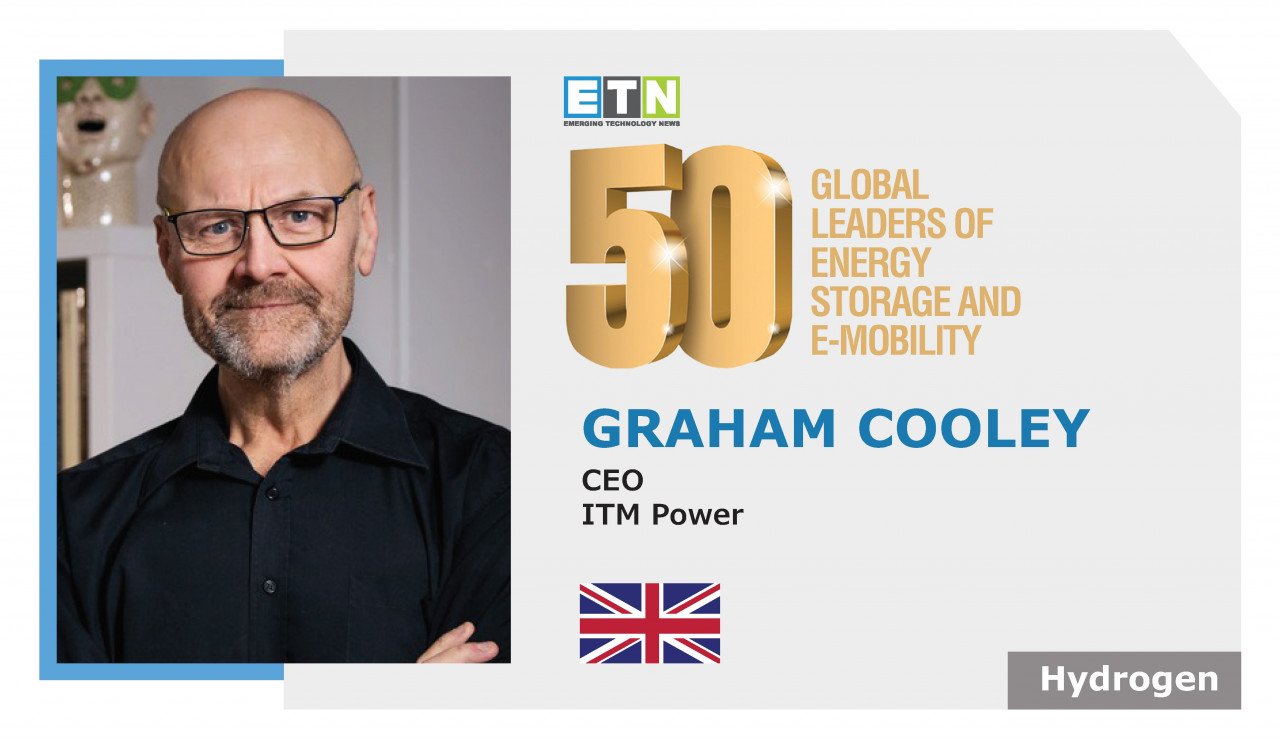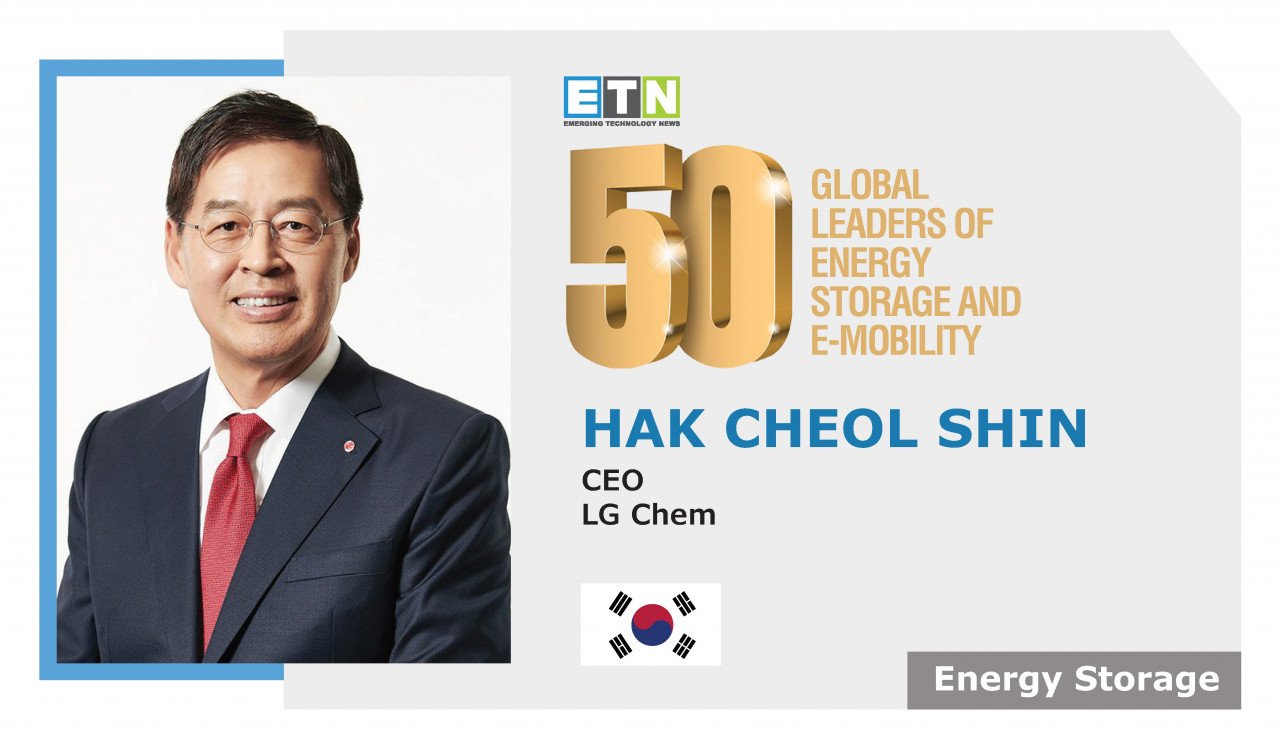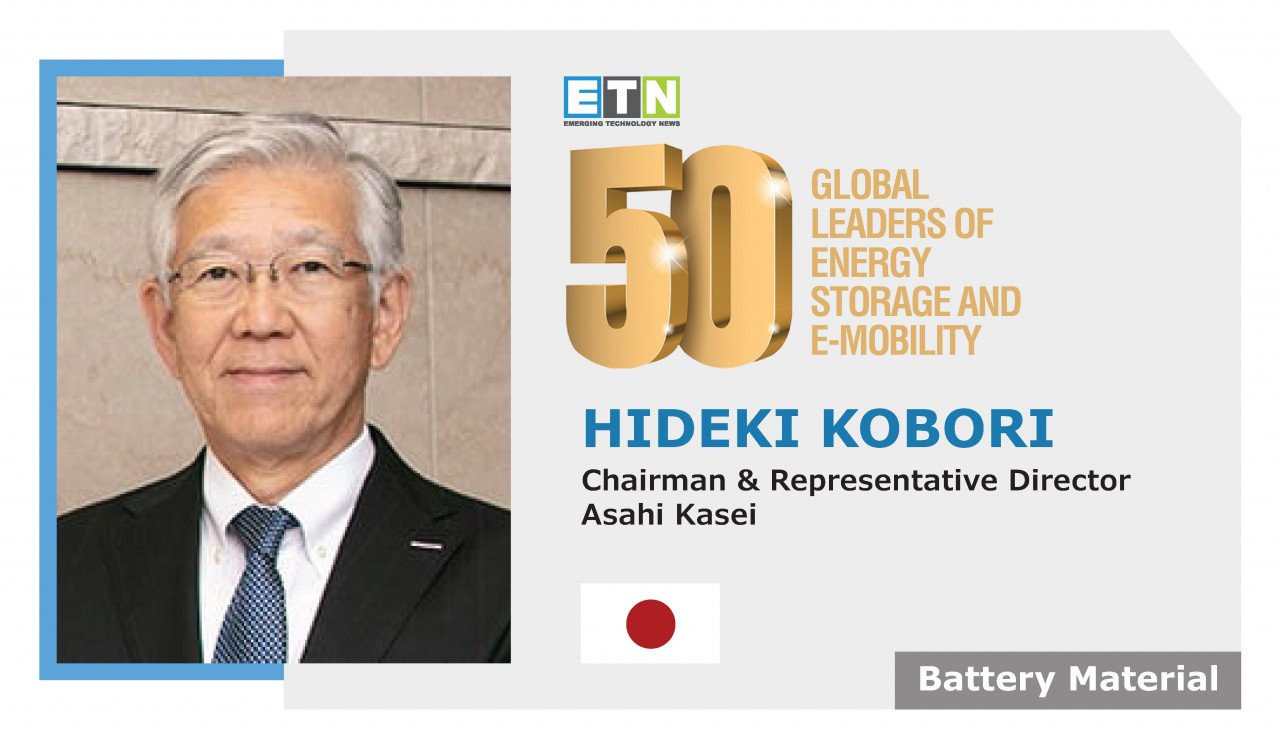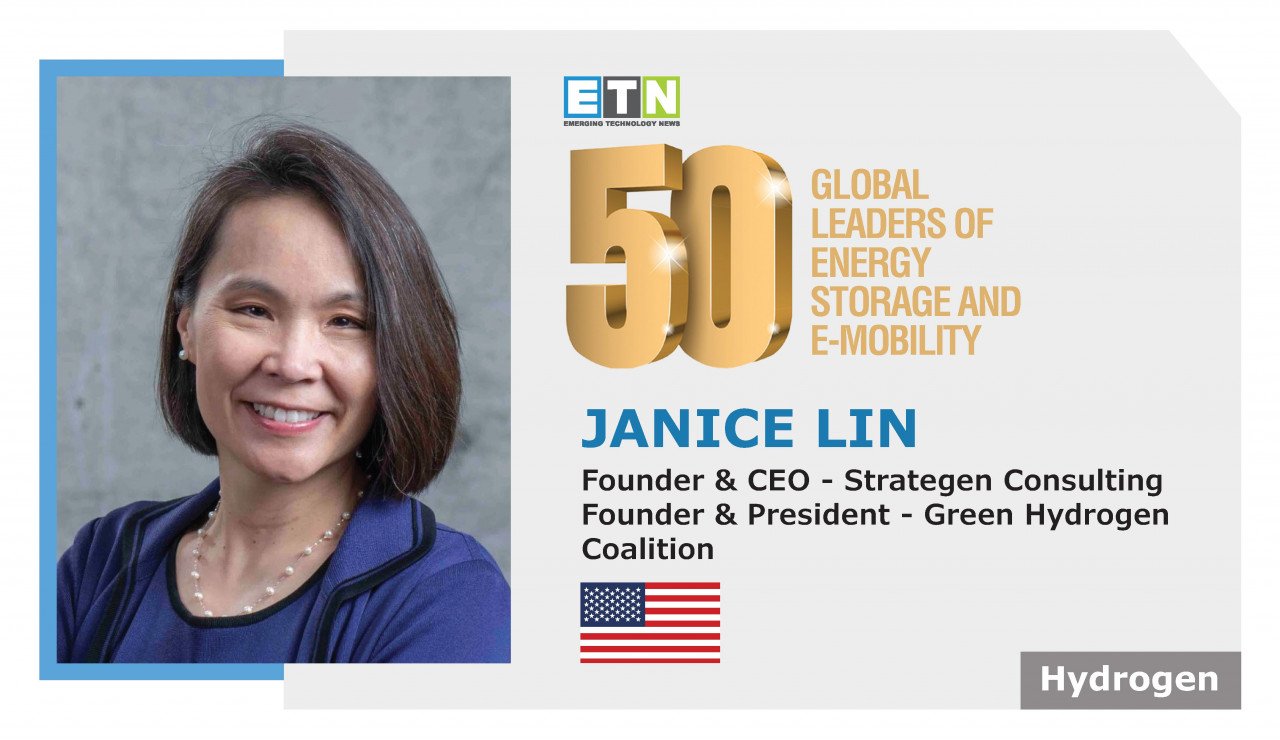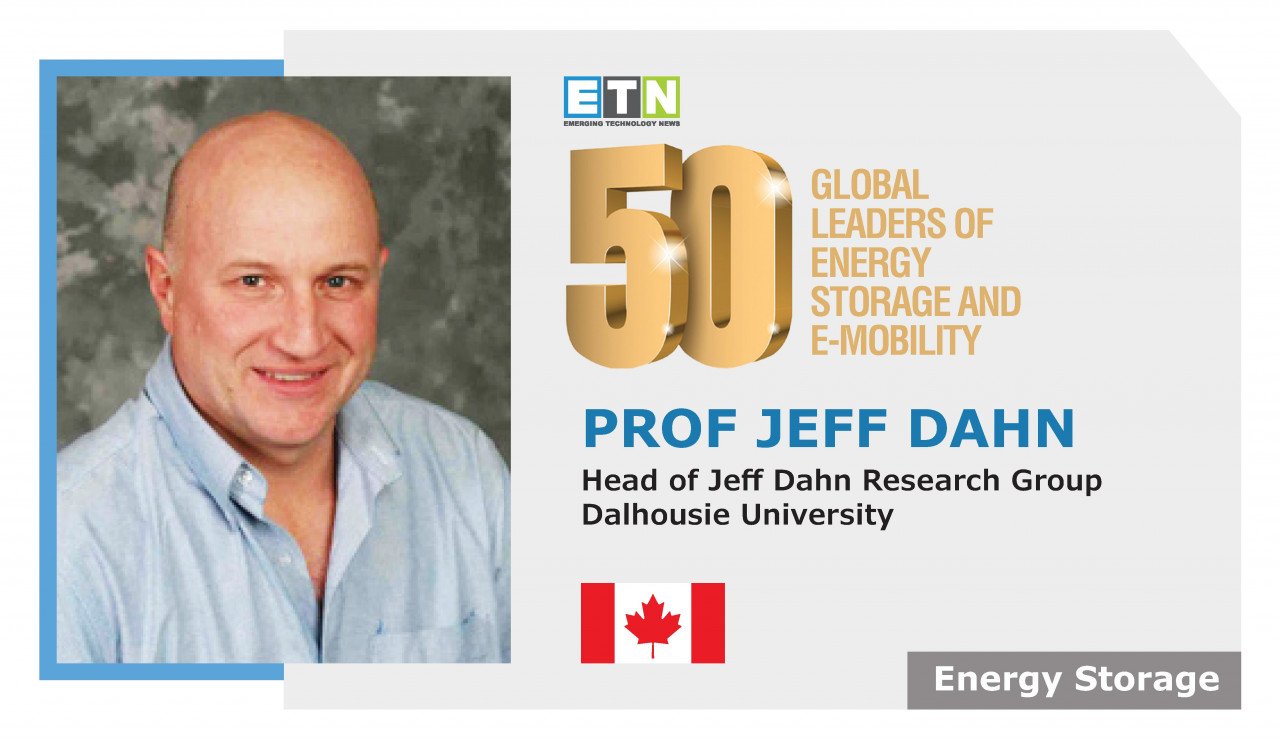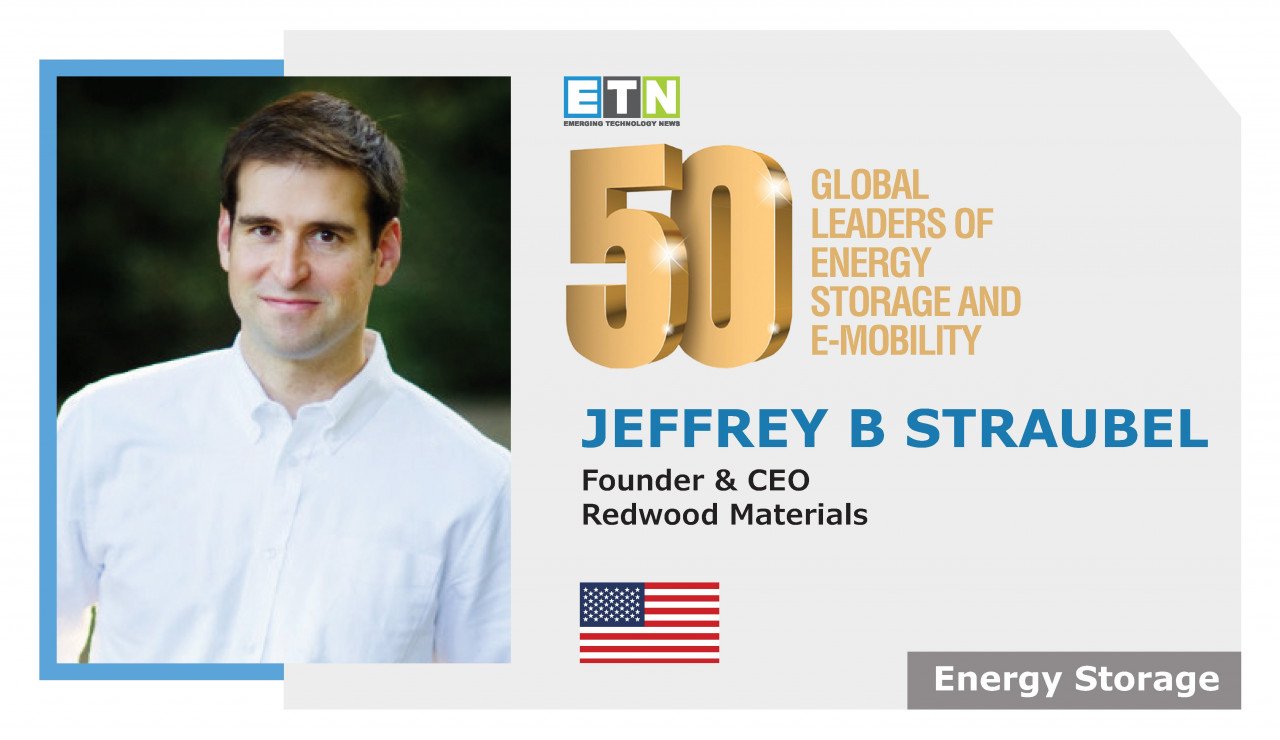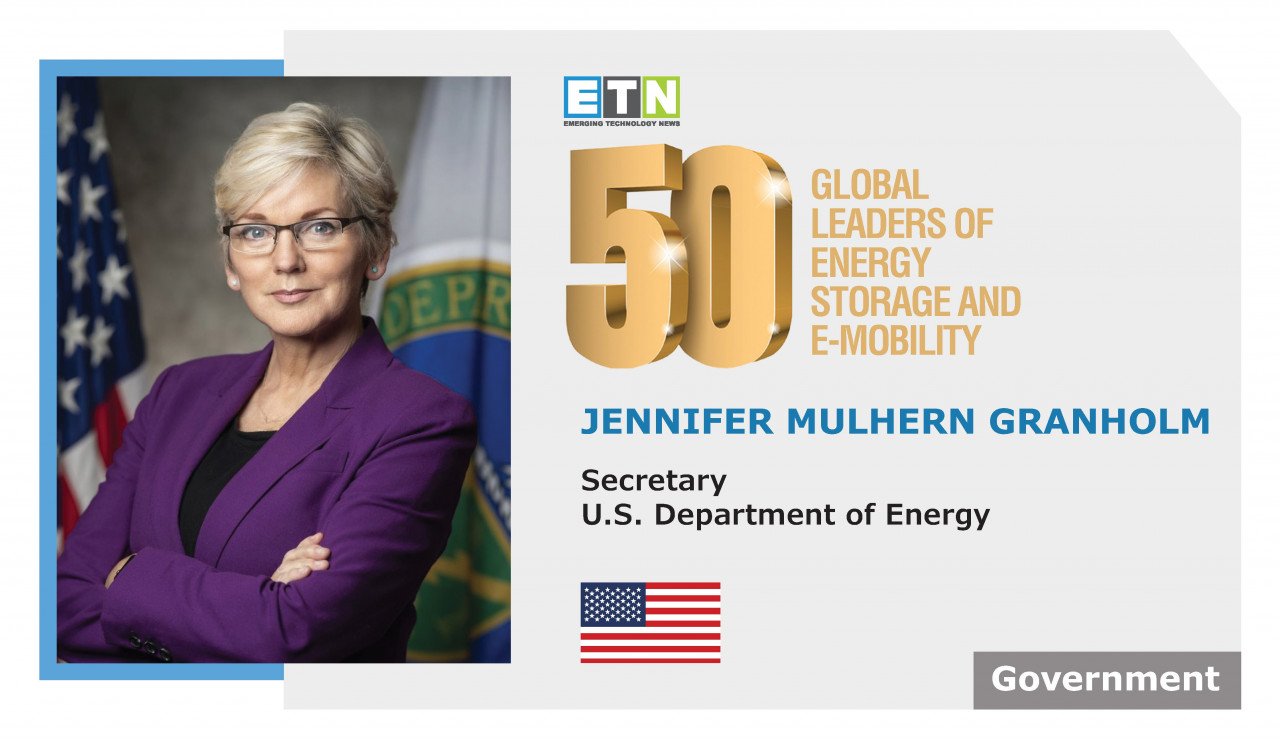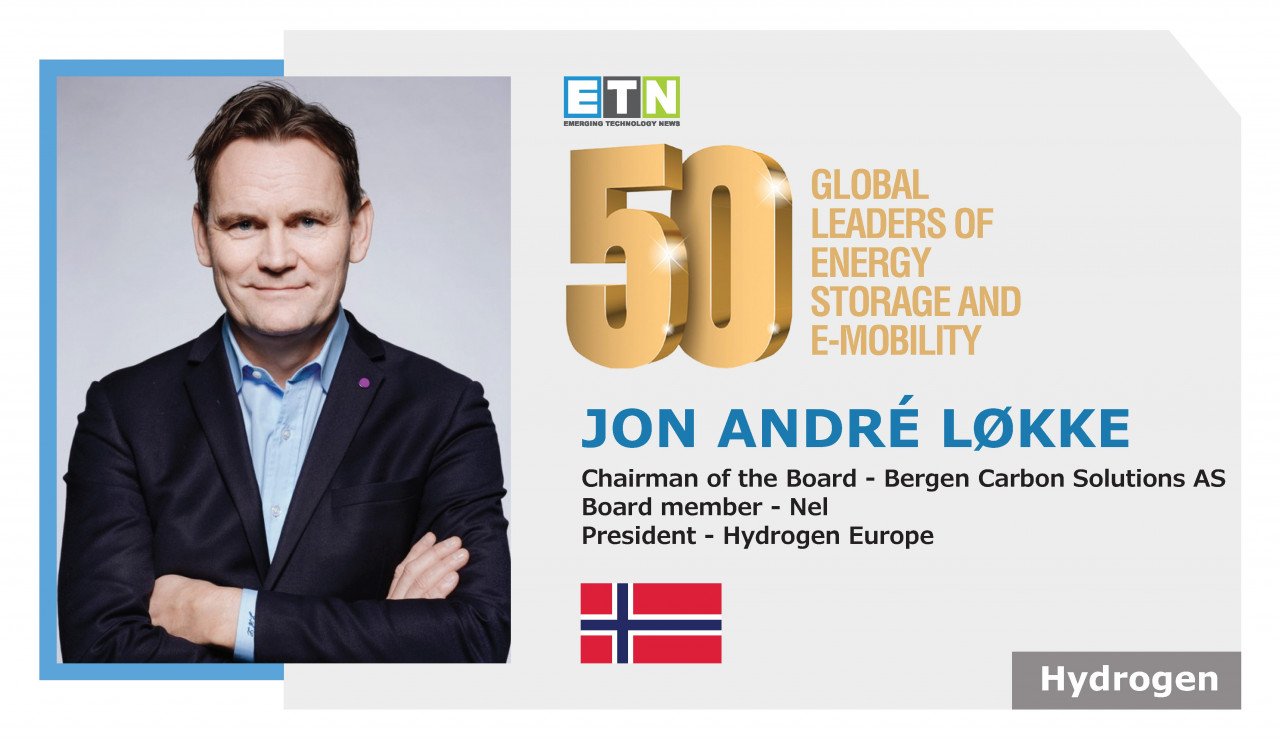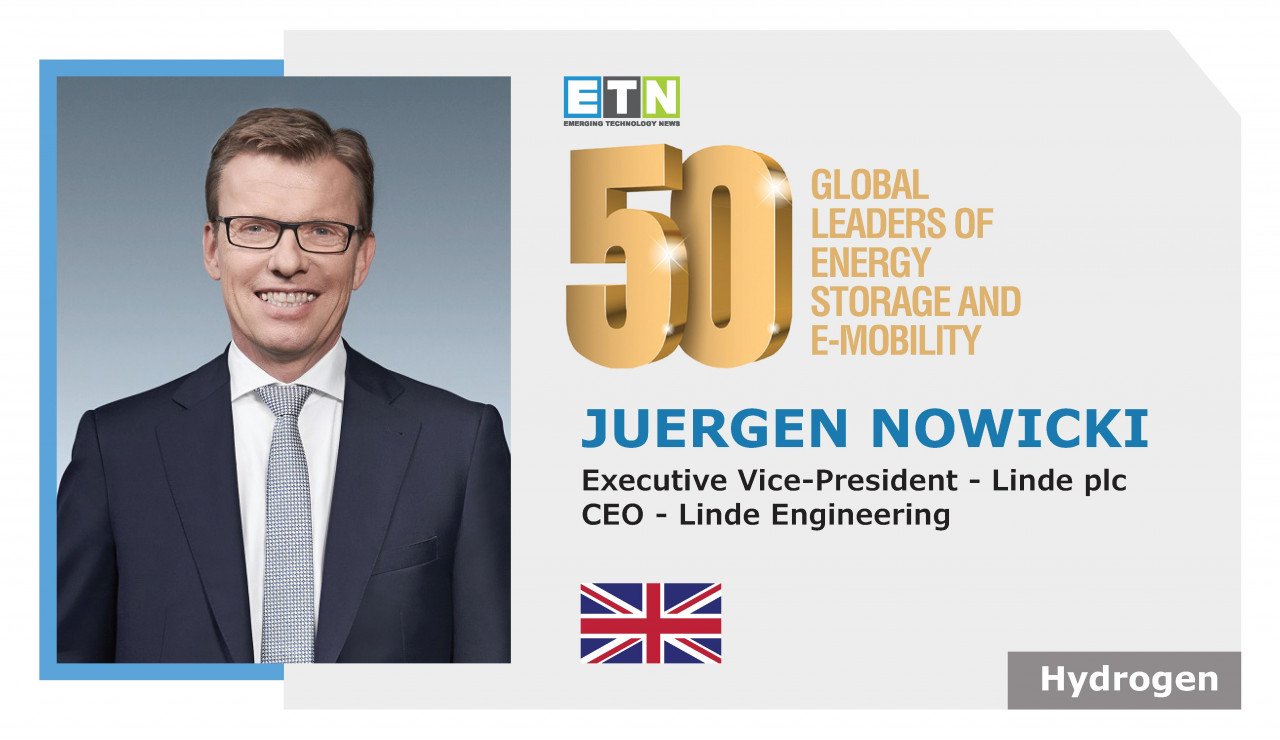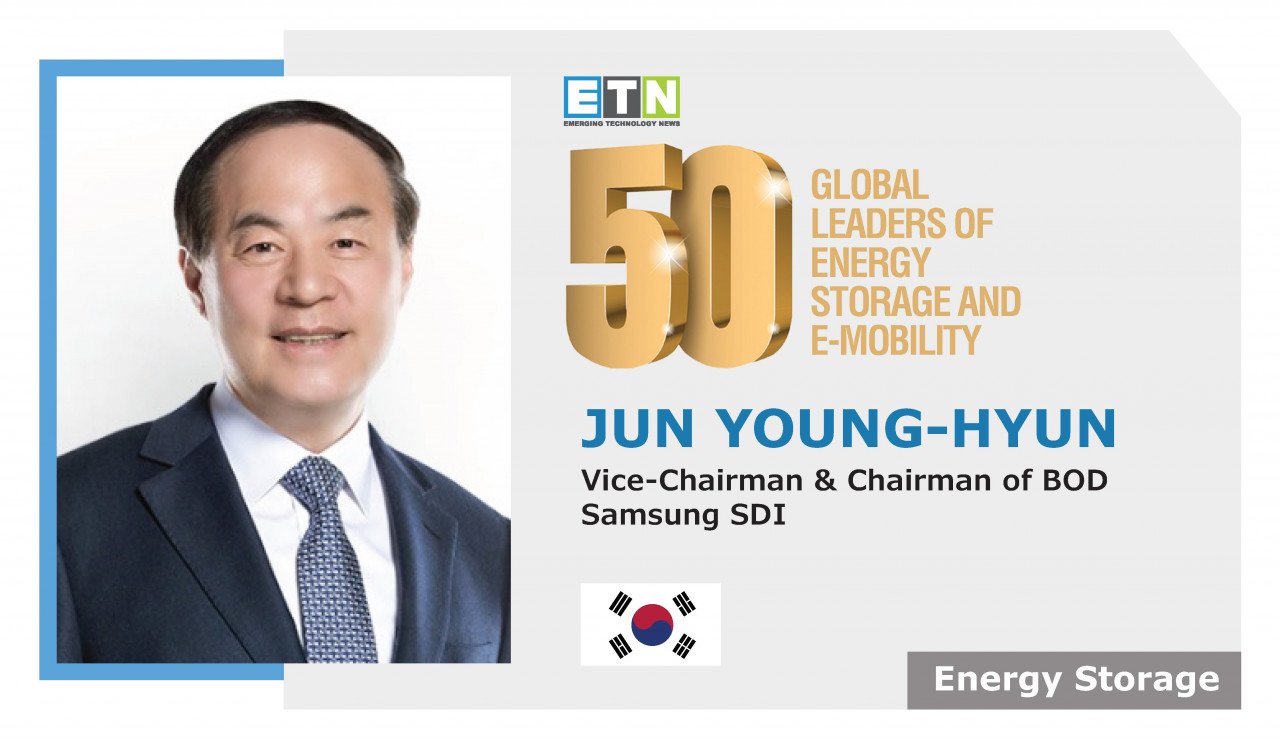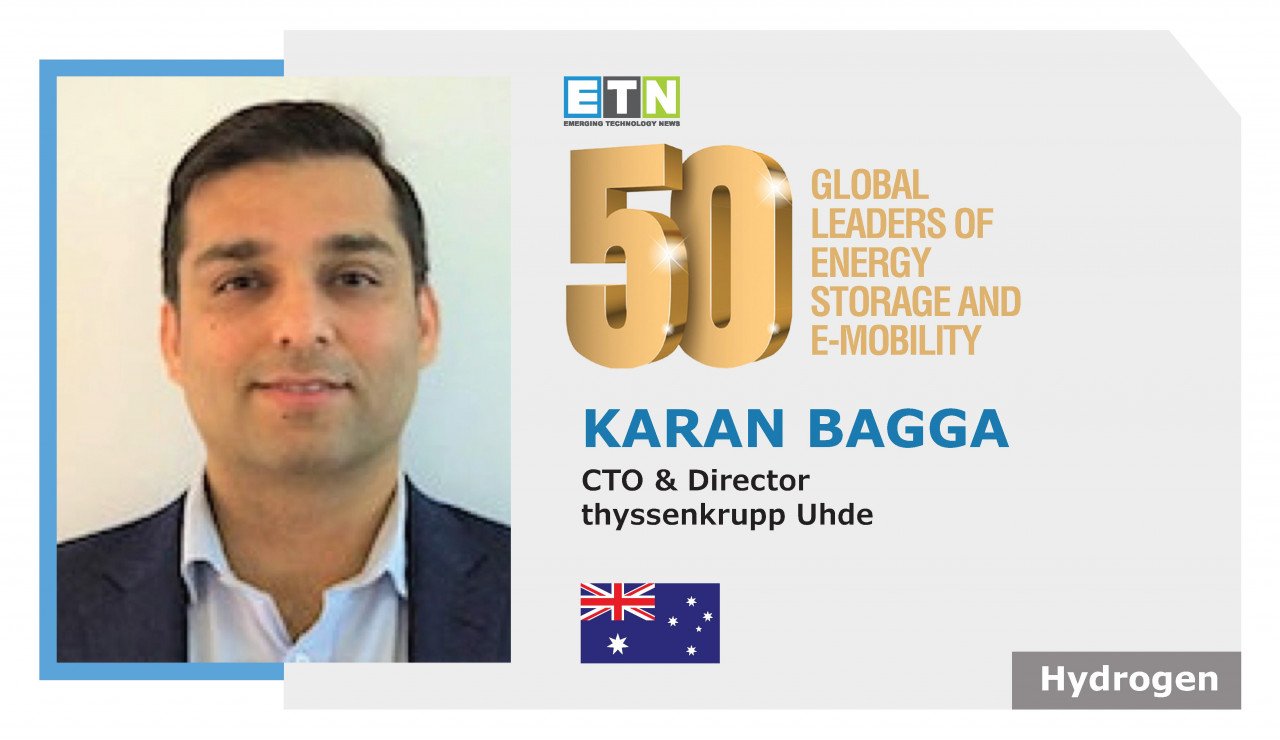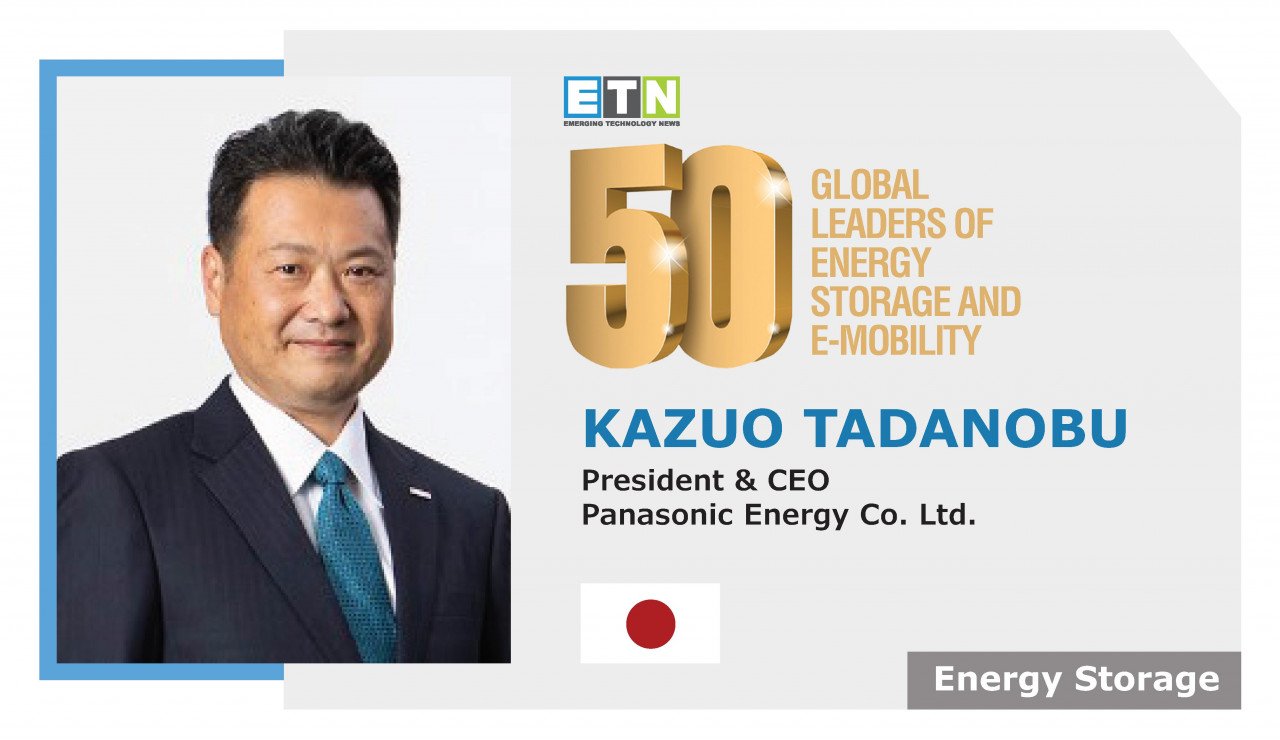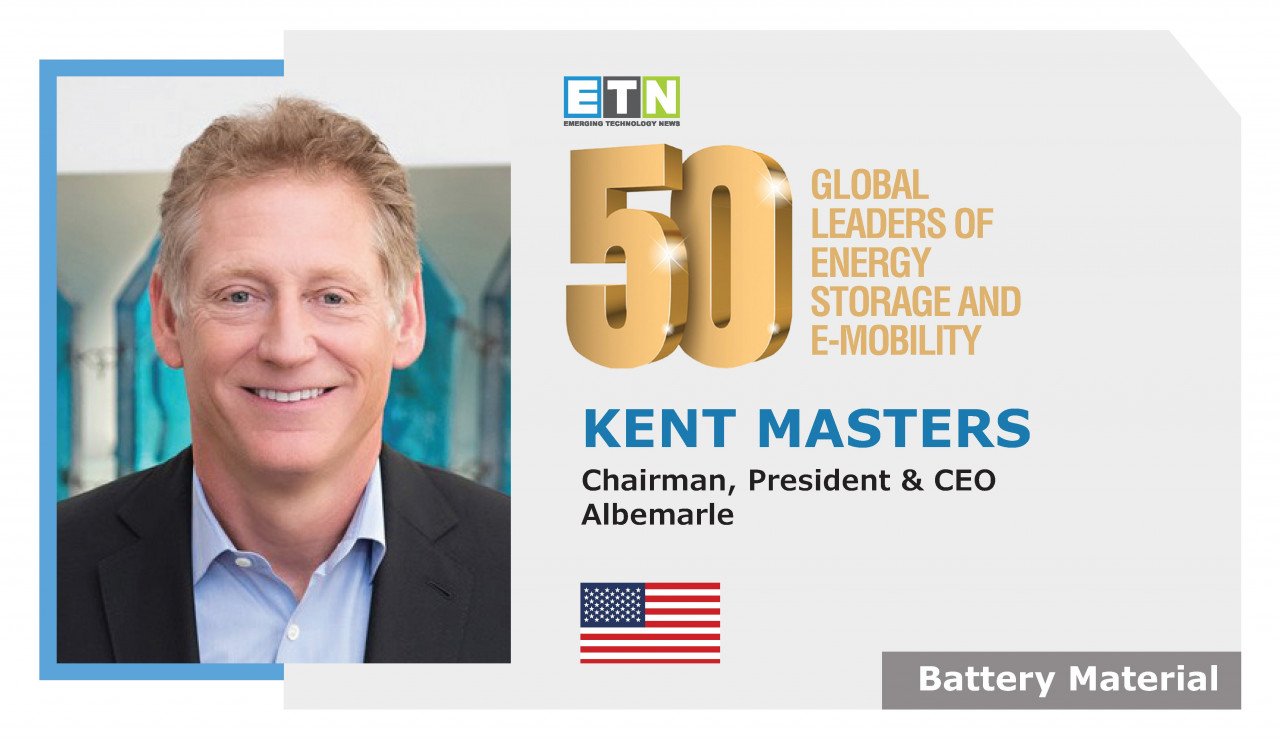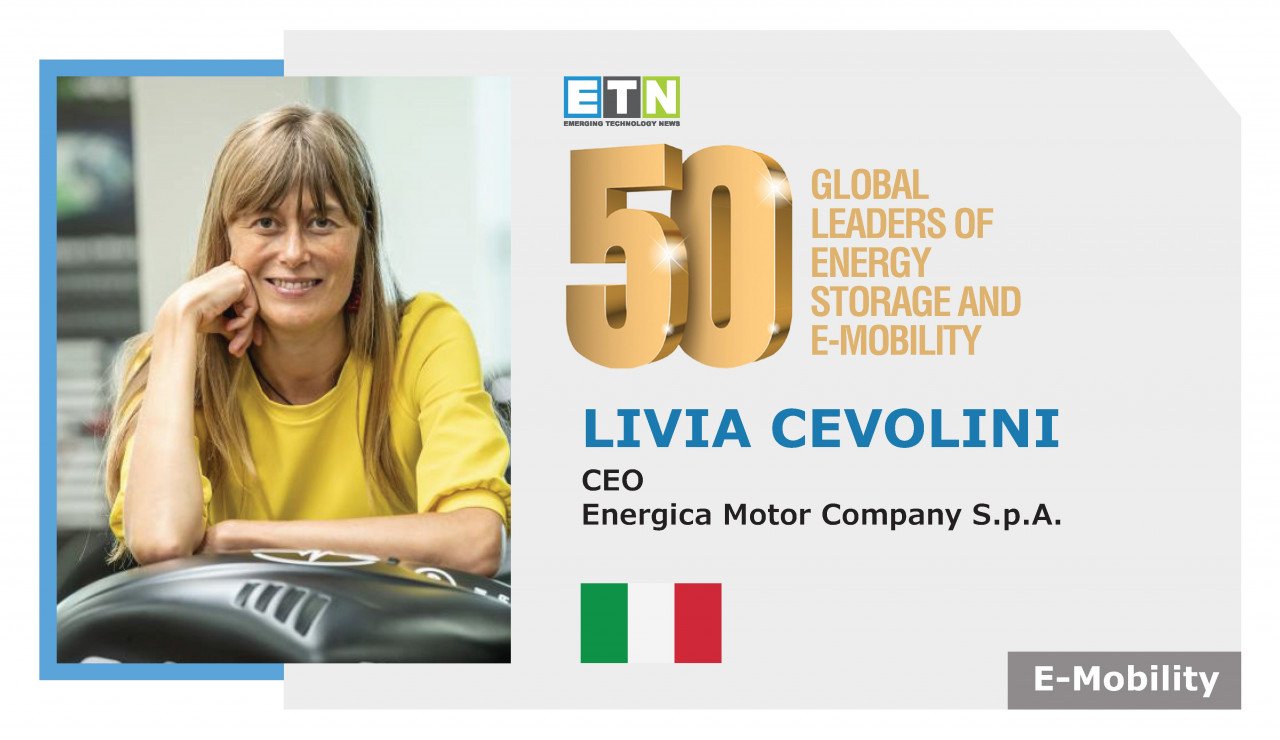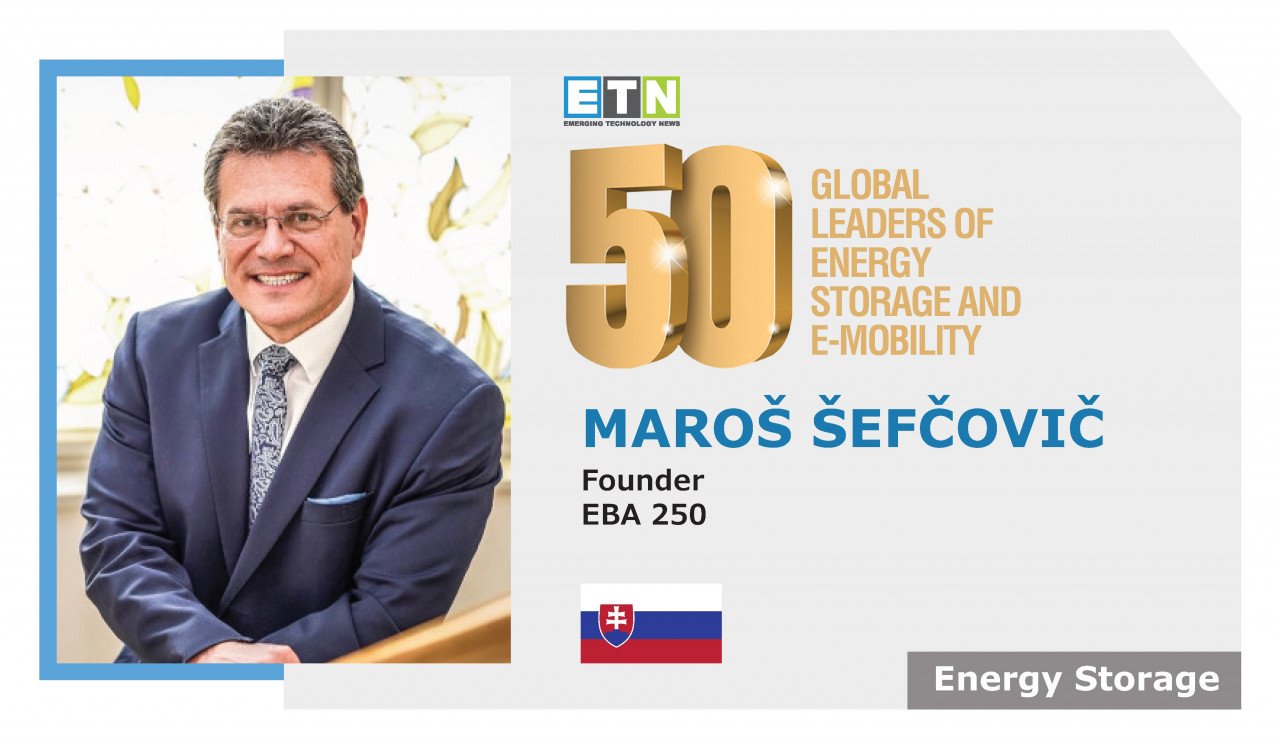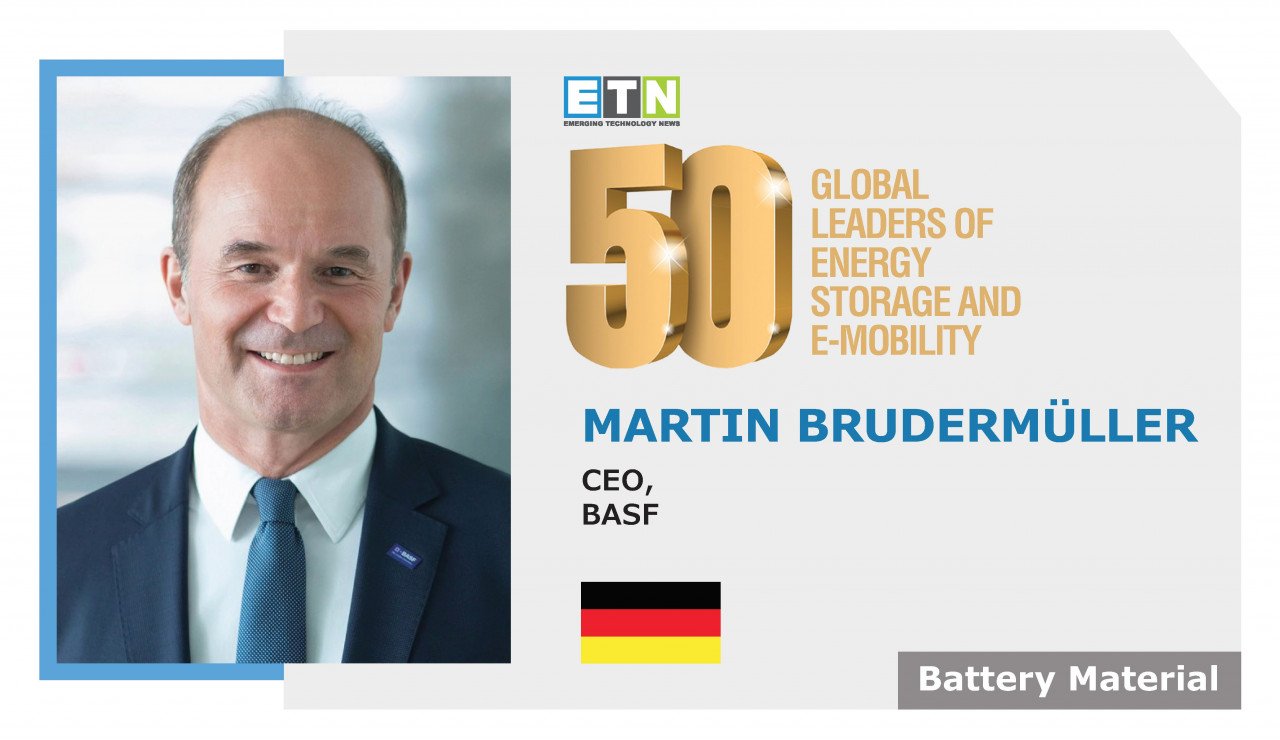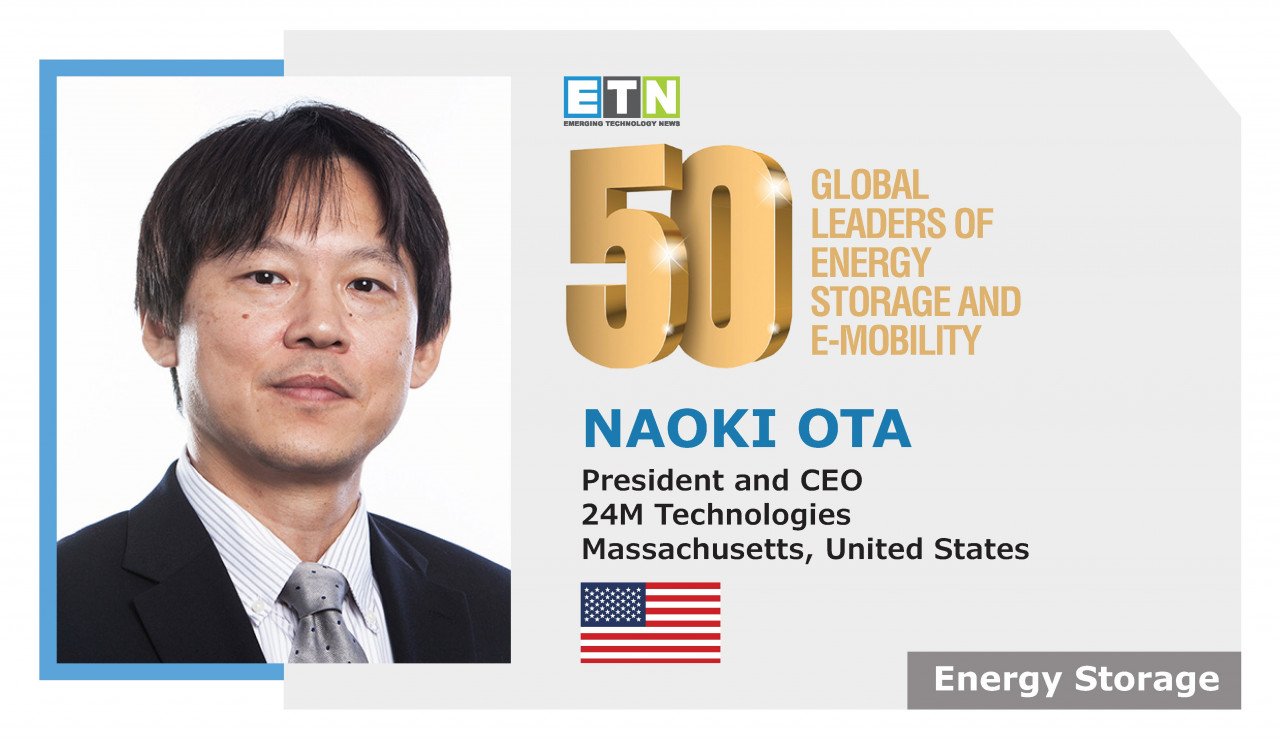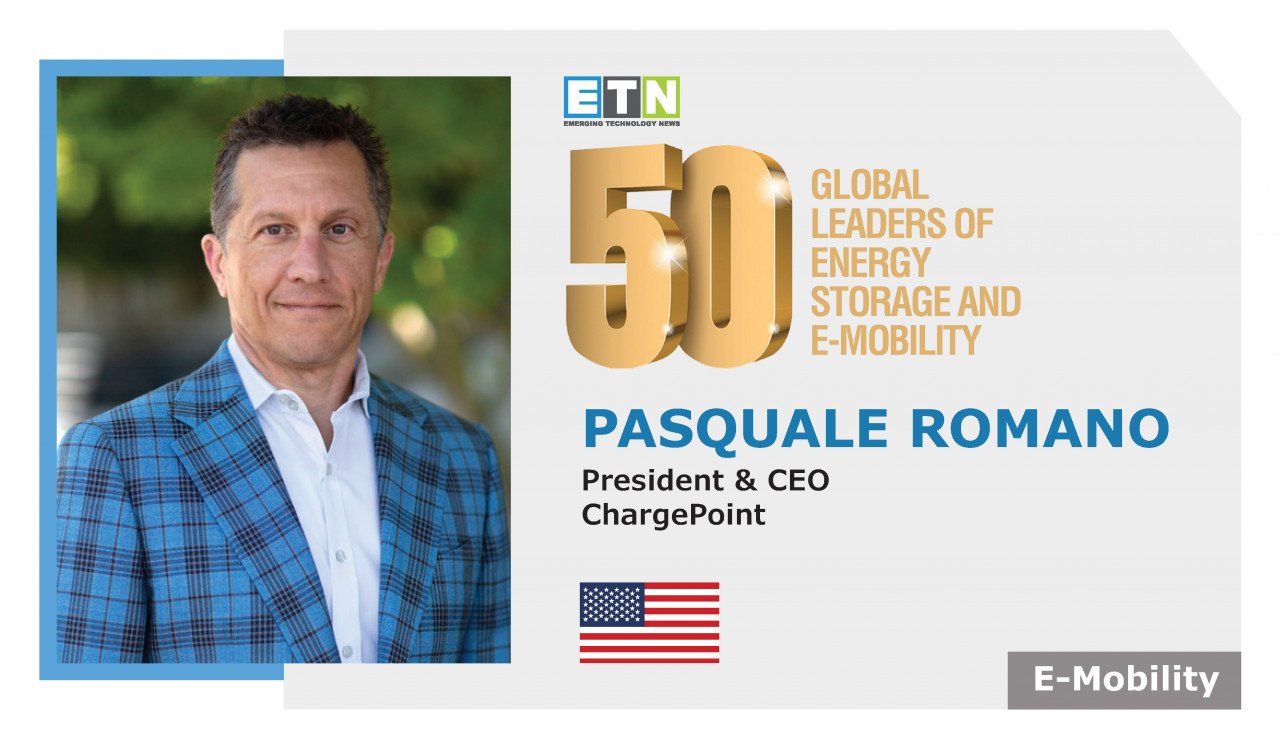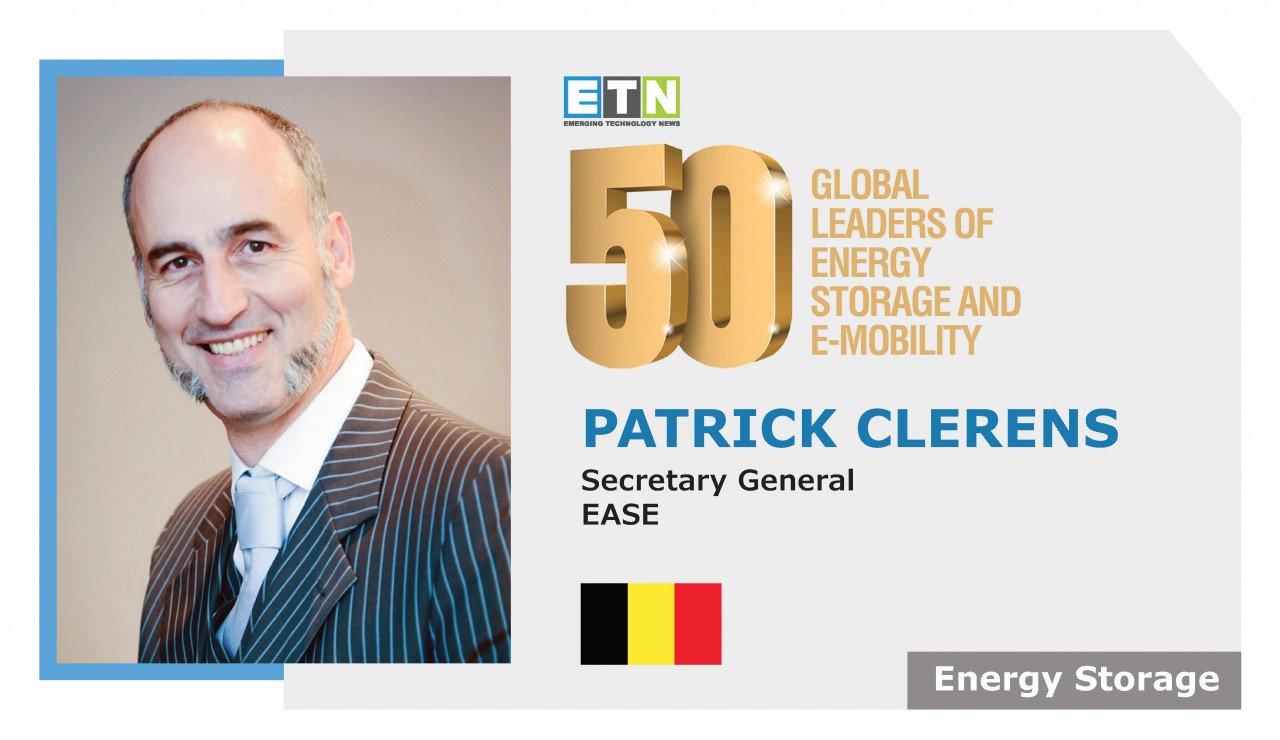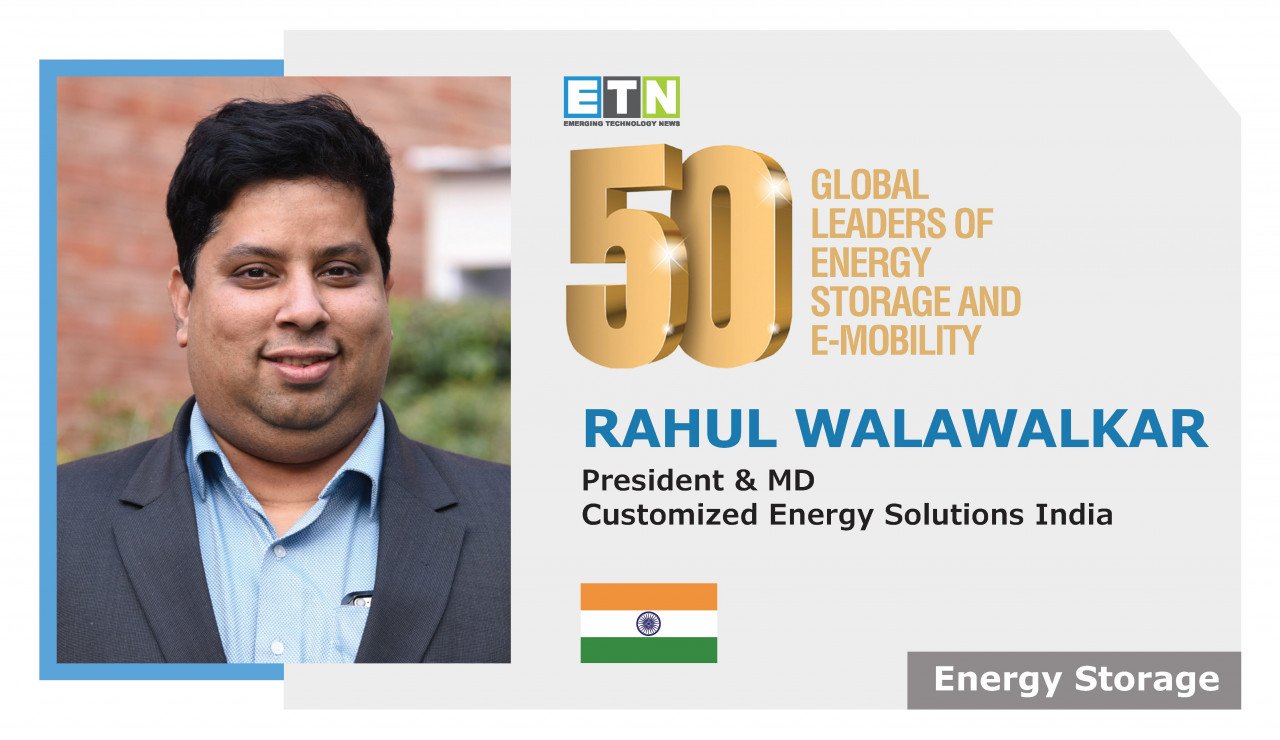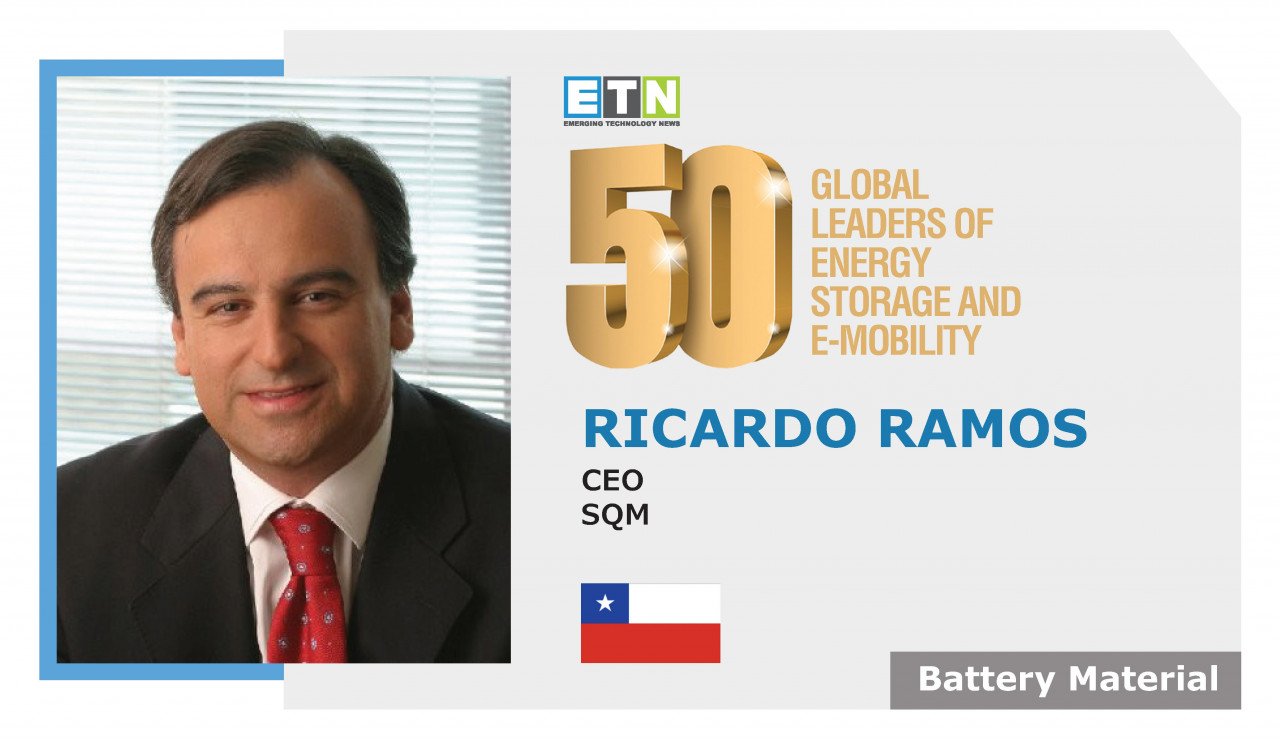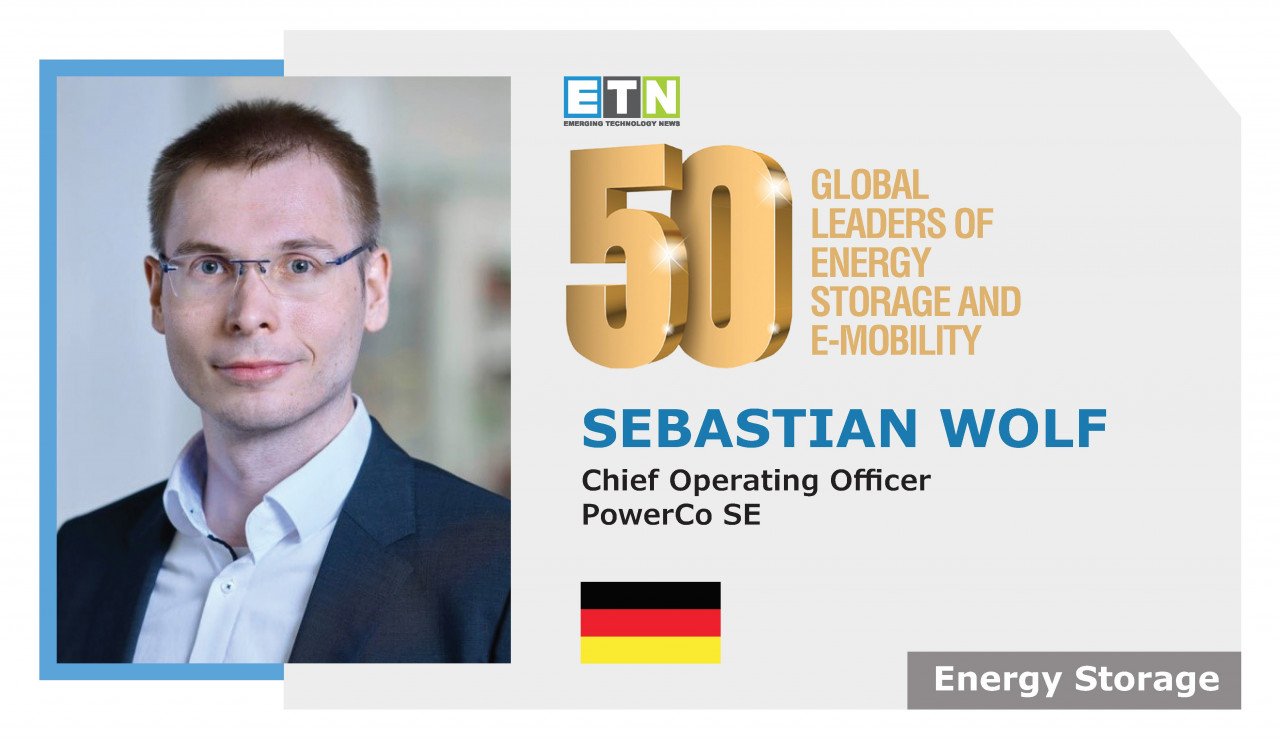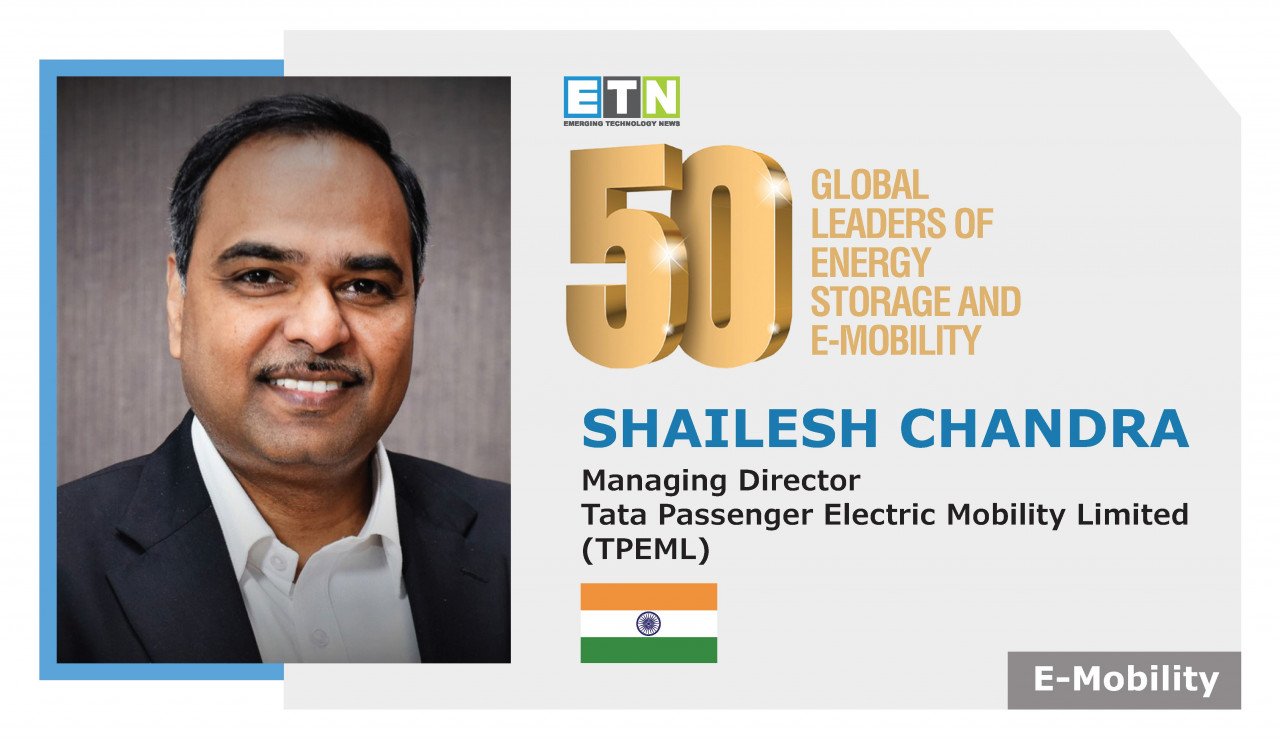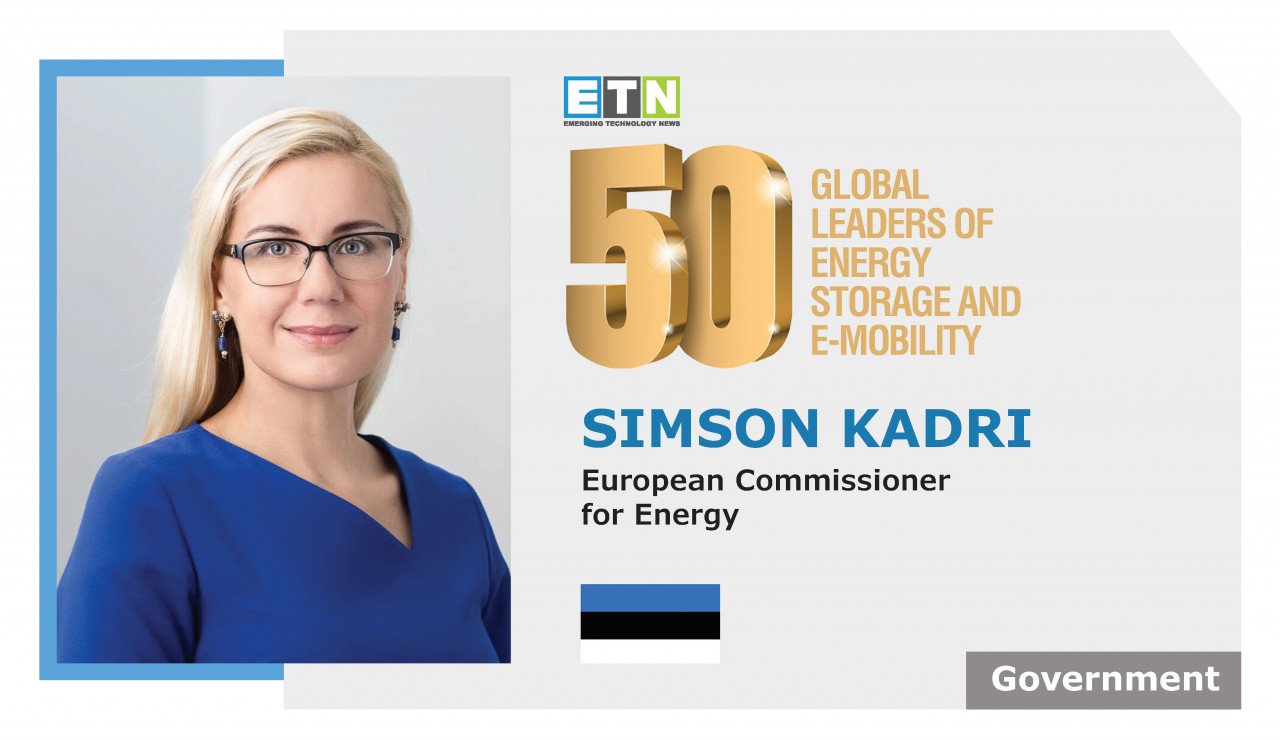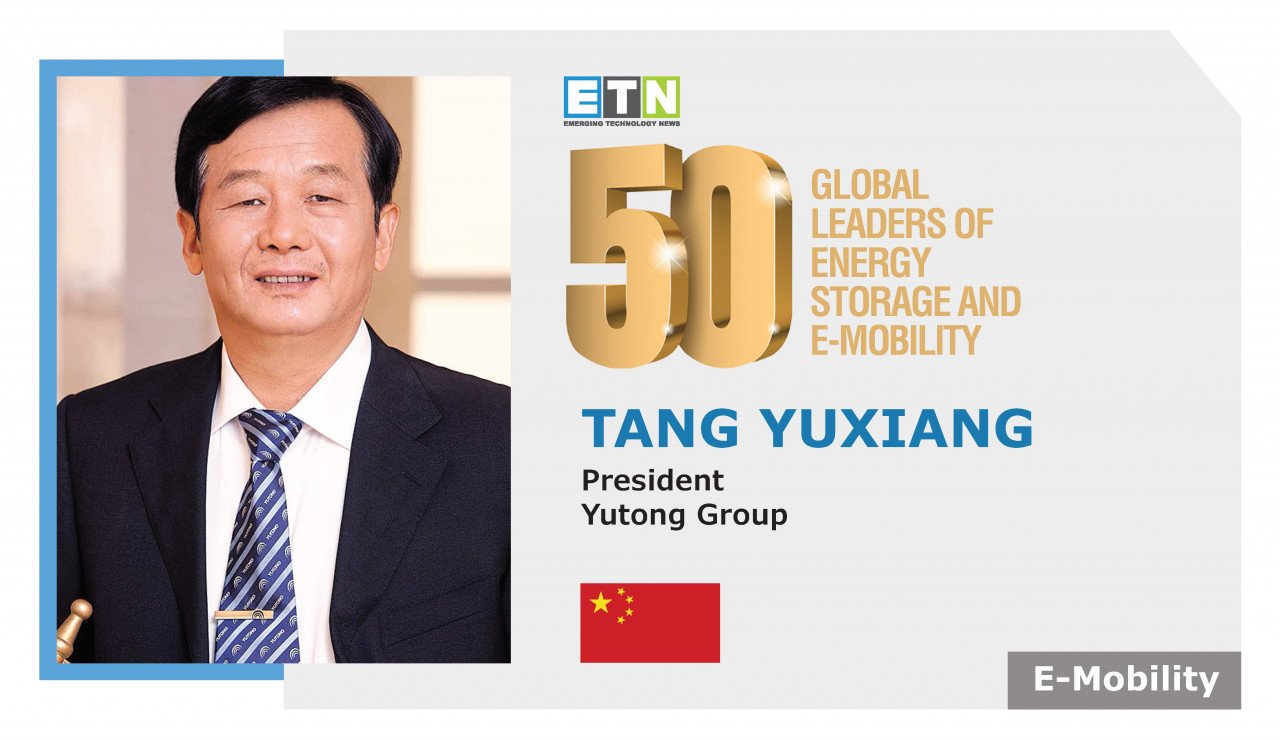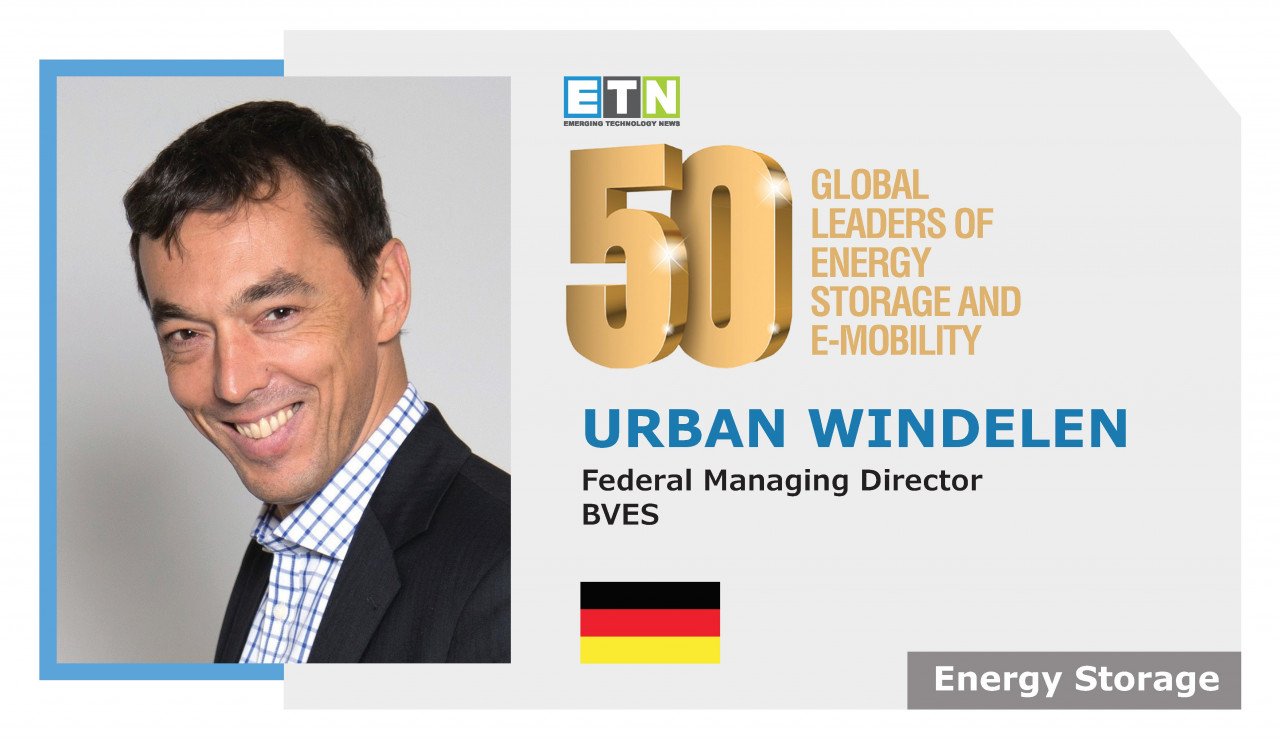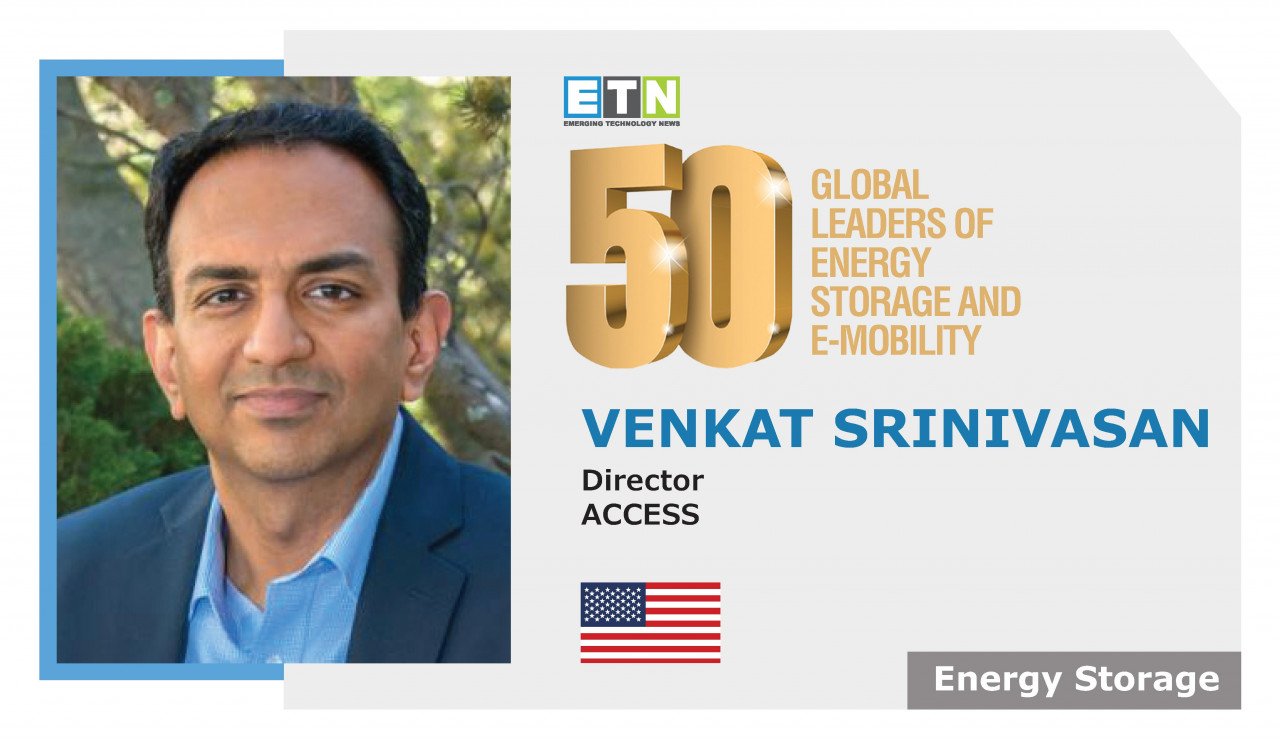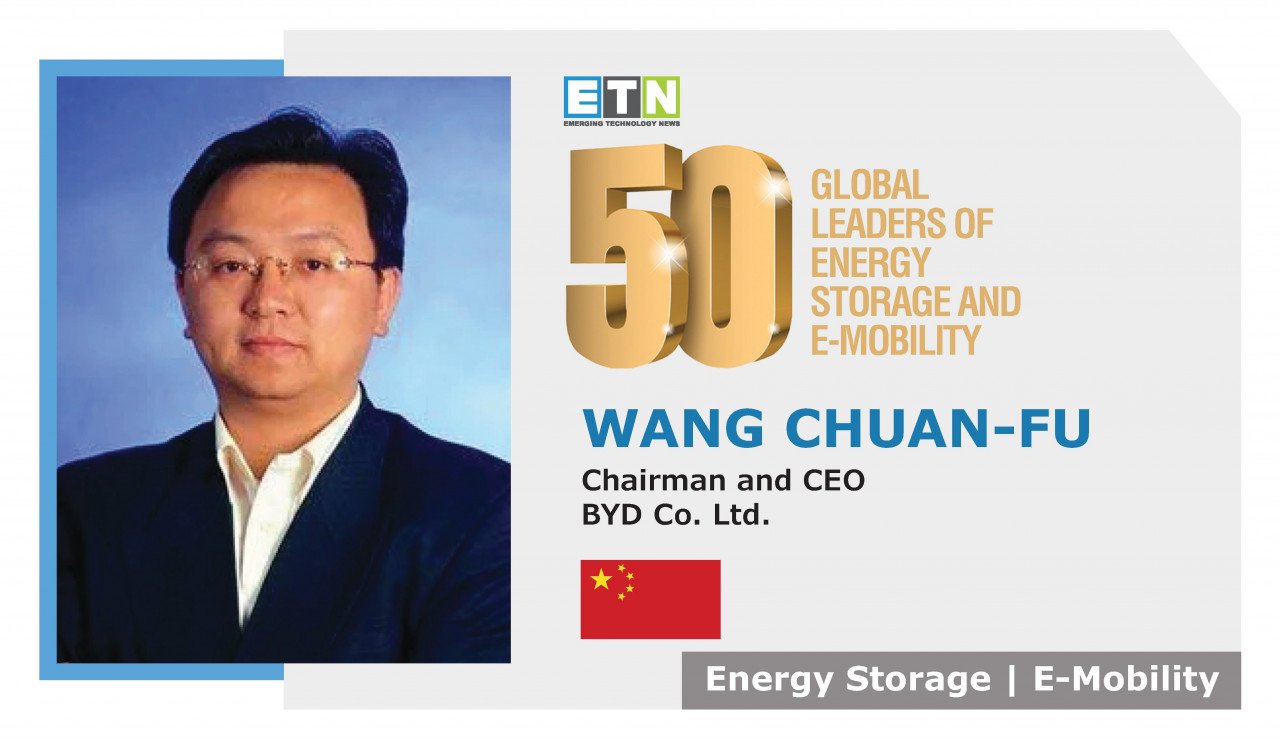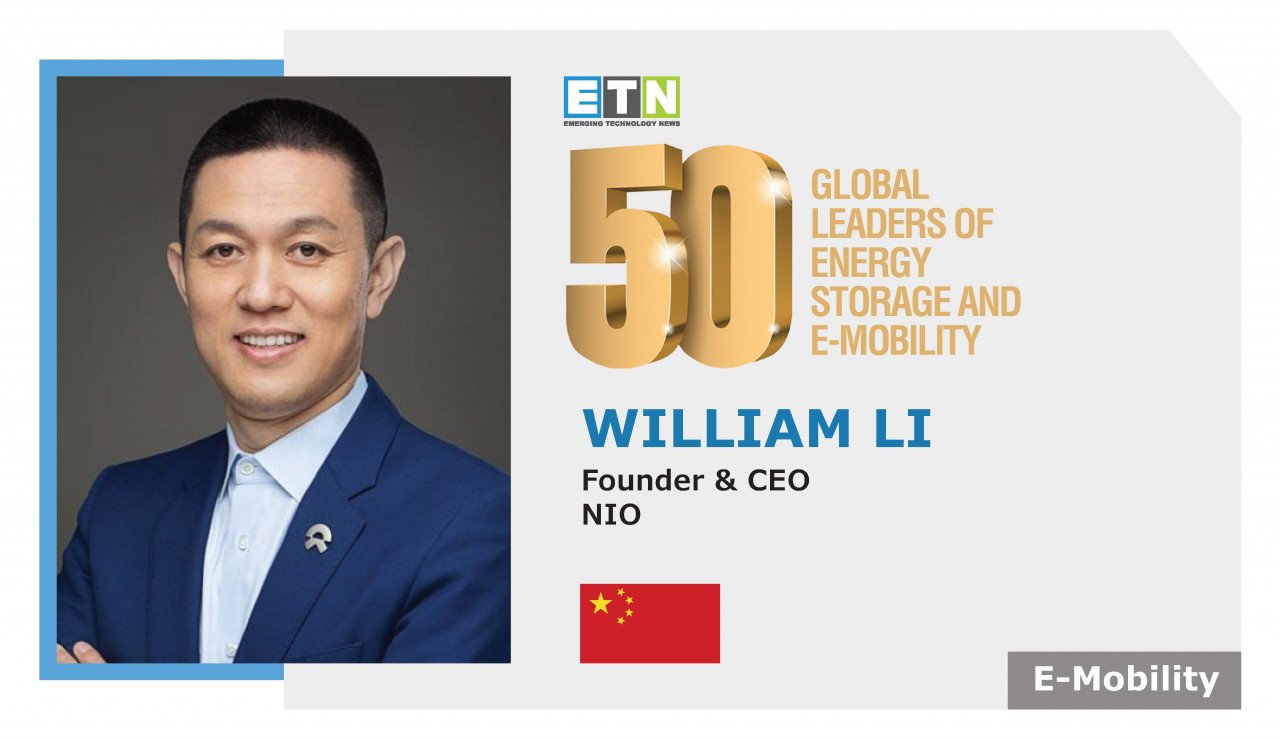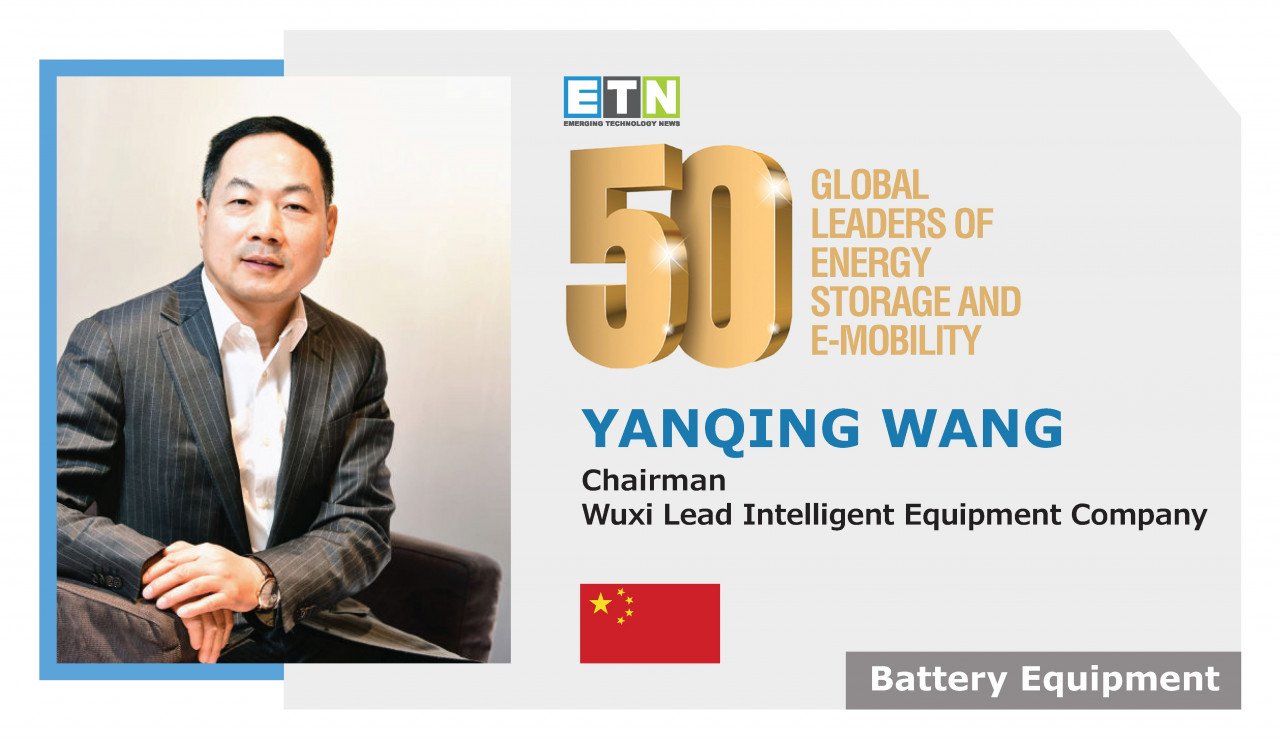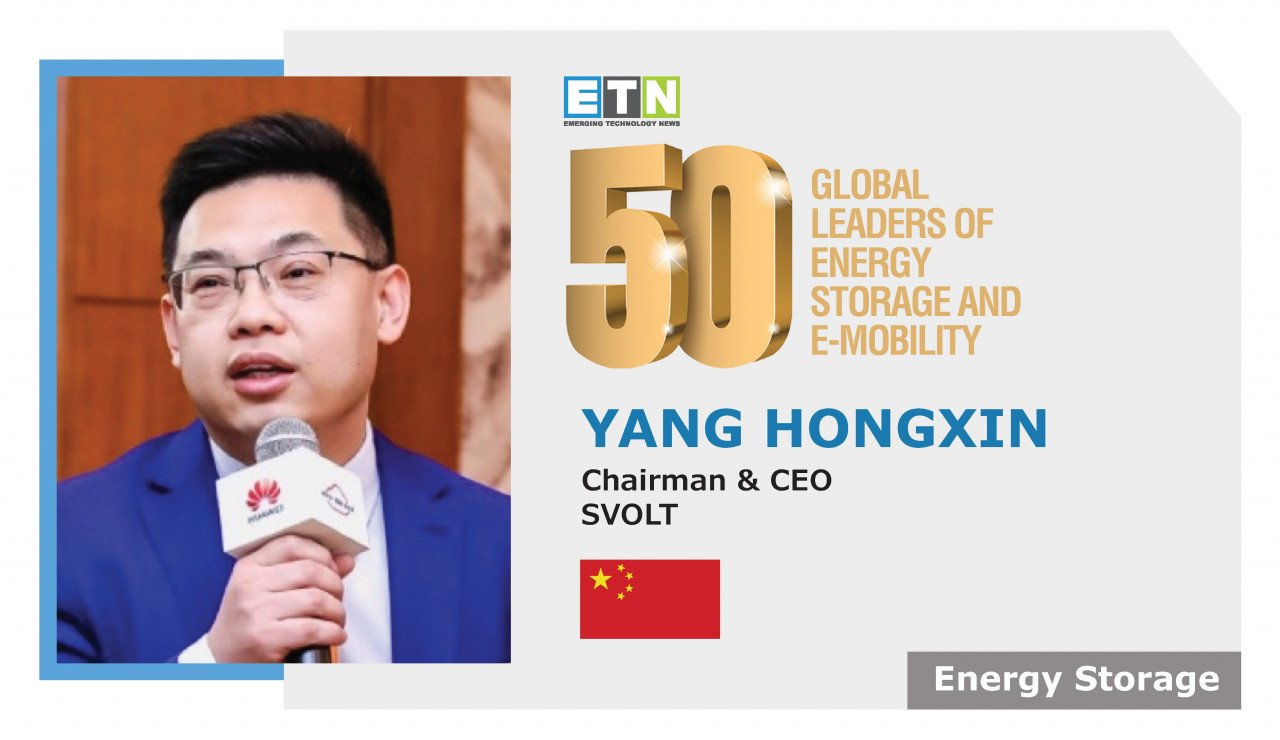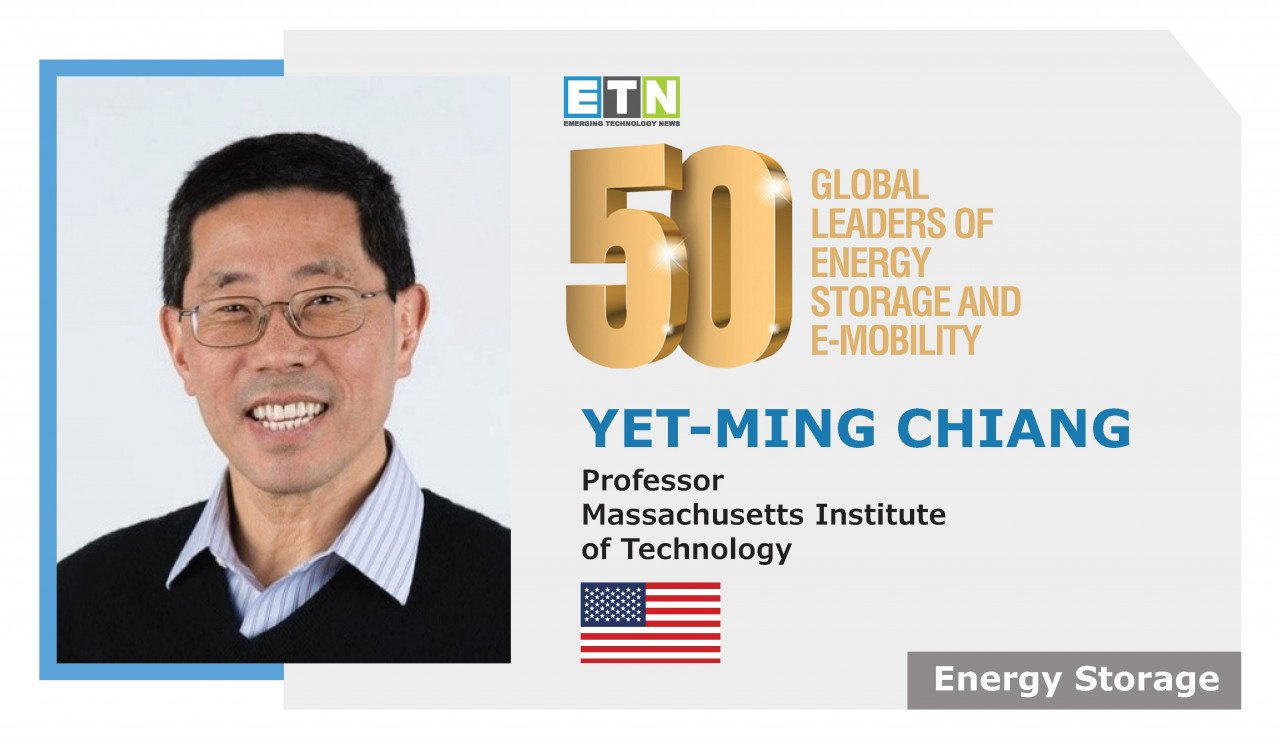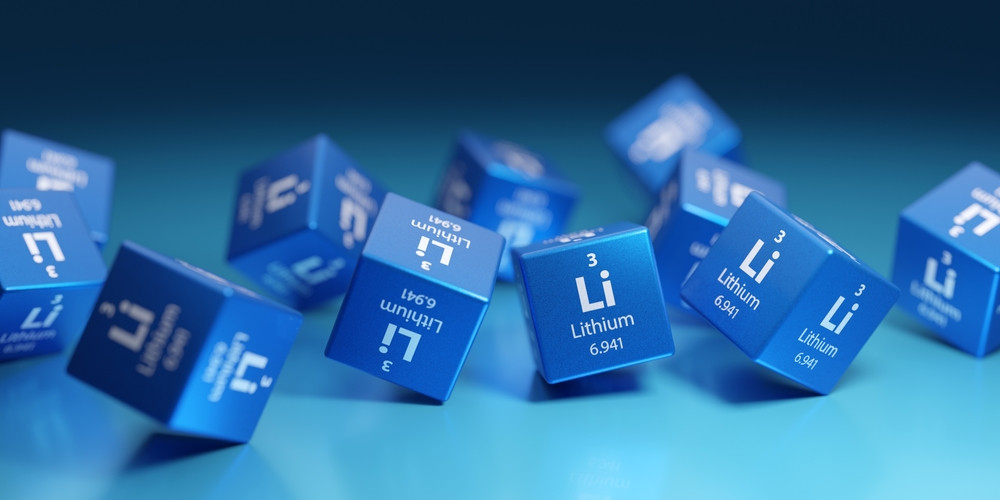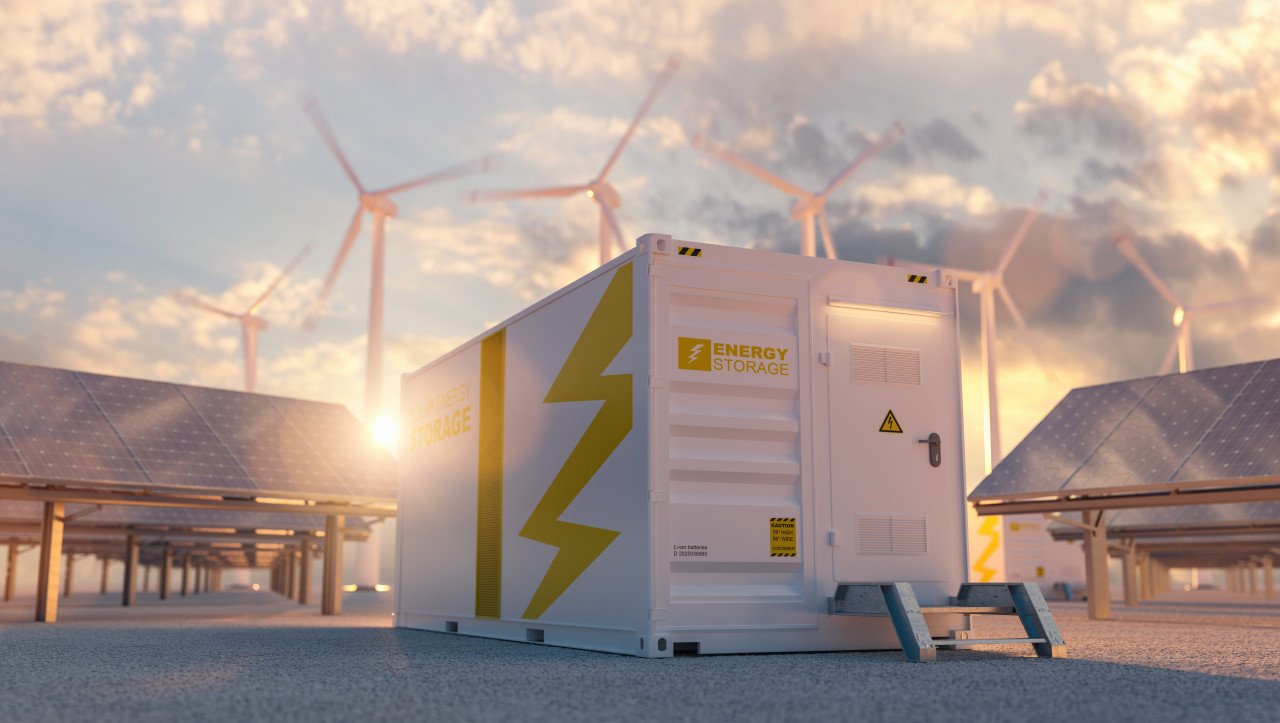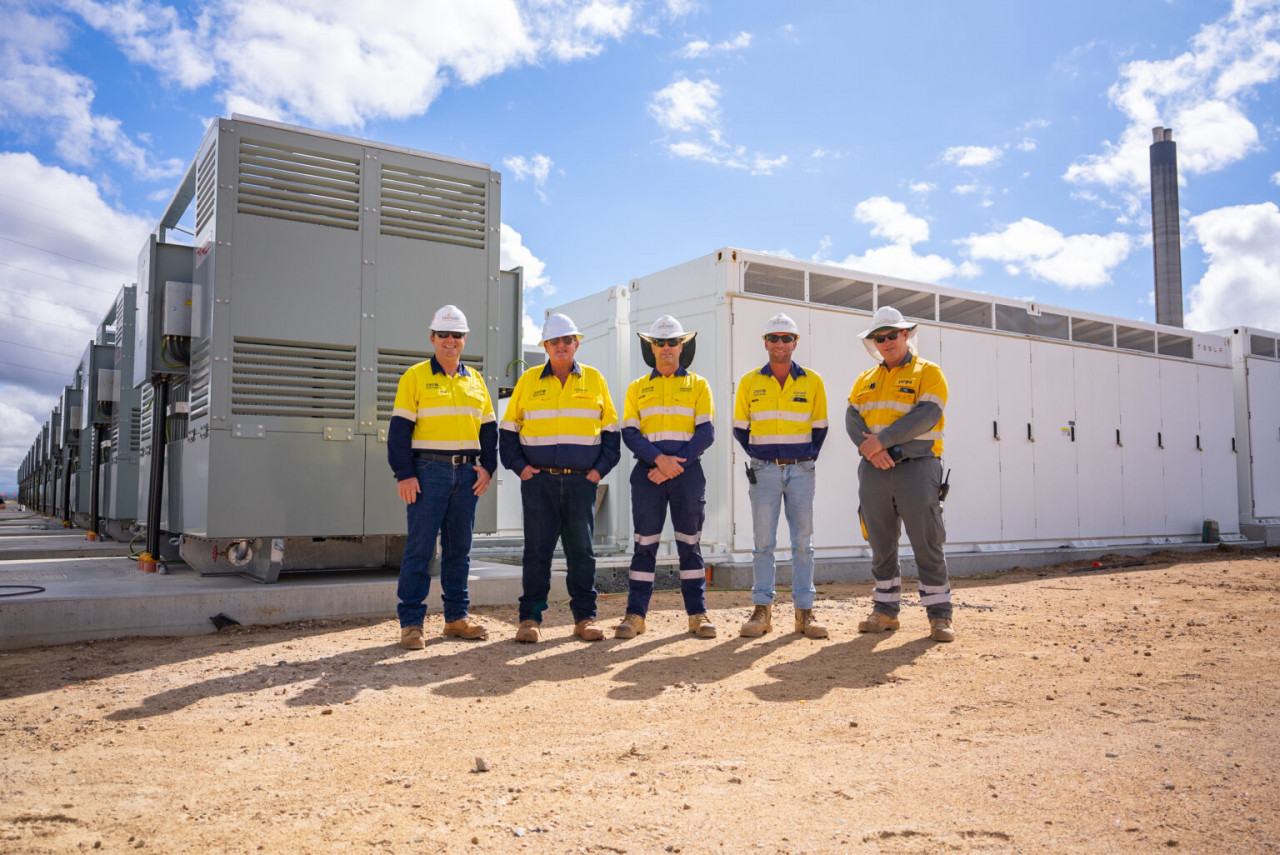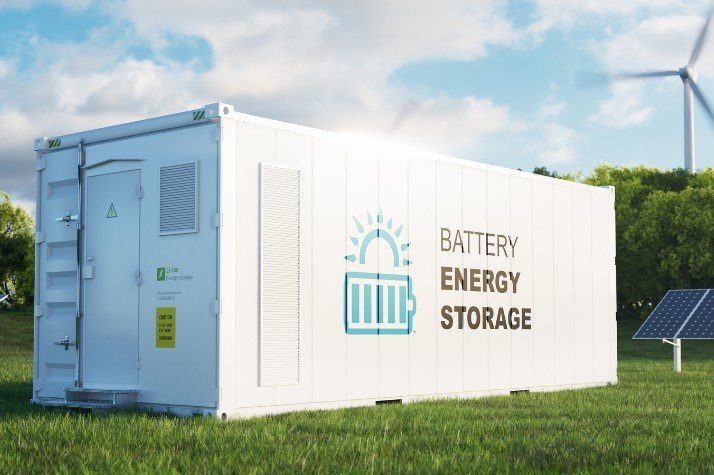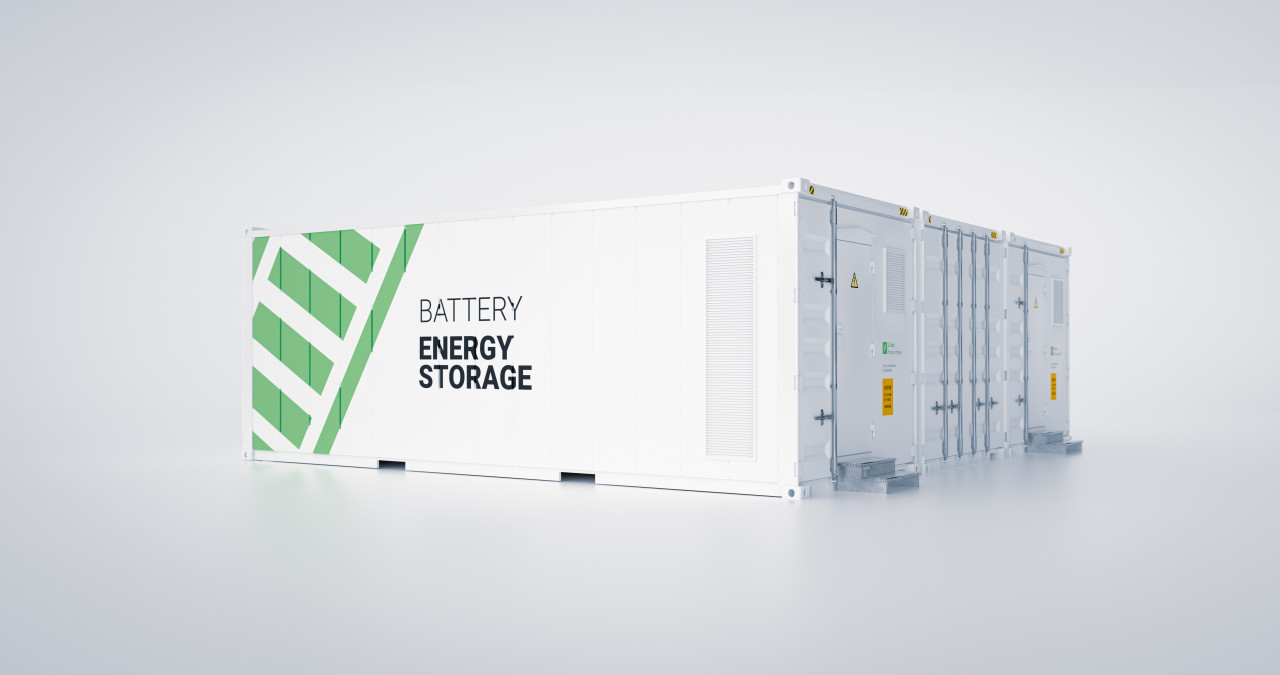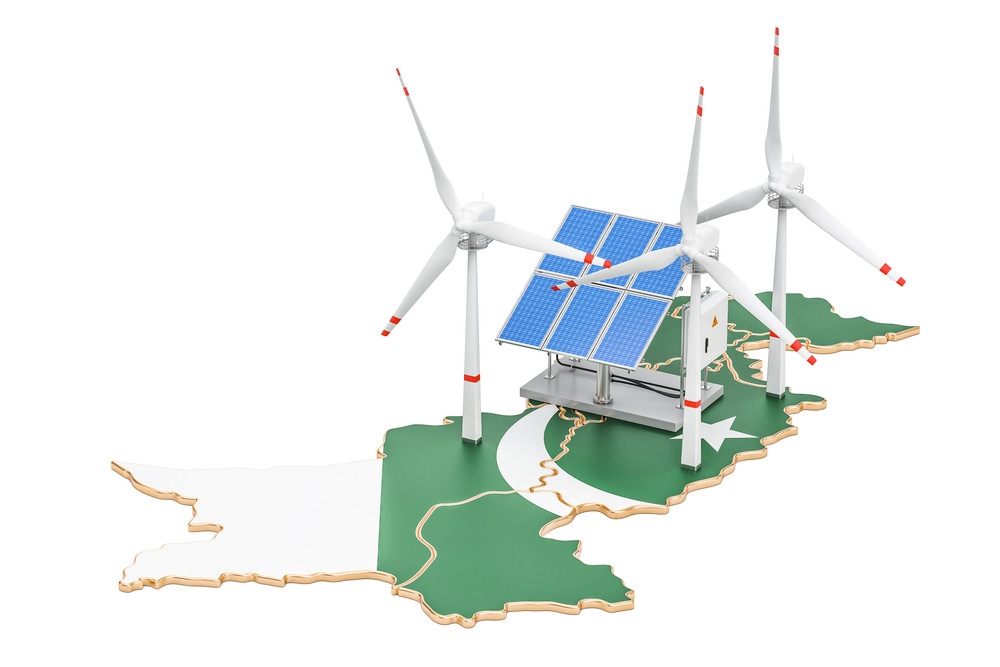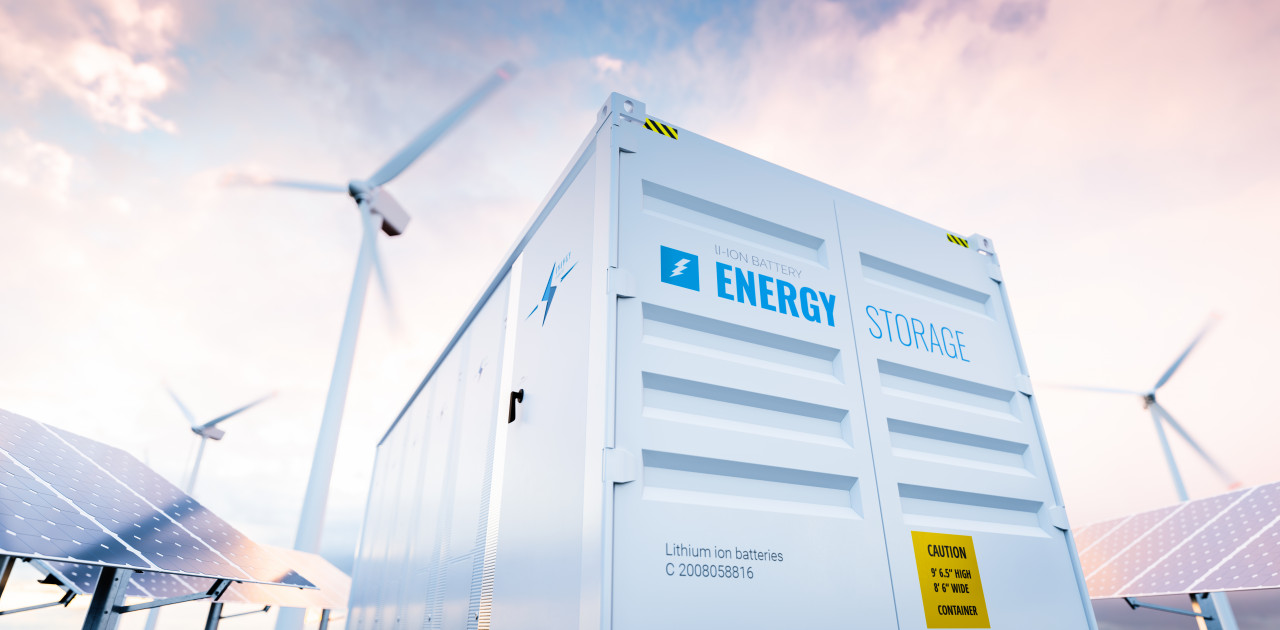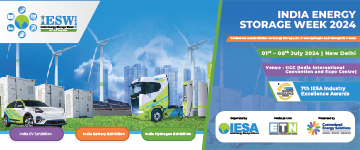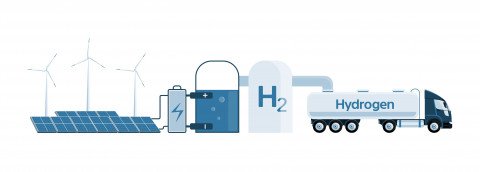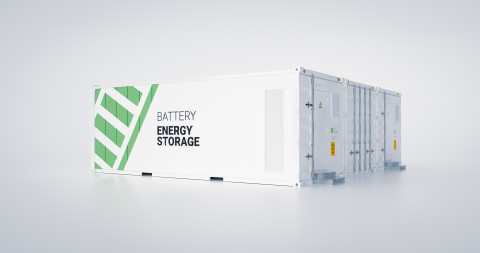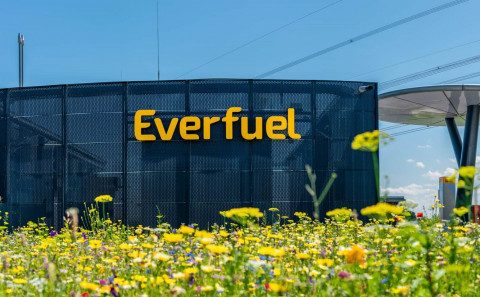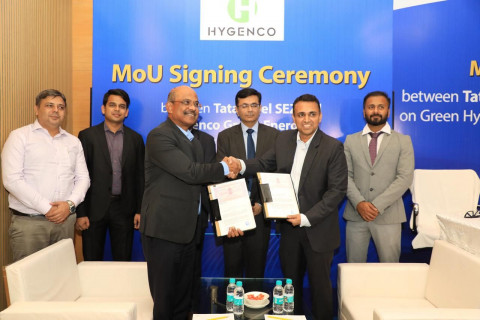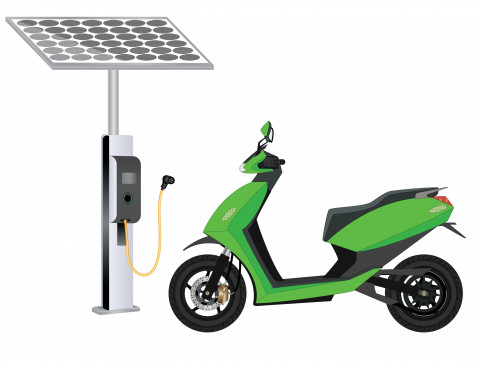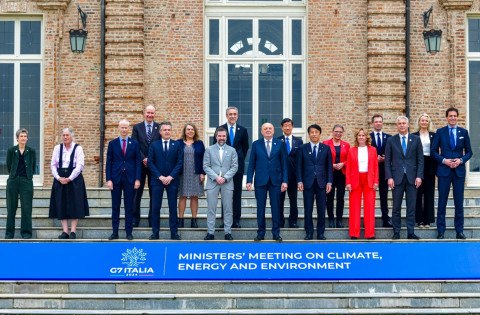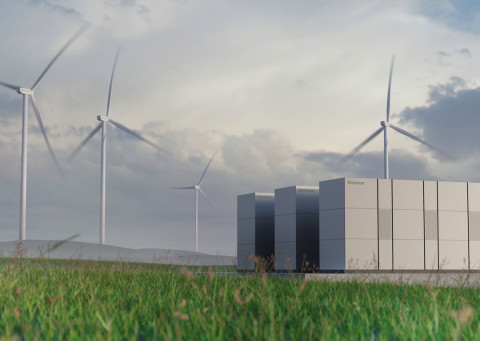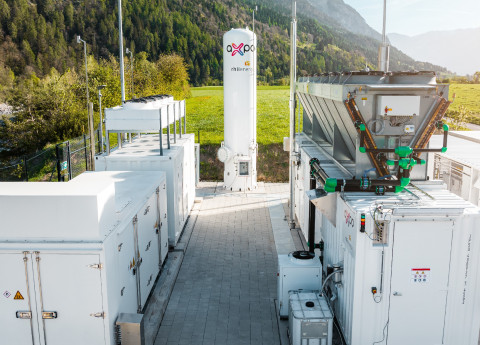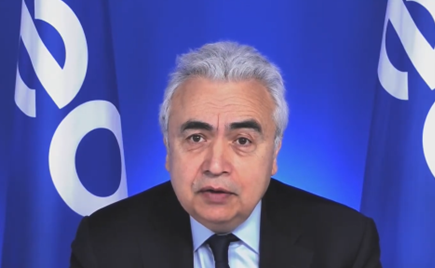50 Global Leaders of Emerging Technology
This ETN Special Issue, commemorating the 2022 World Energy Storage Day (September 22), is dedicated to the visionaries and promoters of energy storage globally. These are company leaders, influencers, and researchers who have spent years shaping the industry, developing technologies and implementing projects that have enhanced quality of life, increased access to clean energy, and set the foundation for future innovation.
The following pages have brief profiles* of 50 leaders and their companies, whose contributions and initiatives in the field of energy storage have been defining the progress of the sector. A list of promising names has also been included as the 'Rising Stars', spearheading development and deployment of energy systems. A new section called the 'Hall of Fame' has been included this year, listing the names of industry doyens or leading lights. The selected names have been compiled through online polls conducted through our media channels, and with inputs from our industry readers, experts and analysts.
We humbly recognize the foresight and contribution of all luminaries in the field of energy storage and renewable energy. Though our list is definitive of a number, it is in no way exclusive in the acknowledgement of all the entrepreneurs and pathsetters of the sector. We will continue to cover people, new tech, and companies that further the cause of green energy. This is also an endeavor to present a world-view of the efforts and progress being made in the energy storage arena, through innovative products, services, ideas, and even fruitful collaborations.
Global warming is a world issue, and it is encouraging to see that great efforts are being made to reduce harmful emissions, pollution, and dependency on fossil fuels. Energy storage can light up the lives of millions of people living in the dark, it gives us hope of a clean and energy-efficient future, and it will encourage many more innovations in its wake.
Let's blow out the coal-lit heat and switch on the sun! We strongly believe every bit of energy stored, is power enabled.
* Profiles have been collated by our team after careful research, from information available online and some through company sources. In assimilating the information, preference has been given to personal social media sites and blogs, and company websites. Names of the personalities have been presented in alphabetical order for the readers' ease of searching.
Amitabh Kant
Indian Sherpa to the G20
Amitabh Kant is the new Sherpa of G20 as India takes over Presidency. India's year-long G20 presidency beginning December will focus on steps to revive global economic growth in a way that ensures green and digital transition and achieve sustainable development goals by 2030. He was also the former CEO of NITI Aayog (National Institution for Transforming India), the policy think tank of the government of India.
Under his able leadership, NITI Aayog was instrumental in establishing the Cabinet's formal approval of the ₹18,100-crore Production Linked Incentive (PLI) scheme for manufacturers of Advanced Chemistry Cell (ACC) battery storage, for achieving a manufacturing capacity of 50GWh of ACC and 5GWh of 'niche' ACC in May 2021. Mr. Kant has been integral with his efforts in NITI Aayog for formulating the National Hydrogen Energy Mission (NHEM) which PM Narendra Modi officially declared on August 15, 2021.
A 1980-batch IAS officer of Kerala cadre, Mr. Kant has a nearly four decades-long career. Before his appointment at the Niti Aayog, was Secretary in the Department of Industrial Policy and Promotion, where he drove the 'Ease of Doing Business initiative. He has also worked as Chairman-Managing Director (CMD), India Tourism Development Corporation (ITDC); Joint Secretary, Ministry of Tourism; Secretary – Tourism, Government of Kerala; Managing Director, Kerala State Industrial Development Corporation; District Collector, Kozhikode, and Managing Director, Matsyafed. He is credited as being the driver of programs such as 'Incredible India', 'God's Own Country, and 'Start-up India.'
He has also authored a book called Branding India - An Incredible Story.
Accolades
- Economic Times Policy Change Agent of the Year award
- Bloomberg TV's Personality of the Year award
- One Globe Award for leadership in Transforming Governance for the 21st Century, 2016
- Sir Edmund Hillary Fellowship awarded by the Prime Minister of New Zealand
- Golden Peacock Award for Leadership in Economic Transformation, 2017
- IESA Industry Excellence Awards for 'Policy Pioneer of the Year, 2020s
E-mobility disruption would lead to accessible, affordable, inclusive and safe transportation options for citizens. The focus should not merely be on moving towards EVs but on public transportation which is electric.
Amitabh Kant
ANDREW BAGLINO
Sr. Vice-president, Powertrain & Energy Engineering, Tesla
Andrew David 'Drew' Baglino currently heads the new energy engineering and technology development for Tesla's batteries, motors, drive units, power electronics and other energy products.
A Stanford University graduate from early 2000s, he joined Tesla in 2006 as an electrical engineer, and made his mark in key projects including the development of test equipment for performance improvements in first-gen Tesla Roadster, designing dual-motor system for Tesla Model S.
Baglino was Director of engineering for Tesla Energy in 2014, involving the development of Tesla's stationary energy storage systems, Powerwall and Powerpack. The very next year, he was also leading the electrical and control side for Tesla grid-tied battery products. In 2016, he moved on to become the Vice-president for technology, wherein he led engineering development for Tesla's core tech areas of battery cells, motors, drive units, power electronics, HV and battery safety, powertrain performance modelling, system optimization and controls.
Later in 2019, he assumed his current role as senior vice president, powertrain and energy engineering. Insidetrades.com pegs Baglino's estimated net worth at Tesla as $16.67 million as of August 2022; he owns 61,701 shares of Tesla stock worth more than $16,672,227. He is certainly one of the most inspiring and innovative engineering minds in the new energy space.
"To make the best electric cars in the world, we designed vehicles in factories from the ground up. Next, and now, we do this for batteries as well".
Drew Baglino
ANDY PALMER
Executive Vice-chairman & CEO - Switch Mobility and Chairman of Board - InoBat
Andy Palmer, Executive Vice-chairman & CEO of Switch Mobility, is a leading figure in the automotive industry for over four decades. He heads the British e-bus company and Slovakian battery firm InoBat, with long-term vision to strengthen the European e-mobility sector from both battery and vehicle manufacturing side. He has also founded 'Palmer Automotive' operating in the net-zero space to deploy his "more than four decades of experiences" into the auto industry to "do something good for the planet".
An early advocate of electrification in automobiles, Palmer led various positions and initiatives at Nissan including the establishment of the Automotive Energy Supply Corporation (AESC) and its three battery plants back in 2014. He is heralded as the 'Godfather of EVs' at the global level for his significant contributions to the launch of Nissan Leaf in 2010, when he was the COO of Nissan Motor Corporation. He then led Aston Martin as President and CEO before shifting completely into the EV industry in 2020.
At Switch Mobility, Palmer spearheads the company's net-zero mobility goals – not just zero tailpipe emissions – and achieving economies of scale through manufacturing expertise and technological advancement to compete the Chinese e-bus dominance. In August 2021, Switch secured an investment that valued the company at $1.8 billion.
On the other hand, Palmer is leveraging battery start-up InoBat's agile business processes to step up the company's three giga factory activities in Europe. The company approach is to find right cell chemistry and technology for each application of its customers, which is seen as a unique proposition in the emerging battery manufacturing landscape in the region.
Accolades
- Named automotive industry's most influential & world's third most influential CMO by the 'CMO Influence Study' in 2013
- Voted EVO's '25 most important people of the car industry' in 2014
- Lifetime Achievement Award by Auto Express in 2018
- 'Men as Allies' award by the Women's Engineering Society in 2021
"The auto industry is crying out for battery production. There is a huge opportunity here for the UK to regain its status as an automotive powerhouse. But we need to get shovels in the ground and start building giga factories - soon!"
Andy Palmer
ANNA WESTERBERG
President, Volvo Buses
Anna Westerberg is leading Volvo Buses' strategic vision for 2030 that envisions the Swedish bus brand to be the 'most desired and successful provider of sustainable people transport solutions, driving value creation through innovation, partnerships and people'.
An engineer by heart with exemplary managerial skills and business planning, Anna is serving as the President of Volvo Buses since early last year. She is reinforcing Volvo Buses' long-term vision of sustainability with key strategic priorities and planning to further electric bus transformation in key global markets, including new regions like Australia and South America.
With an MSc. Degree in Industrial Engineering and Management, Anna has been with Volvo Group since 2009, serving at various positions in Volvo Penta and Volvo Connected Solutions, working on everything – from diesel engines to being at the forefront of service development. At Volvo Buses, the transformation towards e-mobility is at the center stage of brand planning and management.
Her focus since her appointment as the brand's President has been on new electric platforms, manufacturing capacity building, and partnerships for sustainable sourcing of key materials and recycling. Her yet another role is to share synergies within other Volvo Group companies, for instance with Volvo Energy, with whom Volvo Buses is closely working on reusing and recycling of EV batteries.
Volvo Buses is making strident progress in the premium electric bus markets in global markets, including Europe, Australia, and North America through its subsidiary Nova Bus. Volvo is the first European bus manufacturer to become a committed partner of ZEBRA, a large collaboration to accelerate the deployment of zero-emission buses in major Latin American cities.
Volvo Buses is moving beyond zero-emission. Sustainability for us is about resources, it's about people, it's about material and so on, so it's a wide thing and really embedded into how we do business overall!
Anna Westerberg
ARUMUGAM MANTHIRAM
Scientist & Professor, University of Texas
Arumugam Manthiram is an American material scientist, professor, and the Cockrell Family Regents Chair in Engineering at the University of Texas at Austin. He also serves as the Director of the Texas Materials Institute and Director of the Material Science and Engineering Program at UT- Austin.
Continuing the legacy of battery innovation, Manthiram, along with two other associates at UT, founded TexPower in early 2019, to commercialize high-energy, cobalt-free Li-ion batteries.
At the Manthiram Lab in UT, he leads a group of researchers developing sustainable, low-cost, and durable materials for electrochemical energy conversion and storage to address global energy and environmental challenges. His research interest spans batteries (lithium-ion, sodium-ion, multivalent-ion, metal-sulfur, mediator-ion, lithium-metal, and all-solid-state batteries, fuel cells (proton exchange membrane, direct methanol, and solid oxide fuel cells) and solid-state chemistry (metal oxides, novel synthesis, electronic and ionic transport).
Manthiram believes that if the efforts around the world to tackle the shortcomings of lithium-sulfur batteries become successful, they could be a game-changer by 2025. Among his many distinctions, Manthiram delivered the 2019 Chemistry Nobel Prize Lecture on behalf of Professor John B. Goodenough and has collaborated extensively with him over the years. He has 16 patents, has been cited more than 92,000 times, and has an h-index of 150. He has 900 journal articles to his credit.
Accolades
- Battery Division Technology Award, Electrochemical Society, 2021
- Web of Science Highly Cited Researcher, 2021
- Fellow, The Academy of Sciences, Chennai, India, 2021
- Research Award, International Battery Association, 2020
- Henry B. Linford Award for Distinguished Teaching, Electrochemical Society, 2020
- Elected Member, World Academy of Ceramics, 2020
Lithium-ion batteries have aided the portable electronics revolution for nearly three decades. They are now enabling vehicle electrification and beginning to enter the utility industry.
Prof. Manthiram
CHRIS SHELTON
Sr. Vice-President & Chief Product Officer, AES
Chris Shelton is the Senior Vice President and Chief Product Officer at the AES Corp. He also serves as the President of AES Next - new energy business, AI, energy storage, solar energy, mobility, EE/DR.
He is responsible for developing and identifying new solutions to best meet the customers' diverse needs, enabling the company to accelerate a cleaner energy future for everyone.
With close to two decades of experience in technology-related development and systems architecture, Shelton has been a leader in the origination of new business efforts at AES. These efforts include the launch of a retail electricity business where he pioneered the bundling of environmental offsets with customer electricity consumption and began the first AES wind development efforts.
Shelton has driven transformation in the company's global businesses through innovative business models and technologies, including energy efficiency, digital customer engagement, robotics, electric-mobility, and new clean energy solutions including wind, solar, and battery energy storage. He has built strategic solutions and capabilities into AES, including the acquisition and integration of its innovative high-growth solar team.
Under Shelton's leadership, AES has continued to support the development of scalable ecosystems for the clean energy transition. These include Uplight, the leading customer action platform for utilities and 5B, the prefab solar PV product delivering faster, higher density solar projects for customers. He was instrumental in the formation of Fluence – an AES-Seimens JV for energy storage solutions and technologies.
Shelton has been associated with AES for over 15 years and has served in various competencies. Previously, he was the Chief Technology Innovation Officer at AES and spearheaded the Group's energy storage business.
He has a bachelor's degree in physics from Indiana University of Pennsylvania and has completed executive certificate programs at Georgetown University and Massachusetts Institute of Technology.
Accolades
- Holds several patents in battery storage, renewables integration, EV and distributed energy resources management.
There should be a mindset to connect 100 GW a year by 2030, which is far enough away but also close enough, and then work backward on what is needed to make that happen.
Chris Shelton
CHRISTIAN LEVIN
President & CEO, Scania Group & TRATON GroupChristian Levin took over as President and CEO of Scania and TRATON Group (consisting of Volkswagen subsidiary brands, including MAN, Scania, Navistar, and Volkswagen Commercial) in 2021 – a coveted position in the global commercial vehicle industry, overseeing business operations in almost all regions of the world.
Levin has worked in the transportation sector for nearly three decades since starting his career in 1994 as a trainee at Scania. A Bachelor of Science in Business and Administration with a master's degree in mechanical engineering, he has held various positions at the organization at different levels, gaining extensive international professional experience in commercial transportation solutions.
Riding the efforts of Scania and Volkswagen Group's electrification efforts in the last decade, Levin is fast tracking the commercial e-mobility solutions at the Scania and TRATON Group, with strategic approaches being worked out for different markets and battery supply chain ecosystem.
He represented Scania at the CALSTART MoU on zero-emission trucks and buses at COP 26 last year, thereby affirming to reach 30 percent of total heavy-duty vehicles sales from zero-emission vehicles by 2030. Scania was one of the very few commercial manufacturers to sign the global agreement.
The Swedish brand has also pledged to aspire for over 90 percent of sales worldwide to be zero-emission vehicles by 2040, recognizing that the remaining sales share in 2040 will be powered by 100 percent fossil-free energy.
Scania endorses COP26 global agreement on zero-emission trucks and buses as part of wider efforts to accelerate the shift towards sustainable transport. We will do our part to facilitate the scaling of solutions faster and more cost-efficiently, not the least through initiatives that spur the build-out of charging infrastructure for heavy vehicles.
Christian Levin
DR. CHRISTIAN BRUCH
President & CEO Siemens Energy AG
Dr. Christian Bruch is the President and CEO at Siemens Energy AG, a Germany-based energy company formed by the spin-off of the former gas and power division of Siemens Group in 2020.
With Siemens Energy, Dr. Bruch has been involved with the plan of setting up a multi-gigawatt (GW) proton exchange membrane (PEM) electrolyzer factory in Germany for green hydrogen, the first 1GW segment of which will be made operational in 2023. To be made at a cost €30 million, the facility is slated to be highly automated, and will manufacture gas turbines that are capable of burning hydrogen blends.
Dr. Bruch has also been influential in the recently announced joint venture plans between Siemens Energy and Air Liquide, to focus on the production of industrial-scale renewable hydrogen electrolyzers in Europe. Being a keen promoter of green hydrogen, he feels that the proposed venture might help bring the green hydrogen production costs down and make the sector competitive. Siemens Energy operates on three pillars - low or zero-emission power generation, transport of energy and storage, and reducing its greenhouse gas footprint and energy consumption in industrial processes. In November last year, it became the first company to receive 'TÜV SÜD's H2- Readiness' certification for power plants.
Dr. Bruch's aim is to lead the company to become the most 'valued energy technology company', and 'sustainability leader' in the industry. Before he joined Siemens, he worked for more than 15 years at the Linde Group in various positions.
Between 2015 and 2018 he was the Executive Board Member responsible for the Engineering Division and the Corporate & Support Function Technology & Innovation and determined the Group's digitalization topics. Earlier, he had been appointed member of the Board of Directors of the Engineering Division, and has held several management positions at Linde's Gases Division. He has been a member of the Supervisory Board of Lenzing AG in Austria since 2019. He is also a board member of the Committee on Eastern European Economic Relations, Chair of the MSC Security Innovation Board and a member of the ESG Council CNBC.
Born in Düsseldorf, Germany, Dr. Bruch holds a degree in mechanical engineering (Diplom-Ingenieur) from Leibniz University of Hanover; has studied at the University of Strathclyde Glasgow, United Kingdom; and received his doctorate in 2001 from the Swiss Institute of Technology (ETH) in Zurich, Switzerland.
To make green hydrogen competitive, we need serially produced, low-cost, scalable electrolyzers. We also need strong partnerships.
Dr. Bruch
DALE HILL
Founder, Proterra
Dale Hill is the founder of Proterra, a leading US developer and manufacturer of zero-emission, heavy duty, electric transit vehicles and EV technology solutions.
Hill completed his engineering degree from LeTourneau University in Texas in 1969 and was involved in the design and manufacture of several industry-changing transportation solutions before founding Proterra in 2004 in Golden, Colorado. Proterra was founded with a single objective – to build the world's best battery-electric bus and related charging systems.
Today, Proterra has sold 1,300+ buses to 135+ transit agencies across 43 American States and Canadian provinces and is reckoned as a leader in zero-emission, electric transit vehicles. Some of the renowned automakers powered by Proterra include Daimler's Thomas-built buses, Freightliner Custom Chassis Corporation, Van Hool, Optimal, and Bustech.
Proterra introduced its first offering, the EcoRide at the American Public Transportation Association's annual meeting in November 2008, and in January 2009, Proterra sold its first three e-buses to Foothill Transit in Pomona, California. Thereafter it opened its factory in 2011 in Greenville, SC and went on expanding its business also foraying into the EV charging business and battery production line.
Earlier last year, Proterra went public through a merger with ArcLight Clean Transition Corp., in a deal valued at $1.6 billion including debt. The company has raised more than $620 million in cash from the business combination with ArcLight to fund growth initiatives, including R&D and its next-generation battery program.
Prior to Proterra, Hill founded Tech-Weld, a welding supply company in Houston where Hill served for a decade. After which, he established an aluminum dump trailer manufacturing company - Alumatech. Thereafter, Hill moved to Denver Colorado and founded TransTeq (1997), the company that designed and manufactured CNG-Fueled Hybrid-Electric Vehicles for the Denver Regional Transit District.
Hill continues to consult both nationally and internationally, and as a member of the Society of Automotive Engineers (SAE), a US-based, globally active professional association, and the American Welding Society, and is fondly remembered as a pioneer in clean transit solutions.
Accolades:
- Names in Global Cleantech 100 and received the North American Company of the year award in 2018
- Proterra was named the 2016 Gold Edison Award winner for its innovation in Electric Energy & Propulsion Systems
Never stop asking why, and never stop trying to come up with solutions.
Dale Hill
DANIEL WISHNICK
Managing Director, Fluence - a Siemens and AES Company
As MD of Fluence, Daniel Wishnick is focused on driving change to accelerate the modernization of the company's energy networks. He comes with more than 25 years of experience in sales, marketing, engineering, business development and managing operations in the US, China, India, South America, and Europe. He has been instrumental in the management of the distributed solutions markets for North America.
In January 2018, Siemens and AES launched Fluence, uniting the scale, experience, breadth, and financial backing of the two most experienced icons in energy storage. Fluence is the result of two industry powerhouses and pioneers in energy storage joining together to form a new company dedicated to innovating modern electric infrastructure.
Fluence brings the proven energy storage solutions and services that overcome the commercial and regulatory barriers that stand in the way of modernizing energy networks. The company has built on more than a decade of grid-scale energy storage installations and currently has more than 760MW of battery-based energy storage systems deployed or contracted across 17 countries, the largest advanced battery-based energy storage fleet in the world.
In India, Fluence Energy launched the country's first grid-scale 10MW/10MWH battery energy storage project. The project is in Rohini, Delhi, and is regarded as a milestone for India's entire energy sector.
Fluence's sixth-generation energy storage technology stack combines factory-built hardware, advanced software, and data-driven intelligence. This forms the foundation for three purpose-built systems - Gridstack, Sunstack and Edgestack that are configured for grid, renewable and commercial and industrial (C&I) applications, respectively - that easily address the need for larger systems and larger fleets of systems. Fluence has already been selected by Enel, LS Power, and Siemens for 800 MW/2,300 MWh of projects using the new technology.
Going forward, we believe in the concept of what the new grid is going to look like, and the effect that storage will have on that grid. We want to be part of the discussion on why storage is effective in a distributed energy world.
Daniel Wishnick
DARYL WILSON
Executive Director, Hydrogen Council
Daryl Wilson is the first Executive Director of the Hydrogen Council, a global, CEO-led initiative that brings together leading companies with a common vision and long-term ambition of promoting hydrogen to enable clean energy transition globally.
Launched in 2017, the Council now has 130+ member companies from 20+ countries around the world, bringing together a wider range of sectors along the entire hydrogen value chain which includes large MNCs, innovative SMEs, and investors.
Wilson has nearly four decades of industry experience working on the environment and sustainability theme across multiple industries and close to 14 years of experience in the hydrogen space.
He currently also serves as the Director at ESS, Inc. – a manufacturer of low-cost, long-duration iron flow batteries for commercial and utility-scale energy storage applications. In his previous roles, he has served as the CEO of Hydrogenics, a leading provider of advanced hydrogen solutions, as a board member of ATS Automation for 10 years, and is a certified corporate director.
Apart from his contribution to Hydrogenics, Wilson is known for his proven track record of building successful organizations working at the intersection of environment and sustainability. He has more than 35 years of progressive industrial management experience in environmental technology, operations, manufacturing, human resources, product development, and organizational change developed in world-class organizations, including Dofasco, Toyota Motor Manufacturing, and Zenon Environmental.
Accolades
- Served on the Canadian National Economic Strategy Table for Clean Technology
- Elected as 2021 Fellows of the Canadian Academy of Engineering (CAE)
Along with global partners and national associations we are ready with the vision and the fundamentals to support hydrogen as a key area of investment as part of a global green economic recovery.
Daryl Wilson
Dr. Fatih Birol
Executive Director, International Energy Agency
Dr. Fatih Birol is the Executive Director of the International Energy Agency (IEA), a Paris-based autonomous inter-governmental organization. Dr. Birol assumed the IEA office in 2015 and has been credited for leading its first modernization program since its establishment in 1974.
The modernization effort included opening the doors of IEA for major emerging economies such as Brazil, China, India, and South Africa; making IEA a global hub for clean energy transition and broadening the Agency's energy security focus beyond oil to include electricity, natural gas, renewables, critical minerals that are needed in most of today's clean energy technologies. Under his tenure, several new countries joined the IEA taking Agency's share of global energy demand from 45 to 70 percent.
In addition to his role as the Executive Director, Dr. Birol founded and chairs IEA's Energy Business Council. He also chairs the World Economic Forum's Energy Advisory Board.
Prior to assuming the charge as Executive Director, Birol served in various capacities at IEA for more than two decades. He joined the organization as a junior analyst in the mid-1990 and rose to the position of Chief Economist responsible for the IEA's flagship World Energy Outlook.
Earlier, Birol worked at the Organization of the Petroleum Exporting Countries (OPEC) in Vienna for six years. He holds a B.Sc. degree in power engineering from the Technical University of Istanbul and an M.Sc. degree and Ph.D. in energy economics from the Technical University of Vienna. He was awarded Doctor of Science honoris causa from Imperial College London in 2013.
Accolades:
- Named as the 100 Most Influential People in 2021 by TIME magazine
- Named as one of the most influential people in the world of energy by Forbes
- Recognized as the Energy Personality of the Year in 2017 by the Financial Times
- Recipient of numerous State decorations including:
-The French Legion of Honour
-The Japanese Emperor's Order of the Rising Sun
-The Order of the Polar Star from the King of Sweden and
-The highest Presidential decorations from Austria, Germany, and Italy
Despite the transition's benefits, raising investment remains a big challenge. Energy investment needs to almost triple by 2030 from today – an extra $8 billion a year by the end of this decade. Mobilizing financing will hinge on policy reforms & international financial support.
Dr. Fatih Birol
Francesco La Camera
Director-General, IRENA
Francesco La Camera is the Director-General of the International Renewable Energy Agency (IRENA). Appointed in April 2019 for a term of four years, he brings more than thirty years of experience in the fields of climate, sustainability and international cooperation.
In his role, La Camera is responsible for leading the delivery of IRENA's work program and strategy in cooperation with the Agency's member states. He is tasked with redefining the structure and operations of the Agency in response to the critical need for climate change and the achievement of the Sustainable Development Goals. Under his leadership the Agency has signed strategic partnerships with UN organizations including UNDP, UNFCCC and Green Climate Fund among others.
Most recently, IRENA - along with its co-founding partner Siemens Energy and 13 companies across all industry sectors - launched the global Alliance for Industry Decarbonization. The new Alliance aims to accelerate net-zero ambitions and the decarbonization of industrial value chains in pursuit of the Paris Agreement climate goals.
La Camera has led the support provided by Italy to several renewable energy initiatives such as the Initiative for Renewable Island Energy (IRIE) and the Global Geothermal Alliance (GGA), coordinated by IRENA. He has held number of roles at the Italian Ministry of Environment, Land and Sea where he led the Italian delegation to UNFCCC's COP 21 to 24 and the EU Presidency at COP 20. He was responsible for the preparation and organization of Italy's G7 Environment Presidency in 2017.
He served as co-chair of the Africa Centre for Climate and Sustainable Development established in Rome in partnership with FAO and UNDP.
He has played a key role in developing initiatives between Italy and multilateral organizations such as the World Bank, the African Development Bank, UNEP, UNDP and FAO, to implement the Paris Agreement and the Sustainable Development Goals.
Author of many publications, La Camera was a Lecturer of Sustainable Development at the University of Cosenza and of Environment & Land Economics at the University of Roma 3. He began his career as an economic analyst at the Italian Ministry of Budget and Planning.
Action on the ground is part of the journey to achieving a sustainable, inclusive, and just future for everyone.
Francesco La-Camera
GEORGE MCNAMEE
Founder & Chairman of Board, PlugPower
George C. McNamee is a 'patriarch' in commercial hydrogen fuel cell business in North America, and serves as chairman of PlugPower's Board of Directors since its inception in 1997. The company is a leading provider of turnkey solutions in the hydrogen fuel cell space across various industry and transport applications in global markets.
McNamee is credited with taking the company through all the ups and downs in creating a commercially viable market for the technology to pioneer the hydrogen economy of the emerging future.
A well-known venture investor and keen innovator of businesses, he was previously the chairman of First Albany Companies Inc. (now GLCH) and managing partner of FA Tech Ventures, an information and energy technology venture capital firm. As an executive and director of numerous companies and part of public company boards, McNamee has navigated technological change, rapid growth, crisis management, team building and strategy.
His managerial and investment skills are widely recognised in the industries he had worked, including his persistence to take PlugPower into the next level of commercial success story all these years.
McNamee currently owns 899,390 shares of PlugPower stock worth more than $26,190,237, as of August 2022. The company has already deployed over 50,000 fuel cell systems for e-mobility, and has become the largest buyer of liquid hydrogen, having built and operated a hydrogen highway across North America. PlugPower is now leveraging its know-how, modular product architecture and foundational customers to rapidly expand into other key markets including zero-emission on-road vehicles, robotics, and data centers.
People have understood, for more than a decade, that there are all kinds of markets where you could sell the 'second million' fuel cells. What no one could ever figure out is, where could you sell the first 10,000?
George McNamee
GRAHAM COOLEY
CEO, ITM Power
Graham Cooley is a hydrogen veteran and CEO of ITM Power, a major electrolyzer manufacturer based in the UK. ITM Power is the first hydrogen related company to be listed on London Stock Market and has been developing electrolyzer equipment for more than 20 years.
Before assuming charge as the CEO in 2009, Cooley was Business Development Manager in National Power plc where he spent 11 years in the power industry developing energy storage and generation technologies. Prior to joining ITM Power Graham was CEO of Sensortec Ltd, founding CEO of Metalysis Ltd, a spin out of Cambridge University and founding CEO of Antenova Ltd.
ITM Power manufactures integrated hydrogen energy solutions that meet the requirements for grid balancing and energy storage services and to produce clean fuel for transport, renewable heat and chemicals. The company uses the Proton Exchange Membrane (PEM) technology that uses only electricity (renewable) and tap water to generate hydrogen gas on-site.
Cooley claims that the 1000 MW-a-year electrolyzer factory that ITM Power is currently building, will bring down the cost of equipment through economies of scale. The company is also involved in the research and development of scientific and engineering projects; development and manufacture of prototype products; and sale of electrolysis equipment and hydrogen storage solutions. It also operates 13 hydrogen refuelling stations.
Cooley believes electrolyzers are needed to decarbonize the power sector, as they will allow more wind and solar power to be added to the grid from projects that might otherwise be unprofitable. And if the excess renewable energy could be sold to green-hydrogen producers, it would increase the income for wind and solar project owners. This otherwise 'curtailed' energy, when used to fuel electrolyzers, produces hydrogen at zero cost.
The energy industry is the largest industry on the planet. And hydrogen is only beginning to scratch the surface. We haven't even started.
Graham Cooley
HAK CHEOL SHIN
CEO, LG Chem
H.C. (Hak Cheol) Shin is the CEO of LG Chem, Korea's largest chemical company. He was appointed as the Vice-Chairman and CEO of LG Chem in late 2018 and was the first CEO from outside the company to be nominated by LG Chem since its founding in 1947.
HC announced LG Chem's three strategies for '2050 Carbon Neutral Growth' to cope with climate change, at the World Economic Forum in January 2021. He was the only Korean business executive to be invited as a panel member for the WEF.
H.C.'s work experience spans global regions, markets and businesses. He presently also serves as a member of the board of PSEG, a $18 billion New Jersey-based public utility company engaged in power generation and distribution for New Jersey, Pennsylvania, New York, and Maryland. He is also the Chair of the Nuclear Generation Committee and Fossil Generation Committee.
H.C. has more than three decades of experience in a career that spanned multiple roles and two continents operating global materials and components business. He began his career as a technical service supervisor with 3M Korea in 1984 and joined 3M Philippines in 1995 and later rose to become MD of the branch. In 2011, he became the Executive VP of 3M International Operations, and reportedly, the first Korean business professional to lead the 3M overseas business. In April 2017, H.C. was named the Vice Chair and Executive VP R&D, Supply Chain, BT/IT, Business Development reporting directly to Inge Thulin, Chairman, President and CEO of 3M.
LG Chem has been involved in developing its business areas from a wide range of petrochemical products to high-tech materials, components, and biotechnology fields such as new materials, rechargeable batteries, IT and electronic materials, and life sciences. Under his leadership, the chemical company aims to make rapid expansion in overseas production and marketing of Li-ion battery business and other aspects of the business. The company supplies batteries to Tesla and GM and has plans to boost its capacity to meet growing orders. It has plants in South Korea, China, Poland and Michigan in the US.
Accolades:
- LG Chem won the grand prize of the 39th Chung Jin-ki Media & Culture Awards 2021 (Science & Technology) for developing the world's first single biodegradable material
LG Chem plans to grow on the back of new growth engines, which are battery material, sustainable solutions and global new drugs. The sustainable solution includes recyclable products, biodegradable materials and renewable energy materials.
Hak Cheol Shin
Hideki Kobori
Chairman & Representative Director, Asahi Kasei
Hideki Kobori became the Chairman of Asahi Kasei in March this year, after having served as Executive President, President and Representative Director in Asahi Kasei Corporation since April 2016. He joined the Company in April 1978.
Kobori had significantly shaped the group since 2016. The steady management in the coronavirus pandemic as well as the focus on sustainability, carbon neutrality and bio-based productions processes are milestones of his work as President.
He was also responsible for Asahi Kasei's global presence; one major achievement being the successful establishment and development of the company's Europe business activities since April 2016. He also promoted focused business development activities including capacity expansions for battery separators, including strategic positioning in the automotive sector with important acquisitions such as Sage Automotive Interiors in the U.S., among others.
The company has also begun examining the possibility of setting up new plants for production of EV battery separators for overseas production.
As Asahi Kasei celebrates its centennial this year, Kobori feels it is a critical juncture for the company as it plans to launch a new medium-term management plan under a new management team, and start fresh with a major reconfiguration of the Material sector.
Asahi Kasei Corporation manufactures and distributes synthetic fibers and other industrial chemical materials. The Company produces cupra fiber, polyurethane fiber, styrene monomer, acrylonitrile, polyethylene, synthetic rubber, engineering resin, and more, used as separators in battery manufacture.
Our group's leitmotif is 'Creating for Tomorrow' & this vision forms the bottom line of all our actions. We want to contribute to a better living of people around the world. We want to foster harmony between human beings and the environment.
Hideki Kobori
JANICE LIN
Founder & CEO - Strategen Consulting; Founder & President - Green Hydrogen Coalition
Janice Lin is the Founder and President of the Green Hydrogen Coalition, and Founder and CEO of Strategen. She brings more than two decades of experience in clean energy strategy, market development, and corporate strategy to Strategen.
During this time, she has advised a diverse range of clients including renewable energy equipment manufacturers and service providers, large corporations diversifying into clean energy, and real estate developers building sustainable communities.
In 2009 Janice co-founded the California Energy Storage Alliance (CESA) and served as its Executive Director until 2019. Janice has also served on the Electricity Advisory Council of the US Department of Energy, the Board of Advisors for the Energy Policy Initiatives Center (EPIC) and the Energy Storage Committee of Joint Venture Silicon Valley. Janice is also a Member of the Advisory Council of the German American Chamber of Commerce, the UCSD Strategic Energy Initiatives Advisory Council, and Co-Founder and Chair of the annual Energy Storage North America (ESNA) conference.
Prior to founding Strategen in 2005, Janice held several senior management positions with PowerLight Corporation (now SunPower Corporation), including Vice President of Product Strategy and Vice President of Business Development. During her tenure at PowerLight, Janice led initiatives in product and new market strategies, business development, regulatory affairs, strategic partnerships, investor relations, and customer finance.
The Green Hydrogen Coalition core work focuses on education, coalition building, and market development for green hydrogen. The initiatives focus on policy and market development efforts that together will drive the North American green hydrogen market.
Accolades:
- Received the 2019 Entrepreneur of the Year Cleanie Award
- The 2014 NAATBATT Market Development Award
- The ESA 2013 Phil Symons Energy Storage Award
We're going to get there. There're multiple pathways forward, of different storage solutions that can assist everything from short, duration, longer durations, and long bulk duration storage with green hydrogen, pumped hydro, compressed air and so on.
Janice Lin
PROF JEFF DAHN
Head of Jeff Dahn Research Group, Dalhousie University
Prof Jeff Dahn is NSERC/Tesla Canada Inc. Industrial Research Chair, Professor of Physics and Chemistry and Head of Jeff Dahn Research Group at Dalhousie University in Nova Scotia, Canada.
He is globally recognized as a pioneer in Li-ion battery cells. He is credited for helping improve the life cycle of the cells, which eventually aided their commercialization. His recent work focuses on increasing the energy density, improving the lifetime, and lowering the cost of Li-ion batteries. He is also recognized as the co-inventor of Li [NixMnxCo1-2x] O2 0 < x < 0.5 (called NMC) class of positive electrode materials now used worldwide in Li-ion cells.
Prof Jeff Dahn signed a new partnership deal with Tesla and it will have exclusive rights to breakthroughs coming out of Dahn's lab until 2026.
Dahn is known for building strong academia-industry interactions. During his years at Simon Fraser University (1990-96) he collaborated strongly with the R&D team at NEC/Moli Energy Canada (now E-One/Moli Energy Canada). He took up the NSERC/3M Canada Industrial Research Chair in Materials for Advanced Batteries at Dalhousie University in 1996.In June 2016, Dahn began a five-year research partnership with Tesla Motors/Energy.
In July 2021, Prof Dahn joined NOVONIX as Chief Scientific Advisor. He is currently collaborating with the battery company on R&D for leading materials and technologies for the long-life battery sector.
Accolades
- Yeager Award from the International Battery Materials Association in 2016
- Inaugural Governor General (Canada) Innovation Award in 2016
- Gerhard Herzberg Canada Gold Medal for Science and Engineering in 2017
- Over 640 publications in refereed journals and 65 separate inventions with associated issued patents and filed
We have three major goals: reduce the cost of lithium-ion batteries, help improve the lifetime and improve the energy density. Everything we do addresses those three goals
Prof. Dahn
JEFFREY B STRAUBEL
Founder & CEO, Redwood Materials
Jeffrey B. Straubel is the founder and CEO of Redwood Materials, a start-up focused on advanced technology and process development for materials recycling, remanufacturing, and reuse. He is also a Board Member of QuantumScape - a Volkswagen-backed battery maker, and President of the Straubel Foundation.
He is an inventor on over 30 patents covering most areas of Tesla's core battery, motor, and controls systems. After serving 15 years at Tesla as one of the early founding members of the company and its Chief Technology Officer, he went on to establish Redwood Materials in 2017. The company's principal business is recapturing the lithium, nickel, cobalt, and other valuable components inside lithium-ion battery cells and using them to make new batteries.
Straubel believes the supply chain for batteries and metals alone is going to be one of the largest industrial growth areas in the next decade as the world transitions to renewable energy and electric transportation.
After its initial trials with Panasonic (Tesla's battery partner) in 2019, Redwood Materials started recycling scrap from Gigafactory Nevada, although not with Tesla directly. This year, the company launched its most comprehensive EV battery recycling program, beginning in California, to establish efficient, safe and effective recovery pathways for end-of-life hybrid and electric vehicle battery packs.
With a mission is to create a circular supply chain for EVs and clean energy products, Straubel's company has partnered with major automakers including Ford, Volvo Cars, Toyota, and Volkswagen Group to recycle end-of-life batteries and enable the extracted metals to re-enter the domestic supply chain.
Accolades
- Named #1 Innovator of 35 under 35 in 2008 by MIT Technology Review
- 'Engineer of the Year' recognition in 2009 by DesignNews
- Listed #2 on Fortune's 40 under 40 most influential business and innovation leaders, in 2015
We can't go fast enough in decarbonizing the world. However, it's terrifying to realize how screwed up we are and how far we still have to go. Make sure we all do the math when it comes to our battery supply chain.
Jeff Straubel
JENNIFER MULHERN GRANHOLM
Secretary, U.S. Department of Energy
Jennifer M. Granholm was sworn in as the 16th Secretary of Energy under President Joe Biden's administration last year, becoming the second woman to lead the U.S. Department of Energy (DOE). She is at the helm of the country's climate policies and clean energy economy initiatives and implementation, along with energy research, policymaking, and development of innovative energy technologies.
Prior to her nomination as Secretary of Energy, Granholm was the Attorney General of Michigan from 1998 to 2002, and served two terms as the Governor of Michigan from 2003 to 2011. In her stint as Governor during the Great Recession of 2008-09, she successfully led efforts to diversify Michigan's economy by strengthening its auto and manufacturing industries and kickstarted clean energy initiatives and EV battery manufacturing in the state.
Later, Jennifer Granholm joined the faculty of the University of California, Berkeley as a Distinguished Professor of Practice in the Goldman School of Public Policy, focusing on the intersection of law, clean energy, manufacturing, policy, and industry. She also served as an advisor to the Clean Energy Program of the Pew Charitable Trusts.
At the DOE, she currently oversees the department's core mission of combating the climate crisis and promoting of energy justice and clean energy jobs. With its research and deployment of clean energy technologies including battery storage, renewable power, EVs, carbon capture, and resilient grid infrastructure, DOE also leverages its expansive loan authority to invest in cutting-edge clean energy technology and manufacturing.
Accolades
- Commander of the Royal Order of the Polar Star - First Class, by the King of Sweden in 2010, for her work in fostering relations between Michigan and Sweden to promote a clean energy economy.
President Joe Biden has set a goal of getting to net zero carbon dioxide for the US by 2050. And that means, we have got to figure out all ways and means to clean up our fossil fuel industry.
Jennifer Granholm
JON ANDRÉ LØKKE
Chairman of the Board - Bergen Carbon Solutions AS and Board member - Nel; President - Hydrogen Europe
Jon André Løkke is currently the Chairman of the Board for Bergen Carbon Solutions, a company that produces carbon nanofibers using CO2 and renewable energy. His entry into Bergen with his vast industrial experience is being welcomed, as the company is moving towards full-scale factory production.
He recently stepped down as CEO of leading electrolyzer producer Nel Hydrogen, and joined the company's Board of Directors. He joined Nel in 2016 and had been working in the renewables and fast-growing industries for the past 20 years. He is a businessman who has been head of eight companies throughout his career span.
He has been instrumental in the setting up of Nel's fully automated 500MW alkaline electrolyzer factory in Herøya, Norway, with plans to expand capacity to 2GW. He believes it will help reduce the cost of green hydrogen by up to 75 percent.
Løkke has been a proponent of green hydrogen and has avidly spoken about the potential of gas in transport. He believes hydrogen will reach fossil parity and be competitive in most transport applications. He also sees a bright future for green hydrogen in energy storage, and in helping balance the grid. He always stresses the point that the time for hydrogen is 'now'.
Løkke has also been CEO of Norsk Titanium AS, developing, and industrializing 3D printing technology to produce titanium components for the aerospace and other industries. He has 10 years experience from the REC Group, including positions as Sr VP in REC Wafer, investor relations officer, and CFO in REC ASA. He has also worked for the ABB Group.
Lokke holds an International MBA degree from Glasgow University and a Bachelor's degree in business and economics from Southampton University.
We cannot achieve climate neutrality without hydrogen; it can unlock the full potential of renewables, providing a means to flexibly transfer energy across sectors, time, and place
Jon Andre Lokke
JUERGEN NOWICKI
Executive Vice-President - Linde plc and CEO - Linde Engineering
Juergen Nowicki is Executive Vice-President Linde plc, and CEO of Linde Engineering. He is also the Non-Executive Director of ITM Power, following Linde Engineering's acquisition of a 20% stake in ITM Power since 2019.
Juergen leads the commercial activities at Linde Engineering for Linde plc. With largest liquid hydrogen capacity and distribution system in the world, Linde is at the forefront of the transition to clean hydrogen with its strong base in the entire value chain of hydrogen. The company has installed over 180 hydrogen fuelling stations and 80 hydrogen electrolysis plants worldwide.
This year, Linde has signed multiple long-term agreements with its customers for the supply of hydrogen and industrial gases, construction of PEM electrolyzer plants and H2 extraction plant (from natural gas) at different parts of the globe.
With a master's degree in Industrial Engineering from the Technical University of Karlsruhe, Germany, Nowicki joined Linde in 1991 as Internal Auditor and held various positions in finance and controlling. In 2002, he was appointed CFO of Linde Gas North America, USA, and was named Head of Finance and Control for The Linde Group in 2006.
Juergen then assumed the role of Managing Director, Linde Engineering in 2011, and subsequently as Speaker of the Board of Linde Engineering in 2015. Between 2019 and 2020, he discharged the role as Senior Vice President – Commercial and CFO of Linde Engineering, before being appointed to the current posts in April 2020.
Clean hydrogen has an important role to play in the global energy transition, but we need to have in place the right framework, incentives, and infrastructure to make it actionable as a lever to decarbonization.
Juergen Nowicki
Jun Young-Hyun
Vice-Chairman & Chairman of BoD, Samsung SDI
Jun Young-Hyun is the Vice-Chairman & Chairman of the Board of Directors of Samsung SDI since 2022 - a company that specializes in developing Lithium Ion Battery (LIB) technology. He joined the organization in 2009 as Executive Vice President - DRAM Product and Technology division, Samsung Electronics.
From 1989 to 1991, Dr. Jun was a Research Associate with the Coordinated Science Laboratory, University of Illinois at Urbana–Champaign, Champaign, IL, USA, where he was involved in the design of analog circuits. Since 2014, he has been the President with the Memory Business Division, Samsung Electronics, South Korea. He has authored many technical papers and holds many patents related to semiconductor design. His current research interests include the development of high-speed DRAMs and I/O interface, flash memories, low-power very large-scale integration circuits, and various analog circuit designs.
His ambition is to establish a healthy secondary battery ecosystem through localization of materials, securing technologies for next-generation batteries, and restoring the ESS industry. Samsung SDI along with Stellantis N.V. have executed binding, definitive agreements to establish an electric-vehicle battery manufacturing facility in Kokomo, Indiana, U.S. Targeted to start in 2025, the plant aims to have an initial annual production capacity of 23 gigawatt hours (GWh), with an aim to increase to 33 GWh in the next few years.
Dr. Jun has diverse experience covering both DRAM and Flash engineering at Samsung Electronics. He earned his bachelor's degree in electrical engineering from Hanyang University (1984), and both M.S. (1986) and Ph.D. (1989) degrees from the Korea Advanced Institute of Science (KAIST).
At the Indiana factory, Samsung SDI will be applying its cutting-edge technology PRiMX to producing EV battery cells and modules for the North American market. Samsung has launched its premium battery technology brand PRiMX as an industry's first last year and unveiled the brand at CES 2022 in January.
With the fourth industrial revolution and the introduction of artificial intelligence, the importance of the battery industry has increased further.
Jun Young-Hyun
Karan Bagga
CTO & Director, thyssenkrupp Uhde
Karan Bagga is the CTO and Director of thyssenkrupp Uhde, and heads the company's Green Hydrogen & Chemicals in Australia.
He is an accomplished chartered engineer with 21 years of experience in the process industry, spanning across energy, hydrocarbons, and petrochemical sectors, at domestic and international locations. At thyssenkrupp, he is responsible for furthering and implementing ThyssenKrupp technologies in the field of conventional and green hydrogen and chemical derivatives in Australia.
Bagga has a strong technology background in hydrocarbons and hydrogen value chain processes. He is an established front-end study specialist with a proven track record of delivering value for large-scale greenfield and complex revamp projects, especially in the hydrogen derivative industry.
His varied experience includes techno-economic concept studies on renewable hydrogen/ammonia projects, facility due diligence, design development of offshore gas platform topsides, FPSO, and onshore and offshore gas processing facilities.
A commercially astute and a keen technologist, Bagga has expertise in technology development, design, optimization and operation of hydrocarbons, hydrogen, and ammonia value chain facilities. His pragmatic application of process engineering is highlighted by design and hands-on operations, not only in petrochemicals and hydrocarbons but also onshore and offshore gas processing and pipeline facilities, FPSOs and oil refineries.
He has also pioneered the development of renewable-based hydrogen/ammonia facility modeling simulation tools for green technologies. He holds two technology patents (application pending) in the field of natural gas conditioning and green ammonia synthesis. He is a technical committee member for Australian Standards, hydrogen subgroup (ME-093).
He has earlier been the Chief Process Engineer at ThyssenKrupp Industrial Solutions Australia and has worked as a Process Engineer in Uhde Shedden, QNP, and Symex Holdings.
Accolades
- Recipient of 2017 thyssenkrupp Engineering Medal of Excellence at CHEMECA
It would be my plea to the policy setters that when they pick pilot projects, that they look at it from a holistic point of view rather than an isolated stream or an isolated sector. Because we need both and there are examples in international context where this does happen.
Karan Bagga
KAZUO TADANOBU
President & CEO, Panasonic Energy Co. Ltd.
Kazuo Tadanobu is the President & CEO of the Japanese electronics manufacturing major, Panasonic Corporation's Energy company.
The energy company was established in October 2021 through the consolidation of all Panasonic organizations involved in the battery business: the energy business operations of the Industrial Solutions Company, the Tesla energy business of Panasonic Corporation of North America, and the Head Office energy technology organizations.
Tadanobu holds a master's degree in Chemistry from Hiroshima University, Japan. He joined Matsushita Electronic Components Co., Ltd. in 1992, post which he worked in different domains including Director - Film Capacitor Division of Panasonic Corporation in 2013. Thereafter he continued working at different positions at the company, gaining vast experience in the overseas operations including Singapore, Malaysia, etc.
Under the leadership of Tadanobu, the Panasonic Energy company aims to expand Panasonic's battery business worldwide with a focus on 'green endeavors. The company is primarily engaged in the dry battery business and comprises three business divisions: the Energy Device, Mobility Energy, and Energy Solutions.
The Panasonic Energy dry batteries find myriad applications – from powering electric vehicles, IoT infrastructure, to consumer goods among others. The company, keeping in mind sustainability-first mantra, has been working toward achieving significant reduction in the amount of cobalt used in manufacturing Li-ion batteries, limiting the rate of use of rare and indispensable metals to less than 5 percent as of 2021. The next step is to scale emerging cobalt-free manufacturing technologies to the level of mass production.
Making good on its promise of expanding its business globally, in July 2022, the company announced the launch of new battery manufacturing facility in the US (Kansas), which will produce 4680-type cylindrical cells for Tesla. This is Panasonic's 2nd factory in the US, the first one being in Nevada. According to Tadanobu, the new batteries have about five-times the capacity of the 2170s currently in use.
With the increased electrification of the automotive market, expanding battery production in the US is critical to help meet demand. Given our leading technology and depth of experience, we aim to continue driving growth of the lithium-ion battery industry and accelerating towards a net-zero emissions future.
Kazuo Tadanobu
Kent Masters
Chairman, President & CEO, Albemarle
Kent Masters was recently appointed Chairman, President & CEO of Albemarle, a global specialty chemicals company with leading positions in lithium, bromine, and refining catalysts. It is the only large-volume lithium producer in the US.
Masters has significant global business experience with specialty chemical and engineering companies. His strong leadership skills and intellect, make him ideally suited to execute the company's strategy and deliver long-term benefits to the customers, employees, and stakeholders.
Lithium is Albemarle's largest business segment representing more than 40 percent of its revenues, being therefore a key factor for its growth prospects, with production capacity expected to double over the next three to five years.
The specialty chemicals company's earnings growth is driven by its lithium business. The lithium segment's year-over-year revenue growth stemmed from a 160 percent surge in pricing from renegotiated contracts and increased market pricing, and an 18 percent rise in volume that came from the company's expansion in Chile and higher tolling volumes.
The company recently announced that it will realign its two core global business units of Bromine and Lithium into Albemarle Specialties and-- Albemarle Energy Storage. Organizational changes of these divisions are expected to be effective from January 2023.
Masters joined the Albemarle board of directors in 2015 and was named Lead Independent Director in 2018. He was a non-employee director of Rockwood Holdings, Inc. from 2007 to 2015, when Rockwood was acquired by Albemarle. He has also been CEO-Industrial & Special Products at Boc Group Plc, Non-Executive Chairman at African Oxygen Ltd., Chief Executive Officer for Amec Foster Wheeler USA Corp., Chief Executive Officer & Director at Foster Wheeler AG and Member-Executive Board at Linde GmbH.
He received an undergraduate degree from Georgia Institute of Technology and an MBA from New York University.
We delivered another strong quarter throughout the current turbulent market environment, thanks to strong demand and pricing trends, particularly for Lithium and Bromine. Over the past year, we have shifted our Lithium contracting strategy to realize greater benefits from these strong market dynamics.
Kent Masters
Lei Zhang
Founder & CEO, Envision Energy
Lei Zhang is the CEO of Envision Group, one of the leading renewable and digital energy companies.
Lei believes that a digital foundation is important to integrate and synergize the fragmented and distributed energy system, and will be key in accelerating the energy transition.
He led the company to create the first-of-its-kind Energy IoT Operating System EnOS™, a smart and scalable system based on open-source technology, connecting silo data and systems to enable the Internet of Things for Energy. It covers multiple business domains including wind power, solar PV systems, thermal power plants, EV and charging networks, storage batteries, smart grids, etc.; and is currently managing 100GW of energy assets globally.
Under Lei's strategic leadership, Envision is building an intelligent global energy ecosystem with EnOS™ by cooperating with the world's leading enterprises and strategically investing in companies, like residential storage company Sonnen, EV charging company ChargePoint, smart grid data provider AutoGrid, IoT security tech company Protectwise, etc.
Lei's name has featured in Forbes China's 'Top 10 Sino-U.S. Innovators of the Year', and he was selected Cover Figure by Fortune magazine. He is also one of the commissioners of the Energy Transition Commission (ETC).
Lei Zhang has been appointed to IEA's Our Energy Future: The Global Commission on People-Centred Clean Energy Transitions Commission. Under his charge, Envision was featured in Fortune's 'Change the World 2021' list, a global ranking of the top 50 companies meeting society's greatest challenges through transformational business initiatives.
Lei Zhang graduated from the London School of Economics and worked for Total and Barclays Capital in London before returning to China to establish Envision.
Transforming Asia's industrial parks into net-zero ones will enable Asia – and its industries and companies – to achieve the emissions reduction and green technology development they need, helping the world attain its goal of reaching net-zero emissions.
Lei Zhang
LIVIA CEVOLINI
CEO, Energica Motor Company S.p.A.
Livia Cevolini is the CEO and founder of Energica Motor Company, an Italian manufacturer of high-performance electric motorbikes, first in the country, pioneering in the world of international motorsports and a hub of excellence for its state-of-the-art technologies.
Cevolini was always passionate about motorbikes, and in 2010 she set up a team at the CRP Group that developed and manufactured electric race-bikes. This was four years before she started Energica, which is now a well-recognized brand in the high-performance electric motorcycle segment. The company is now privatized and delisted by global EV giant Ideanomics with 72.42 percent stake.
Cevolini's pioneering and entrepreneurial spirit, together with her commitment to the environment and clean mobility, have made a difference not only in the world of innovation and electric motoring but also in the crescent realm of sustainability including gender sustainability.
In a male-dominated industry like automotive, especially the motorcycle segment, the emergence of women personalities like Cevolini to the pinnacle of fame is a significant development. An engineering graduate from the University of Parma in Italy, she is widely recognized for her exemplary skills in motorcycle engineering, sales, international business and marketing, making her not only a leader in the sector but also a dynamic expert.
I couldn't be more proud of what we've built here at Energica as a team. We've come a long way since we began this journey. It's a great time to be in the electric motorcycle industry.
Livia Cevolini
MAROŠ ŠEFČOVIČ
Founder, EBA 250
Maroš Šefčovič is a Slovak diplomat and the European Commission's Vice President for Inter-Institutional Relations and Foresight. In October 2017, Šefčovič launched the European Battery Alliance (EBA 250) with the objective of creating a competitive manufacturing value chain in Europe with sustainable battery cells at its core.
Šefčovič officially mandated EIT InnoEnergy to steer the industrial collaboration of EBA250 and to implement the EBA action plan. After a series of stakeholder consultations and workshops, in May 2018, a Strategic Action Plan for Batteries was published as part of the Clean Mobility Package. The package is a set of initiatives by the European Commission to allow all Europeans to benefit from less polluting vehicles, safer traffic, and more advanced technological solutions while supporting the competitiveness of the EU industry.
In the next phase, the alliance focused on development of standards; Šefčovič with more than 150 participants helped shape the safety and performance standards for batteries. By January 2019, the workshops and consultation process culminated in more than 200 stakeholders in the entire EU battery value chain meeting the representatives of financial sectors to discuss the investments and funding opportunities in Europe.
Since 2017 to date, Šefčovič has played a crucial role in aligning business and financial needs to make Europe a winner in the battery market. He is the third-time VP at the European Commission.
Prior to his current role, he served as European Commissioner for Education, Training, Culture, and Youth from 2009 to 2010 and VP of the European Commission for Inter-Institutional Relations and Administration from 2010 to 2014. He also served as European Commissioner for Energy from 2014 to 2019. Before this, he served in numerous diplomatic roles between 1990 to 2019, in Zimbabwe, Canada, and as Slovak ambassador to Israel.
He holds a Doctor of Law (JUDr.) (1990) and a Ph.D. in international and European law (2000), from Comenius University in Bratislava.
Accolades
- Awarded Chatam Sofer Medal for promotion of Slovak-Israeli relations 2002
Our objective for the Alliance is simple, but the challenge is immense. We want, almost from scratch, to create a competitive and sustainable, battery cell manufacturing in Europe supported by a full EU-based value chain.
Maroš Šefčovič
DR. MARTIN BRUDERMÜLLER
CEO, BASF
Dr. Martin Brudermüller is the CEO of chemical manufacturing giant, BASF. Through his 30+ year-long career at BASF, he has made efforts to improve competitiveness of the company, and through his stewardship at several leading chemical associations in Europe he has been able to lead and help the chemical industry deliver on the Green Deal objectives.
He started his career at BASF's Ammonia factory at Ludwigshafen, Germany, in 1988 and rose through various positions in the company before becoming CEO in 2018.
Taking on strategic business responsibility, Dr. Brudermüller was appointed Sr. VP Strategic Planning (2011-2003) and later the President of the Functional Polymers division (2003 -2006). Between 2006 to 2011, he served as the Member of the Board of Executive Directors. During this time, he was also responsible for the Asia Pacific region headquartered in Hong Kong, as well as the Performance Materials division. From May 2011, he was appointed as the Vice Chairman of the Board of Executive Directors of BASF SE and from May 2015 until January 2021 as the Chief Technology Officer (CTO) of BASF SE.
During his service, Dr.Brudermüller has been an active member of several industry associations shaping the chemical industry trajectory in Europe, by engaging with various stakeholders. He has been the member of the supervisory board at Mercedes- Benz Group AG (since 2021), the President and member of the Global Executive Strategy Group (2018-2020) at the International Council of Chemical Associations (ICCA), and President of the European Chemical Industry Council Cefic (2020), among various associations.
He holds a degree (1985) in Chemistry and doctorate (1987) from the Karlsruhe from the Institute of Technology (Germany), and has earned his postdoctoral degree (1987-88) from the University of California, Berkeley, United States.
Accolades
- 2021 ICIS CEO of the Year Award
Whether it is chemistry for solar panels, wind turbines, batteries, building insulation, medicines, chemical recycling technologies or the huge variety of other solutions we provide, our European chemical industry can excel and thrive in delivering its innovation-led contributions to the Green Deal.
Dr. Martin Brudermüller
NAOKI OTA
President and CEO, 24M Technologies
Naoki Ota is President and CEO at 24M Technologies. He is a recognized global expert in lithium-ion batteries, having been present at the birth of the technology in Japan 30 years ago. He co-founded Quallion, the first lithium-ion manufacturer in the US to service the medical and aerospace industries.
Under his guidance 24M is working on the energy storage challenge with the invention of a semisolid lithium-ion battery cell, a revolutionary technology for the future.
Ota possesses exemplary negotiation strategies and business development acumen honed through more than 21 years background in technology management and engineering.
Previous to 24M, he was CTO and COO of Ener1, Inc. between 2005 - 2012, where he developed and implemented a strategic technology plan for all Ener1 group subsidiaries covering Li-ion batteries, HT-PEM fuel cells and dry coating process. During his term as COO and President between 2005 - 2009 of EnerDel, Inc., he oversaw the manufacture of Li-ion batteries for automotive EV, PHEV and HEV applications and energy storage for wind and solar energy and military and aerospace applications.
Ota has a lengthy list of patents to his credit. He completed Bachelor of Science degree in Applied Chemistry in1989 at Osaka Prefecture University, Japan.
It's very gratifying to see science translated from the lab into innovative new products. We were able to leverage our novel electrode, cell and manufacturing approach to exceed 280 Wh/kg, a significant step towards delivering low-cost lithium-ion cells with industry-leading performance to the EV market.
Naoki Ota
PASQUALE ROMANO
President & CEO, ChargePoint
Pasquale Romano is President & CEO of ChargePoint, and a member of the company's board of directors. He joined ChargePoint in February of 2011, bringing more than 30 years of technology industry leadership and executive management experience to the company.
Romano has been instrumental in opening many new ideas and paths for the company to increase the revenue and expand in foreign lands. ChargePoint has set up a comprehensive EV charging network across Europe, bringing its best charging solutions to the drivers in that region. About the company's foray outside the U.S., Romano says that ChargePoint's mission is to 'transform transportation by getting everyone behind the wheel of an EV'.
ChargePoint operates the largest online network of independently owned EV charging stations operating in 14 countries and creates the technology used to handle this. The company also recently partnered with the National Electrical Contractors Association to prepare its nearly 4,000-member companies to install EV charging infrastructure quickly and professionally.
Pasquale Romano is currently on the board for Levitate Acquisition Corporation. He co-founded 2Wire, which was acquired by Pace plc for $475 million in 2010. Previously, Romano held multiple positions in marketing and engineering at Polycom. In 1989, he co-founded Fluent, Inc., a digital video networking company and served as Chief Architect until it was sold to Novell Corporation in 1993.
Based in Silicon Valley, ChargePoint sells charging hardware and runs the network and the payment app for consumers who use its equipment. It operates as an open EV charging network, offering both Level 2 charging stations, which can charge an EV in less than 4 hours; and DC fast charging stations, which can do so in less than 30 minutes.
Proud of ChargePoint's leadership role in helping make EV charging more affordable and accessible
Pasquale Romano
PATRICK CLERENS
Secretary General, EASE
Patrick Clerens manages the EASE (European Association for Storage of Energy) office in Brussels as Secretary General since its establishment in September 2011. Since then, EASE supports the transition towards a sustainable, flexible, and stable energy system in Europe, and has grown from the preliminary 13 founding members to around 40. He is also the Secretary General of the European Suppliers of Waste-to-Energy Technologies (ESWET).
He has facilitated EASE through many years of collaboration with its members from across the energy storage value chain and has helped it focus on identifying the best path towards a rapid and realistic deployment of storage technologies.
In November 2016, the publication of the Clean Energy for All Europeans Package marked an important shift for the energy storage industry. The European Commission's proposed legislative and non-legislative proposals mentioned energy storage for the first time as a key element in EU energy policy.
EASE has successfully defined energy storage as a separate asset (neither generation nor consumption) and has enabled operators to own and operate energy storage within their asset portfolio.
Since 1996, Clerens worked as a consultant for a private company specialising in European Affairs in Brussels. In his capacity as Brussels Representative of different European associations, he has been involved in the climate and energy field since 2003.
Clerens is dynamically engaged in stimulating the development and deployment of innovative and cost-effective energy storage technologies. He aims to promote a fair and future oriented energy market design that recognizes storage as an indispensable element of the energy system. He brings 20 years' experience in the climate and energy fields and is working on establishing a platform for information-sharing on energy storage technologies and applications.
The excellent 2021 storage outlook is a testament to the importance of a supportive policy and market framework for storage: the implementation of the Clean Energy Package is opening up new markets around Europe and improving the business case for storage.
Patrick Clerens
RACHID YAZAMI
Founding Director & CTO, KVI Holdings, Research Director at CNRS
Dr. Rachid Yazami is a Moroccan scientist better known for his invention of the lithium graphite anode in 1979-80, which is used in the lithium batteries of most cell phones today. He is also the founder and CTO of KVI PTE Ltd., a startup in Singapore committed to battery life and safety enhancement for mobile electronics, large energy storage, and EV applications.
Yazami's latest innovation can revolutionize battery charging and turn electric cars into a viable alternative to gasoline-fueled vehicles for longer journeys. The technology can help boost green energy production and change the future of transportation. His new technology allows charging in roughly 15 minutes instead of hours. The charging technique manages to rapidly charge batteries without overheating and without reducing the lifespan of the battery.
In 1981 he developed the graphite oxide and graphite fluoride cathode materials for lithium batteries and later went on to develop metal chloride intercalated graphite materials for rechargeable lithium batteries in 1983. He followed it with two-dimensional magnetic materials studies in 1984.
Yazami has also been keenly advocating the setting up of a giga factory in his home-country Morocco, which has recently announced an upcoming giga factory and is inviting investors. While Yazami is elated at the prospect, he feels there is still a lot to be done, and is involved in creating a team of stakeholders that will form the ecosystem to support the manufacturing of EV batteries. The country's cobalt and phosphate resources make it an attractive prospect for investment.
In his career spanning 40 years, Yazami is listed as an inventor on more than 140 patents related to battery technology, including nano-Si- and nano-Ge-based anodes for ultra-high-rate charge lithium batteries, the lithium-carbon fluoride battery for space and medical applications, and more recently liquid anodes
Post the completion of his PhD, Yazami worked at the Centre National de la Recherche Scientifique (CNRS), in France's Grenoble Institute of Technology, where served as the Research Associate and Director for 33 years and rose to become Research Director at the Centre.
His work centered around lithium batteries and future beyond lithium battery technologies, including liquid anode alkali metal-air and fluoride-ion batteries.
Accolades
- Charles Stark Draper Prize for Engineering from National Academy for Engineering for work in the development of the graphite anode in 2014
- IEEE Medal for Environmental and Safety Technologies
- Royal Medal of Intellectual Competency from King Mohammed VI in 2014
This (technology) will be crucial for the future of electric vehicles. The new charging technique will help make electric cars not only cheaper to use in the long term but also just as convenient as gas-powered vehicles
Rachid Yazami
RAHUL WALAWALKAR
President & MD, Customized Energy Solutions India
Dr. Rahul Walawalkar is president of the India Energy Storage Alliance (IESA), India's only alliance dedicated to the advancement of advanced energy storage, microgrids and e-mobility technologies. He is also the President and MD of Customized Energy Solutions India, where he leads the Emerging Technologies and Markets team with focus on energy storage, renewables, demand response, and smart grid technologies.
A champion for clean energy and advanced energy storage, Walawalkar's vision is to make India a global hub for R&D, manufacturing, and adoption of advanced energy storage and EV technologies.
He has been instrumental in providing inputs for demand response, energy storage and smart grid policy to government agencies in India as well as in the U.S. He has provided inputs to several multilateral agencies such as the International Renewable Energy Agency (IRENA), International Energy Agency (IEA) and Asian Development Bank (ADB). He has served as an expert evaluator for US Department of Energy for various smart grid and energy storage demonstration projects in the US.
In 2012, Maharashtra Electricity Regulatory Commission (MERC) nominated Walawalkar as chairperson of working group on integrating renewable energy sources, microgrids and energy storage as part of Smart Grid Coordination Committee. In June 2013, he was also nominated as a member of national taskforce for integration of electricity from renewable energy sources in the grid during the 12th Plan by Central Electricity Authority and Ministry of Power, Government of India. In May 2014, Ministry of New and Renewable Energy (MNRE) nominated him on the standing committee for energy storage and hybrids.
He has served as board member for Energy Storage Association USA, during 2009-15 and currently serves as Chair for Global Energy Storage Alliance (GESA).
Accolades
- Global Young Entrepreneur Excellence Award2020 from the 11th World Renewable Energy Technology Congress & Expo (WRETC)
Through the right policy support, large-scale solar parks with 100 MW and above could easily integrate energy storage to help improve the power quality and reliability issues that the grid can face with the rapid integration of solar energy
Dr. Rahul Walawalkar
RICARDO RAMOS
CEO, SQM
Ricardo Ramos is the CEO of Sociedad Quimica Y Minera de Chile SA (SQM), a Chilean chemical company and a supplier of plant nutrients, iodine, lithium and industrial chemicals.
SQM is one of the largest lithium producers in the world, with one of the lowest water, carbon and energy footprints on the market. Its natural resources and main production facilities are located in the Atacama Desert in Tarapacá and Antofagasta regions.
Ramos was appointed CEO of SQM in January 2019. He joined the company in 1989 as an advisor in the Finance Department. In 1991, he was transferred to the Sales Department, where he was in charge of the coordination between operations and sales. In 1993, he returned to the Finance Department as Deputy CFO.
Reporting the company's earnings last year, Ramos had stated that growth in demand for lithium had grown by 55 percent globally, mainly driven by the demand for EVs, with that market prices during 2021 also increased as supply could not keep up with the demand. His estimation for this year is that demand will grow by over 30 percent. SQM, he said was well positioned to make the best of the opportunity. The company is set to increase its capacity to reach 180,000 tons this year working towards 210,000 tons by early 2023, with a plan to invest $900 million for the expansion.
The company has recently signed an MoU with battery producer LG Energy Solution (LGES), to develop joint investment projects at different stages of the electro-mobility industry value chain. Apart from continuing with the existing lithium supply, the agreement will also look into the construction of a cathode production facility in Chile.
Ramos holds a degree in industrial engineering from Pontificia Universidad Católica de Chile.
We will continue being one of the major players in the lithium market as we have the capacity, the team, the technology, the financial resources and high-quality natural resources necessary in place.
Ricardo Ramos
SEBASTIAN WOLF
Chief Operating Officer, PowerCo SE
Sebastian Wolf is the Chief Operating Officer - PowerCo SE (a Volkswagen Group company). He is responsible for the planning, construction, and operation of the planned cell factories in Europe, among other things. This work includes logistics, equipment, and recycling. He has been Head of Operations Battery Cell in the Battery division of Volkswagen since 2021.
The Volkswagen Group consolidated its global battery activities into European (SE) company PowerCo. From Salzgitter, the company will, with immediate effect, manage international plant operations, further development of cell technology, vertical integration of the value chain and the supply of machinery and equipment to factories.
Looking to the future, more products such as main storage systems for the power grid are planned. After Salzgitter, the next cell factory will be established in Valencia. Three more cell plants are currently being set up in Europe. In addition to Europe, PowerCo is also exploring the possibility of establishing more giant factories in North America.
By 2030 PowerCo will invest over 20 billion euros together with partners in the development of the business area, will generate an annual turnover of more than 20 billion euros and will employ up to 20,000 people in Europe alone.
After earning his diploma from a college-preparatory high school in Istanbul, Wolf attended the universities Aachen, Bath, and Tsinghua in Beijing. The production engineer later held management positions at Bosch and Boston Consulting, among other places, before becoming European CEO of the Chinese battery manufacturer Farasis Energy.
The recycling of batteries and production rejects makes a decisive contribution to securing the supply of raw materials for our planned factories. Through the HVBatCycle project, a holistic view of the recycling processes & thereby the implementation of the closed loop of battery materials is being prepared
Sebastian Wolf
SHAILESH CHANDRA
Managing Director, Tata Passenger Electric Mobility Limited (TPEML)
Shailesh Chandra is the Managing Director of Tata Passenger Electric Mobility and has become the new face of the emerging Indian EV industry in recent times, thanks to his phenomenal role in elevating the stature of the Tata Motors car brand in the EV space of the country.
Tata's Nexon EV and Tigor EV models have become the most popular cars in their respective segments in quick time - selling over 9,283 in Q1 FY2022-23 with the highest-ever monthly sales of 3,507 units in June 2022 – in a price-sensitive market that practically did not even have a dedicated EV segment before their market entry!
With a career spanning about 27 years in Tata Motors at various ranks, Chandra was elevated as the President of an exclusively created business vertical within the company to take care of e-mobility in 2018. He was then made the managing director for both Tata Passenger Electric Mobility and Tata Motors Passenger Vehicles. He has played a great role in evolving Tata's EV car platforms integrative of the existing ICE platforms, thereby positioning EVs alongside ICE cars in the same segment for buyers to choose.
Yet another driver for Tata EVs in the Indian market is the institutional buyers including government agencies. Shailesh Chandra has played an instrumental role in leading the EV project teams to deliver the EESL project and has been closely working with some of the Group companies and other ecosystem partners to promote EV adoption at different levels. Lately, his outreach to push EV cab aggregators and service providers to add Tata's XPRES-T electric cars - made exclusively for commercial fleet operations - into its fleet in large numbers is being widely recognized.
Shailesh Chandra is now gearing up for a massive expansion of EV production plans in the coming years, as TPEML has recently acquired Ford India's Sanand manufacturing plant in Gujarat, with a capacity to roll out the capacity of 300,000 cars per year, scalable to 420,000 units a year!
Accolades
- Nominated for 2022 World Car Person Of The Year
- Won Business Leader of the Year award at 2022 Car and Bike (CNB) Awards 2022.
Tata Motors is taking active steps towards the rapid electrification of mobility, and continue to build on our leadership position in the EV segment. We aim to accelerate the growth of the Indian auto industry towards building a future-ready Aatmanirbhar Bharat
Shailesh Chandra
SIMSON KADRI
European Commissioner for Energy
Simson Kadri is an Estonian politician from the Centre Party and the European Commissioner for Energy in the von der Leyen Commission since December 2019. In her role as the commissioner for energy, Kadri draws up proposals for legislations so that Europeans have access to affordable, secure, reliable, and clean energy.
In her current role, Kadri is focused on further developing an integrated, interconnected and properly functioning European energy market. As part of the goal of developing safe, secure and sustainable energy in Europe, she focuses on rapid implementation of energy efficiency and renewable energy legislation.
Part of her responsibility is to work closely with EU member States to set out how they can contribute to the National Energy and Climate Plans. She also assesses the need to review legislation, given the increased ambition of the European Green deal. She is responsible for ensuring that Europe follows the energy-efficiency-first principle and works across the board to speed up the deployment of clean energy, scaling up investment therein, and supporting regional cooperative efforts.
Previously, Kadri was the Minister of Economic Affairs and Infrastructure, the Republic of Estonia from 2016 to 2019. During the Estonian presidency of the Council of the EU (from July to December 2017), Simson chaired the meetings of both the energy ministers and transport ministers in the transport, telecommunications, and energy (TTE) council as well as the meeting of the economy ministers in the EU competitiveness council.
Simson has a degree in history at the University of Tartu (2000) and holds a master's degree in political science from the University College London (2003).
The EU Green Deal provides the only lasting solution to the EU's energy challenge: more renewables & improved energy efficiency.
Simson Kadri
TANG YUXIANG
President, Yutong Group
Tang Yuxiang is at the helm of Zhengzhou Yutong Bus Co ever since its inception in 1993. A renowned icon in the Chinese automotive industry, he is identified for his exceptional growth as a business leader from a humble background, his competitive spirit, managerial reforms and strategic approach to growth.
He spearheaded the 1993 Zhengzhou bus factory stock reforms, giving the Yutong bus brand a whole new life and image. He took the lead in the development of China's first sleeper bus, and successfully led the entry of Yutong in foreign markets. In the last decade, Yuxiang's focus has been on developing a variety of new energy buses for the domestic and international markets, including battery-electric buses.
The company has developed a wide range of zero-emission buses including city buses, inter-city coaches, tarmac buses, and so on with a variety of battery and power options for its customers. In recent times, Yutong has emerged as the second largest electric bus maker in the Chinese market.
In the first half of 2022, the brand stands third in the e-bus race in Europe. It is committed to bringing high-quality electric zero-emission buses targeting Western markets, posing significant competition to the Western brands in the segment.
Running Yutong is like running a marathon. Only a spirit of perseverance and determination can prevail and with such a spirit, Yutong is set to realize continued and sustainable growth.
Tang Yuxiang
URBAN WINDELEN
Federal Managing Director, BVES
Urban Windelen is the Federal Managing Director of the Bundesverband Energiespeicher Systeme e.V. (BVES – the German Energy Storage Systems Association). Under his leadership the association has grown rapidly to its current membership of over 200.
As head of the BVES he successfully leads the work of the association for the system-oriented and market-driven development of the different energy storage technologies and the energy system. The association advocates fair political and legal framework conditions that enable the energy storage market to grow strongly.
Among Windelen's most outstanding achievements at German and European level:
- The recognition of energy storage as a fourth pillar of the energy system most recently in the EU Clean Energy Package and EU Green Deal
- The legal clarification after the prevention of the so-called 'NABEG' amendment that power-to-X technologies will not be charged with grid fees for power conversion
- The amendment of §61 EEG 2017 in favor of the mixed use of energy storage facilities at the German level, so that energy storage facilities can better tap their full potential for the energy system.
- At the EU level, Windelen has done an outstanding job in enabling the introduction of a definition of energy storage for all EU member states via the EU Clean Energy Package.
- He successfully supported the focus shift to hydrogen as an energy storage medium and the possibilities for CO2 reduction with flexible sector coupling within the EU hydrogen strategy.
- He has given the users of energy storage systems from trade and industry a loud voice in the European Industrial Strategy
- He successfully advocated the strengthening of prosumers in the EU Clean Energy Package
German energy law is closely interwoven with EU law and thanks to the legal and energy policy expertise of Windelen, the German energy storage industry can look back on ground-breaking successes.
The storage industry is desperately waiting for a framework that offers both legal security and investment security to meet the dynamically growing demand for efficient energy storage systems for the electricity, heat & mobility sectors in households, industry and system infrastructure, & thus to give the energy transition a significant boost.
Urban Windelen
VENKAT SRINIVASAN
Director, ACCESS
Dr. Venkat Srinivasan is a renowned battery scientist and the Director of Argonne Collaborative Center for Energy Storage Science (ACCESS) at Argonne National Laboratory (ANL), a U.S. Department of Energy's multidisciplinary science and engineering center. He currently also serves as the Deputy Director of R&D at the Joint Center for Energy Storage Research (JCESR).
At ACCESS, Dr. Srinivasan and his research group work on developing continuum-based models for battery materials and combine them with experimental characterization to help design new materials, electrodes, and devices. ACCESS seeks to commercialize battery and energy storage technologies by facilitating industrial coordination with Argonne's energy storage programs, and JCESR is a national program led by Argonne that focuses on next-generation energy storage research that goes beyond lithium-ion technology.
Dr. Srinivasan has more than 30 years of experience in the field of energy storage and next-generation batteries. His research focus has been on developing next-generation batteries that will find use in EVs and stationary energy storage systems. Other than research, his interests include moving technologies from lab to the market and looking for ways to develop an ecosystem focused on batteries to accelerate technology commercialization. During his time at the Lawrence National Berkely Lab (LBNL), he conceived the idea of CalCharge – a public-private partnership in energy.
He has been associated with ANL for the past eight years. Before that, he worked at the LBNL for 13-years in various capacities as a scientist, technical manager of Batteries for Advanced Transportation Technologies (BATT) Program, as the acting director of the BATT Program, and as Head of Energy Storage and Distributed Resources Department at the lab (ESDR) and the interim director of the ESDR Division.
He is also the author of a popular battery blog titled – 'This Week in Batteries'
You have to be able to take that lab innovation; you've got to be able to manufacture them; you've got to get them in the hands of, say, a car company that's going to test them and ultimately qualify them and then integrate them into the vehicle
Dr. Venkat Srinivasan
WANG CHUAN-FU
Chairman and CEO, BYD Co. Ltd.
Wang Chuan-fu is Chairman, CEO and founder of BYD ('Build Your Dreams') a Shenzhen-headquartered electric vehicle manufacturer.
Wang founded BYD in 1995, at a young age of 29, as a rechargeable lithium-ion battery manufacturing company for mobile phones before foraying into EV manufacturing in 2003.
The genesis of the EV giant can be traced almost two decades back, when Wang unveiled the plan of buying a failing State car manufacturer (Tsinchuan Automobile Company) and forayed into manufacturing electric cars. By 2008, BYD was selling the world's first production plug-in-hybrid. With a decade of experience in battery business and newfound capability to manufacture automobiles, BYD soon became one of the world's first fully vertically integrated EV makers in the world.
Today, BYD's vertical integration – controlling the supply chain from the minerals to the computer chips used in EVs - is regarded as world-class by industry veterans and analysts alike. It is this supply chain dominance that lends BYD a competitive advantage against other EV makers in the market. In the first half of 2022, BYD surpassed Tesla as the world's top seller of electric cars, recording over 641,000 vehicle sales. Currently, about half the cars sold by BYD are plug-in-hybrids, which China counts as 'new energy vehicles' along with the pure battery and hydrogen-powered models.
BYD continues to reign as the second largest EV battery manufacturer in China (after CATL) and low-cost manufacturer of EV cars and batteries. It has over the years diversified beyond batteries and cars into commercial vehicles, which cover ten market segments: buses, coaches, and e-taxis; logistics, construction, and sanitation vehicles; vehicles for warehousing, port, airport, and mining operations. It also has a presence in solar energy and monorail systems.
Wang graduated with a bachelor's degree in metallurgical physical chemistry from Central South Industrial University in 1987. He received a master's degree in materials in 1990 from the Beijing General Research Institute of Non-Ferrous Metals, where he worked as a deputy director before founding BYD, using $400,000 borrowed money from his cousin and with 20 employees.
Accolades
- 2020 China Top Ten Economic Figures of the Year Award
- BYD's Han EV won the 2021 iF Design Award in product design
- Lifetime Achievement at the sixth Zayed Future Energy, 2014
- The Canton Provincial Award for Individual Contribution (CPAIC), in 2011
New phenomena never develop at similar rates, and the industry is changing at a pace even faster than imagined. I expect new EV sales to account for 70 percent of the Chinese market by 2030.
Wang Chuan-fu
WILLIAM LI
Founder & CEO, NIO
William Li is the founder and CEO of Shanghai-based electric car manufacturing company Nio. He founded the company in 2014, and is one of many self-made entrepreneurs in China.
Nio delivered 12,961 new cars in June 2022, up 60.3 percent YOY. From January to June 2022, it delivered 50,827 new cars, up 21.1 percent YOY. The company's manufacturing started in 2017, and delivery of its first vehicles began in June of 2018. Its launch model was the ES8, a premium seven-seat SUV. Since then, it's added three more models to its line-up.
In January 2021 the company released its first 150 kWh solid-state battery, its first ET7 sedan, and automated driving system. In December last year, Nio showcased its new low-priced model the ET5, with bookings starting this September. The deliveries of the ET7 and ET5 are slated to begin later this year.
The company plans to deliver 150 kWh solid-state batteries in the fourth quarter of 2022. The batteries use a solid electrolyte, silicon-carbon composite anode material and ultra-high nickel cathode material, and have a single cell energy density of 360Wh/kg. The battery life of the Nio ES8, ES6 and ET7's NEDC will reach 850 km, 900 km, and over 1000 km respectively.
Nio is also expanding its production base in Hefei city. With plans to enter the European market, it launched a branch in Norway last year, and outlined plans for entry into 25 markets by 2025.
Nio set five records in its track-only EP9 for the fastest lap for an electric-powered car in the Nürburgring Nordschleife, Circuit Paul Ricard, Circuit of the Americas, and Shanghai International Circuit tracks. Along with three startups, Li has also invested in 32 companies from the transportation sector.
William Li started his first business at the age of 21 in 1996 – it was an Internet-based startup. In 2000, together with his partners, he founded the BitAuto Internet company, which turned successful over time. Since 2005, he has served as a chairman of the Board of Directors and a CEO at BitAuto, till 2013 when the company was sold.
Li Completed his Bachelor's degree in Sociology from Peking University.
Accolades:
- GQ China Entrepreneur of the Year in 2017
- China Automobile Dealers Association Person of the Year in 2017
- Top 10 Economic Personages of China in 2017
I think the bigger challenge is that while we have confidence in our products, how do we adapt our whole service experience to local needs? Nio is never only about a car; our service is beyond the car experience and about a lifestyle.
William Li
WILLIAM P. ACKER
Executive Director - NY-BEST
Dr. William P. Acker currently serves as the first Executive Director of the New York Battery and Energy Storage Technology Consortium (NY-BEST). He is a highly regarded scientist, business leader and entrepreneur in the field of energy.
NY-BEST Consortium is a non-profit corporation established in 2010, to position New York State as a global leader in energy storage technology including applications in transportation, grid storage, and power electronics.
Under Dr. Acker's leadership, NY-BEST has grown its membership to more than 180 companies, created the BEST Test and Commercialization Center and new battery prototyping capabilities, and has performed pioneering work in advancing markets, policy, technology, and product development.
He is an active and influential voice for the energy storage industry in New York State's ground-breaking Reforming the Energy Vision initiative and he is leading the industry's participation in the State's Energy Storage Roadmap initiative.
The NY-BEST is also a part of Binghamton University's New Energy New York project leadership team, which has recently been awarded more than $113 million by the Biden government to establish a hub for battery technology innovation in upstate New York.
Dr. Acker's more than 25-year-long career in energy involves management and leadership roles with Optiwind, MTI and MTI MicroFuel Cells, Plug Power and Texaco. He serves on the Advisory Board of the Center for Future Energy Systems at RPI, the RIT Battery Prototyping Center, and the Southern Tier Clean Energy Incubator.
He is also the founder and chairman of Taconic Energy, Inc., a developer of fuel additives aimed at improving vehicle efficiency, and Optiwind Corp. - a developer of accelerated wind turbines.
Through the New Energy New York program, we will establish valuable new facilities, including a new Battery-NY Center, to support large-scale battery prototyping and manufacturing of new innovative 'leapfrogging' battery technologies.
Dr. William P. Acker
WANG YANQING
Chairman, Wuxi Lead Intelligent Equipment Company
Wang Yanqing is the founder and Chairman of Wuxi Lead Intelligent Equipment Co., which engages in the development, design, production, and sale of high-end automation equipment.
Its products include Li-ion battery equipment, battery modules, laser equipment, photovoltaic equipment, 3C intelligent equipment, logistics equipment, fuel cell equipment, and capacitor equipment. The company was founded by Yanqing in 2002 and is headquartered in Wuxi, China.
LEAD has become the world's largest turnkey solution provider for lithium battery intelligent manufacturing and in the field of customized equipment.
Yanqing introduced the idea of setting up a whole line, moving from the previous single equipment to the whole battery production line equipment, in order to improve the company's technical capacity and service capability. LEAD was born out of an in-depth understanding of the customer's product process, through process optimization, front and back capacity balance design, and increasing the use of new technologies, etc., to provide customers with the turnkey solution for lithium batteries - from battery cell making, cell assembly, formation, aging, testing equipment, to cell module and pack.
Under Yanqing's guidance, LEAD has been able to produce production lines for cylindrical cells, pouch cells, prismatic cells. As long as the customer proposes production line capacity and requirements, the company can make a package solution to match the entire production line requirement.
Yanqing was among the 'Best 50 CEOs 2018', of Chinese-listed companies released by Forbes China, and was the only person listed from the high-end equipment manufacturing industry.
As our customers are all leading companies in the industry, they have very high demands on their suppliers. As a result, we are required to continuously improve our technological innovation and responsiveness.
Wang Yanqing
YANG HONGXIN
Chairman & CEO, SVOLT
Yang Hongxin is the face of Chinese battery manufacturer SVOLT, a spin-off of automaker Great Wall Motors, that is gaining huge global momentum in the EV and energy storage space in recent times.
Founded in 2018, SVOLT has gained a foothold in the domestic battery industry in a quick span of time, reported to hold the sixth position in terms of battery manufacturing in China. The company has established its European subsidiary SVOLT Energy Technology (Europe) GmbH at Frankfurt, with dedicated research and development (R&D) teams and registered patents over 550.
Hongxin is at the forefront, leading the company with path-breaking innovations in terms of technology and R&D, while also securing immense investments for the company's manufacturing expansion. SVOLT's cell factories are already under construction in Germany and China, with a global production capacity target of more than 200 GWh by 2025. Last year, the company closed a B-financing round of 10.28 billion Yuan (~ €1.33 billion).
SVOLT's innovation in the EV and ESS battery space is on two aspects – cobalt-free batteries and battery safety. The company has launched the world's first mass-produced cobalt-free battery recently and is already working on second and third-generation layered cobalt-free batteries. It is also expanding its footprint in the stationary battery energy storage market in Europe with next-gen products.
The scale of future battery manufacturing will go into TWh from the current GWh era. This would require big manufacturing and a range of innovations to shorter production processes.
Yang Hongxin
Professor, Massachusetts Institute of Technology
Dr. Yet-Ming Chiang is Kyocera Professor in the Department of Materials Science and Engineering at the Massachusetts Institute of Technology (MIT). He has been instrumental in the development of new materials for energy storage, transfer, and power for different devices and vehicles.
He is also Co-founder and Chief Scientist at Form Energy - a company that develops long-duration grid storage solutions, and at 24M Technologies - a company that is re-inventing lithium-ion battery design and manufacturing.
Chiang brought his MIT research on nanoscale olivine cathodes to commercial impact by co-founding A123 Systems in 2001. The company pioneered a new category of rechargeable lithium-ion batteries (LFP) with improved power, safety, and life compared with previous technology.
His research focuses primarily on advanced materials and their role in energy technologies. Recently, Chiang and his team's Center for Electrification and Decarbonization of Industry (CEDI) got selected as one of the flagship projects in the first ever Climate Grand Challenges announced by MIT earlier in April. The CEDI will be the first such institute worldwide dedicated to testing and scaling the most innovative and promising technologies in sustainable chemicals and materials. Under the guidance of Chiang and his fellow researchers, it will work to facilitate rapid translation of lab discoveries into affordable, scalable industry solutions, with potential to offset as much as 15 percent of greenhouse gas emissions.
In 1990, Dr. Chiang accomplished a breakthrough in Li-ion batteries that led to a new generation of batteries with exceptional power, safety and life. He has published more than 300 scientific articles and holds more than 100 U.S. patents. He has co-founded six companies to commercialize research from his laboratory and serves on numerous government and academic advisory committees, and is recognized as an expert in materials science, energy technologies, and battery technology.
Accolades
- The Economist's 'Innovation Award' (Energy and the Environment category)
- Electrochemical Society's Battery Division's 'Battery Technology Award'
- the Materials Research Society's Plenary Lectureship
- R&D 100 and R&D100 Editor's Choice Awards
- The American Ceramic Society's Corporate Achievement
- The Ross Coffin Purdy, R.M. Fulrath, and F.H. Norton Awards
Electricity is going to be low-cost and widely abundant. And when you have very low-cost energy, you can do one of two things: store it in a battery or use it to produce something that's a product for societal use.
Dr. Yet-Ming Chiang
Zeng Yuqun
Founder & Chairman, CATL
Zeng Yuqun is the founder and chairman of Contemporary Amperex Technology (CATL), one of the world's largest suppliers of batteries for electric vehicles. Also known as Robin Zeng, he is a Chinese billionaire entrepreneur.
He started CATL in 2011 - a company that manufactures lithium-ion rechargeable batteries.
With his efficient business skills and technical prowess, Zeng expanded his company to make it the largest global producer of rechargeable cells or plug-in vehicles. Today, CATL is the main supplier for leading automakers like Tesla, BMW, Volkswagen, and Geely.
In a bid to maintain its growth in the battery industry, CATL launched its first sodium-ion battery in July last year. Zeng believes diversified technical routes are also an important guarantee for the long-term development of the industry. The company also announced it has developed a brand-new AB battery system solution, which is able to realize the integration and mixed use of sodium-ion batteries and lithium-ion batteries.
CATL has also secured its grip on the battery materials supply chain by buying stakes in mining projects in China, the Democratic Republic of Congo, and Indonesia. It has also secured new lithium supplies, by spending $130 million recently on a mine in southern China. The company's focus is to invest in the whole supply chain, from mining to materials manufacturing to battery cell making and even recycling.
CATL now has plans to expand beyond China, with its first plant expected to open in Thuringia, Germany, later this year. The company is also investing keenly in R&D. It is working on new battery materials that can improve energy density by 10 to 20 percent compared with iron phosphate batteries. The new material technology known as M3P can enable an electric vehicle to run 700 km (430 miles) per charge combined with CATL's next generation of battery pack technology,
Zeng holds a Ph.D. from the Institute of Physics at the Chinese Academy of Sciences. Over the course of his professional career, he has focused almost exclusively on the battery industry—designing, building, and distributing new and improved means of energy storage.
Accolades
- Lifetime Achievement Award by NATTBatt, 2020
- Ranks 29th worldwide in Forbes World's Billionaires list
You have to be more innovative, more cost-efficient, with better performance. That's the only way to beat them (gasoline-run vehicles).
Zeng Yuqun


